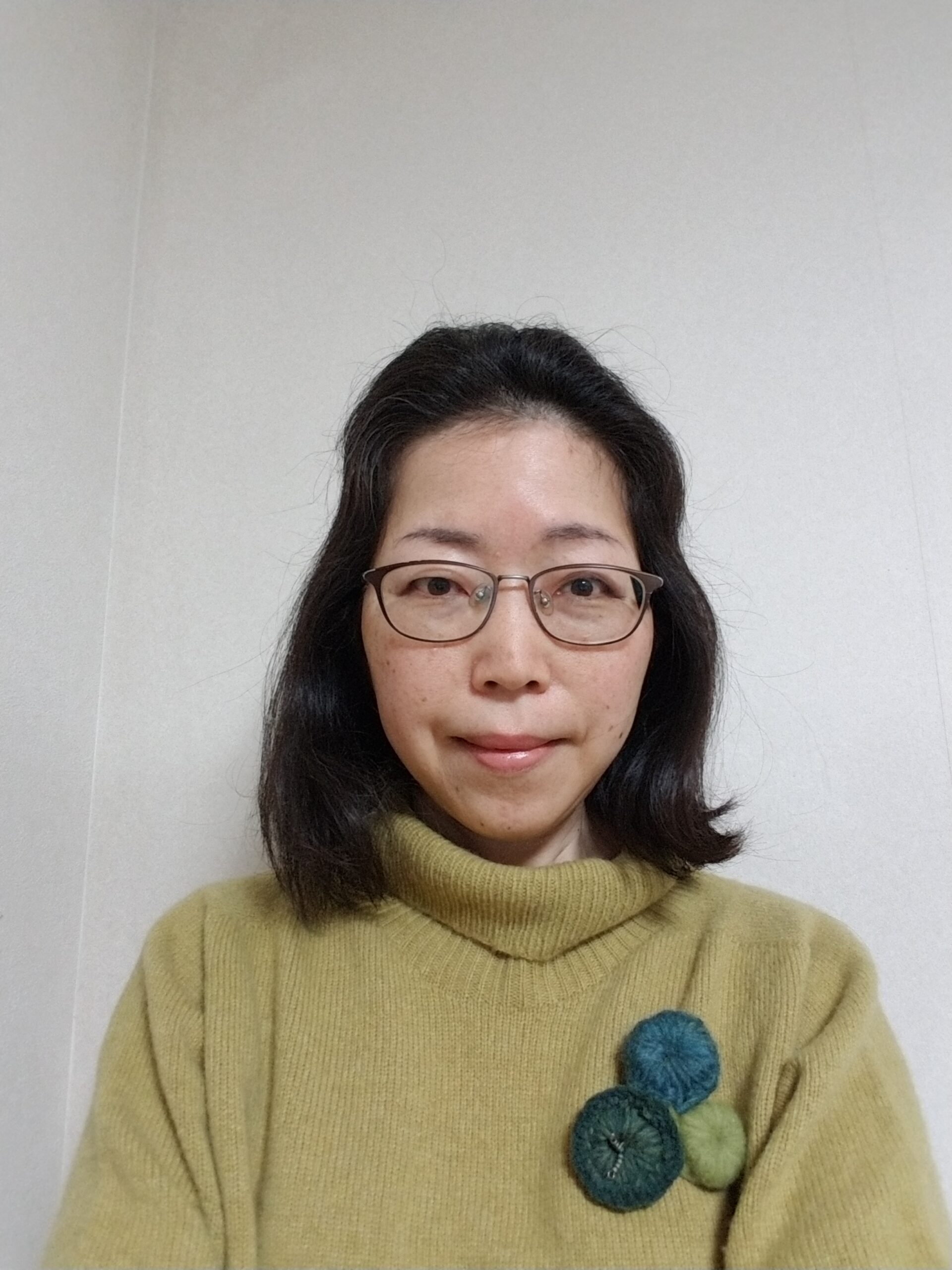The Future Earth Systems of Sustainable Consumption and Production Knowledge-Action Network (SSCP KAN) is an organic community of people from many different backgrounds and experience, aiming to enable an urgent transformation in theory and practice to SCP systems. The network includes academics, practitioners from the public and private sectors, government representatives, artists, and interested citizens from around the world.
Management Team
The SSCP KAN Management Team is responsible for the regular functioning of the KAN.
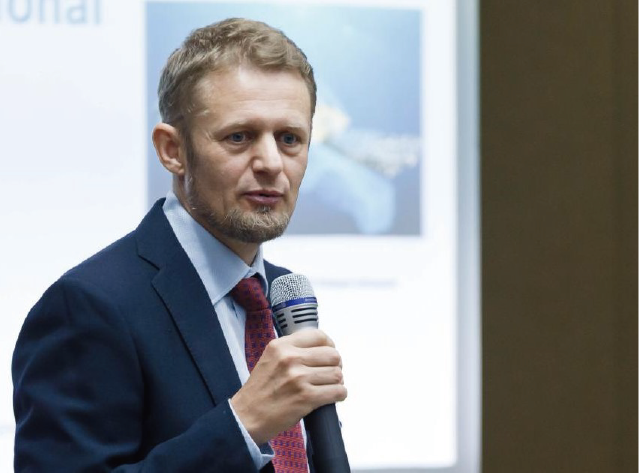




Magnus Bengtsson
Policy Lead, Hot or Cool Institute gGmbH
Full profile
Magnus has over twenty years of experience as a policy researcher and consultant advising international organisations and governments on sustainable consumption and production and circular economy. He works as policy lead at Berlin-based non-profit Hot or Cool Institute and as an independent consultant. Magnus is also a lecturer at Toyo University in Tokyo, where he is based, and a sustainability advisor to Japanese corporations as principal researcher at non-profit NELIS. Between 2007 and 2017, he worked for the Institute for Global Environmental Strategies (IGES), where he built up and led the sustainable consumption and production area. Before joining IGES, he held a post-doc position at the University of Tokyo. In addition to a PhD in Environmental Systems Analysis from Chalmers University of Technology in his native Sweden, Magnus also holds degrees in Industrial Engineering and Management, and in History.
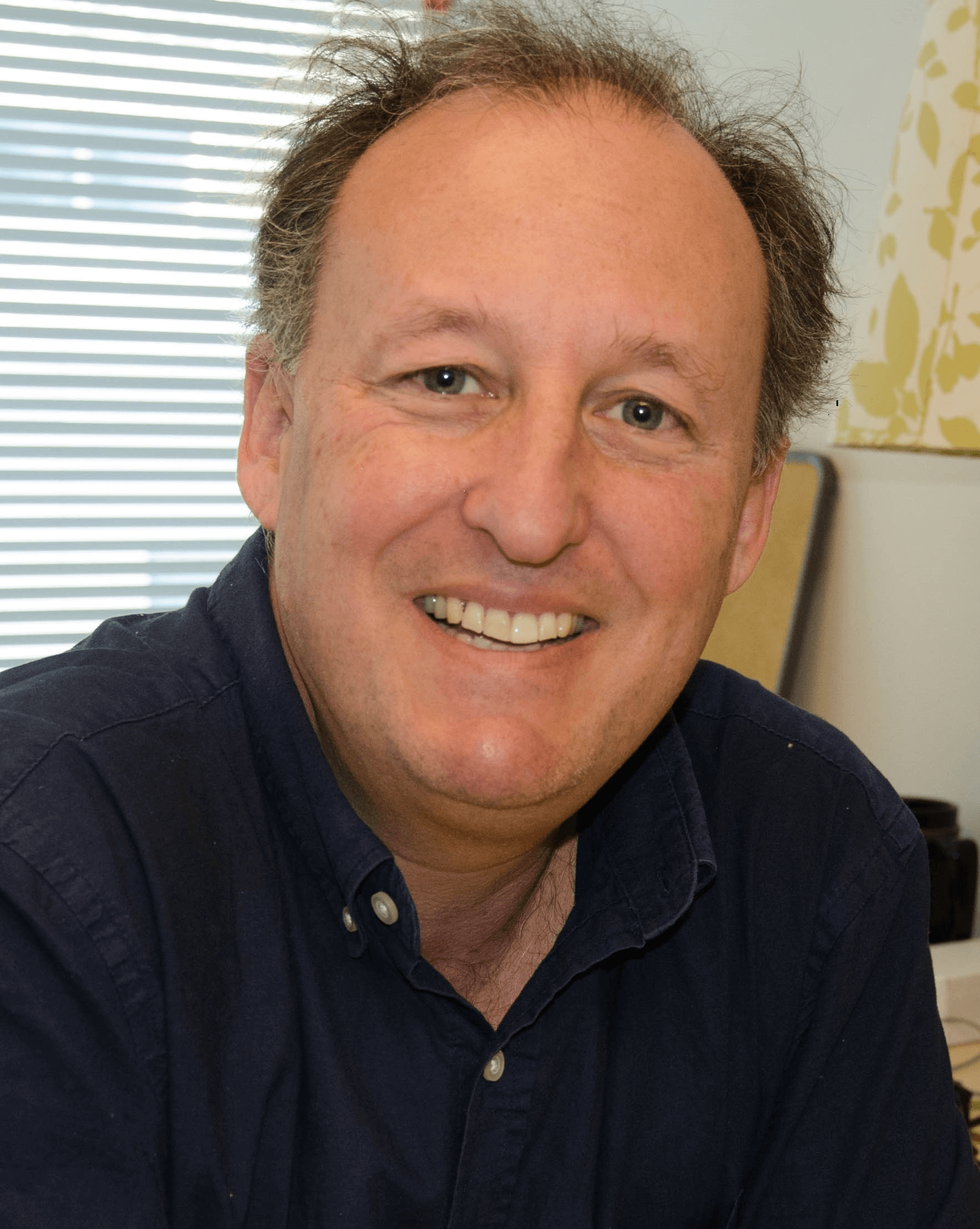


Maurie Cohen
Full profile
Maurie J. Cohen is Professor of Sustainability Studies and Director of the Program in Science, Technology, and Society at the New Jersey Institute of Technology. He is also Associate Faculty Member with the Division of Global Affairs at Rutgers University, Associate Faculty Member with the Rutgers/NJIT Urban Systems Program, and Associate Fellow at the Tellus Institute. Cohen serves as Editor of Sustainability: Science, Practice, and Policy and Associate Editor of Environmental Innovation and Sustainability Transitions and is co-founder and Management Team member of the Future Earth Knowledge-Action Network on Systems of Sustainable Consumption and Production. His books include The Future of Consumer Society: Prospects for Sustainability in the New Economy; Social Change and the Coming of Post-consumer Society; Putting Sustainability into Practice: Applications and Advances in Research on Sustainable Consumption; Innovations in Sustainable Consumption: New Economics, Socio-technical Transitions and Social Practices; and Exploring Sustainable Consumption: Environmental Policy and the Social Sciences. Cohen received his PhD. in regional science from the University of Pennsylvania in 1993.
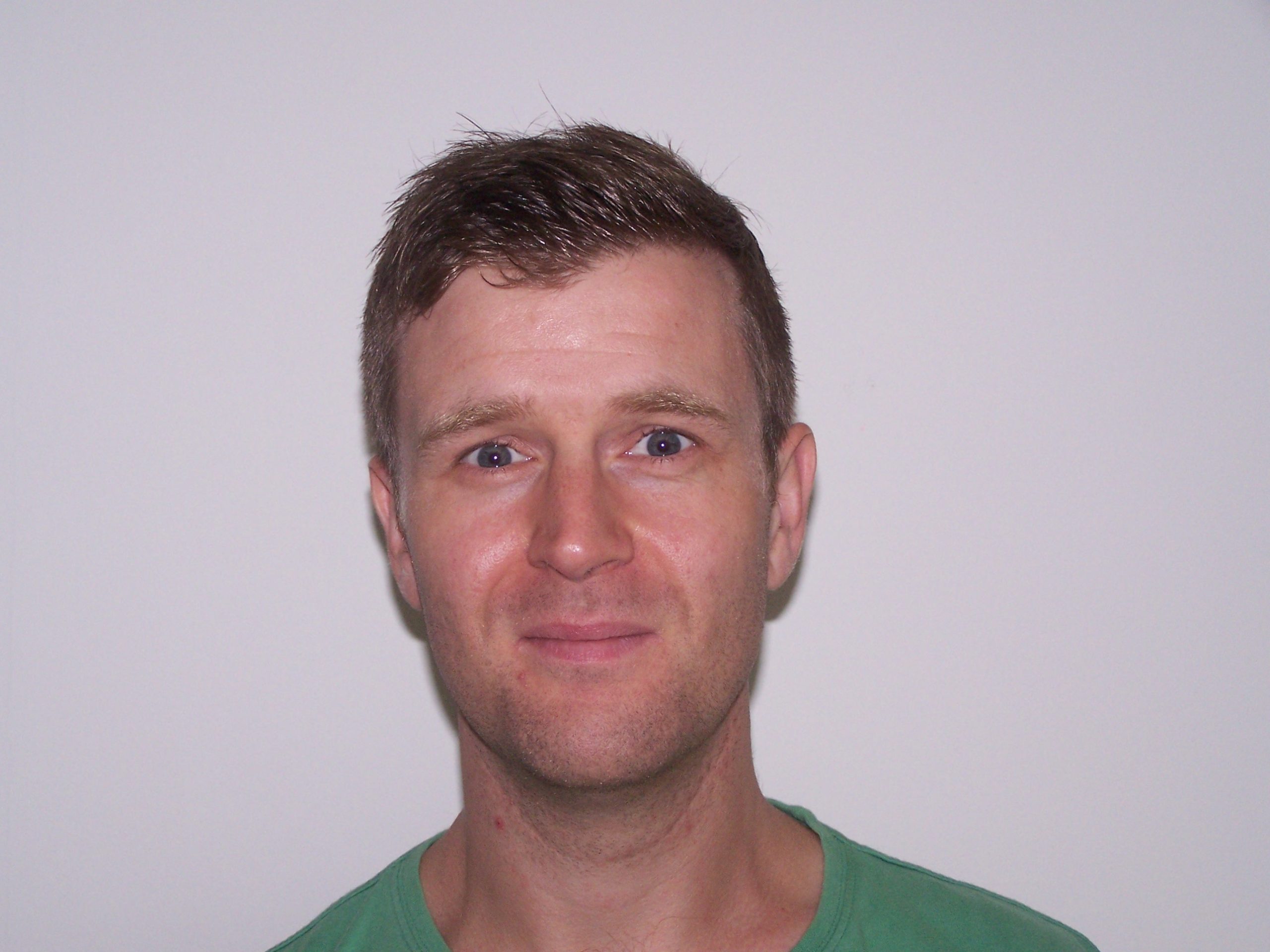







Paul Dewick
Professor of Sustainability, Faculty of Business and Law, Manchester Metropolitan University, UK
Full profile
I am Professor of Sustainability at Manchester Metropolitan University. My research explores the role of innovation in systems of sustainable consumption and production. Much of my past work has looked at eco-innovation in the food and built environment sectors. More recently I've explored the factors facilitating and hindering the circular economy, and the sustainability implications of innovations stimulated by crises. I am a Senior Honorary Research Fellow at the Manchester Institute of Innovation Research, The University of Manchester, and elected member of the Steering Committee of Future Earth's Knowledge Action Network on Systems of Sustainable Consumption and Production (KANSSCP). I co-chair Future Earth's KANSSCP Working Group on the Circular Economy. I am a member of the editorial board of Springer’s ‘Circular Economy and Sustainability’ journal.
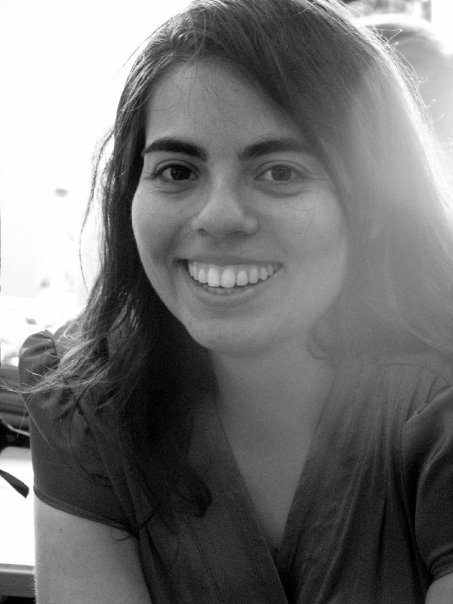







Georgina Guillen-Hanson
Co-Chair, Future Earth SSCP KAN, Researcher, Gamification Group - Tampere University
Full profile
Georgina (Ginnie) is currently exploring gamification to enable consumption practice shifts towards more sustainable ones. Currently working as a PhD researcher at the Gamification Group (Tampere University, Finland), she has always been interested in translating research findings into applicable “everyday language.” Building upon her +20 year-experience in the private and not-for-profit sectors in all continents, her work covers a wide array of topics that include citizen engagement and education, human-centered design processes, communication, and the power of media. Before joining the Gamification Group, as a cohort of the Collaborating Center on Sustainable Consumption and Production in Germany (2010-2019), she directed projects for SWITCH Africa Green and developed and managed a portfolio of projects that included collaboration with multilateral organizations such as the United Nations Staff System College, the German Ministry for Economic Cooperation and Development, the European Union, and various private actors. Earlier, she managed the sustainability and social communication unit at Grupo Salinas in Mexico, supported the business development of various social enterprises in Estonia, and worked as a communication officer for ABN AMRO Bank (The Netherlands). She holds an MSc in strategic leadership towards sustainability (Sweden), a Master in marketing and business direction (Spain), and a Bachelor in political science (Mexico). Ginnie is also part of the Forum Visions in Action, and coaches youth-led organizations and individuals in their efforts to enable more sustainable ways of living.
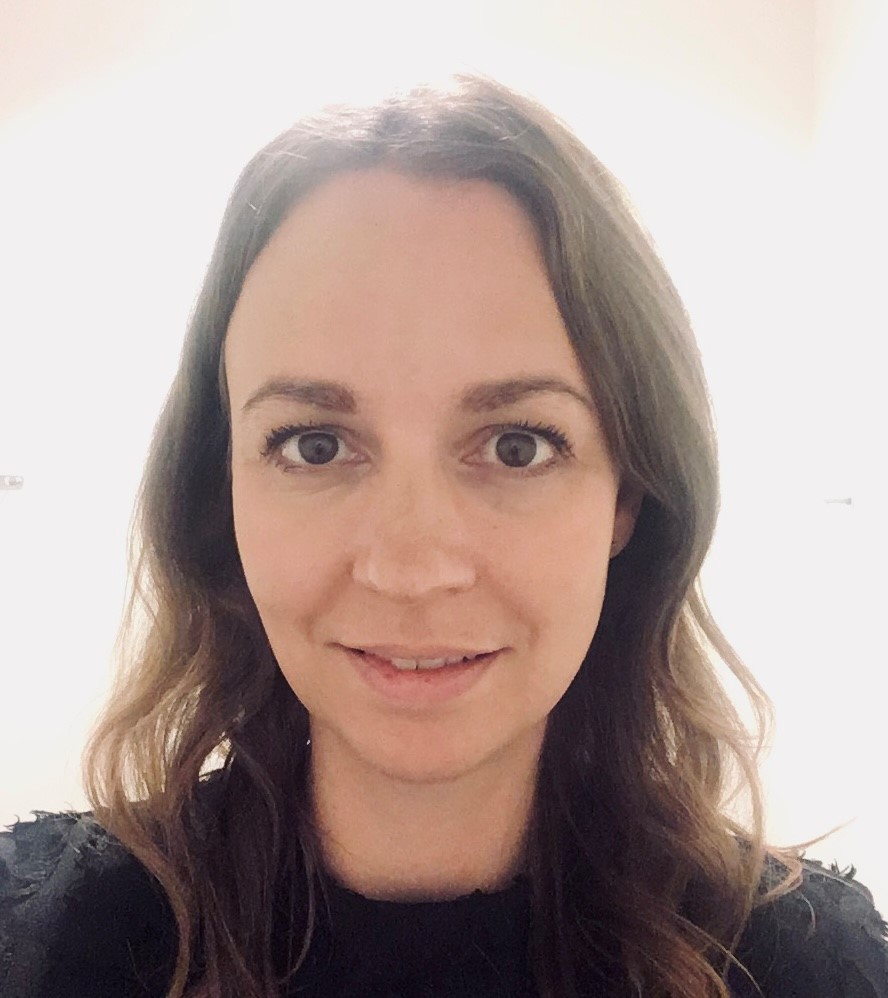









Charlotte Louise Jensen
Analyst, CONCITO
Full profile
Charlotte works at Denmark's leading climate think tank, CONCITO, which purpose is to translate knowledge into action by channeling science and knowledge-based analyses and information on pathways towards a net-zero emission and climate robust society. Working across CONCITOs programmatic focus areas, Charlotte works with promoting sustainable, climate-friendly consumption and lifestyles.
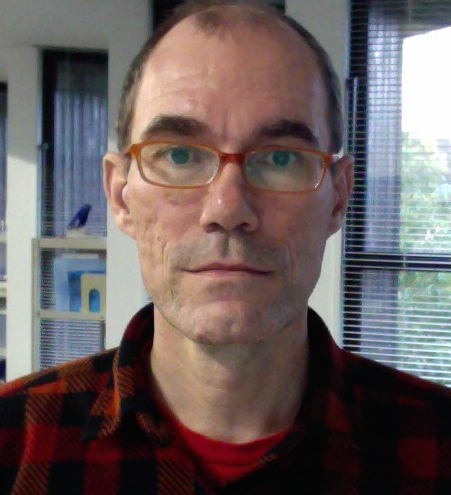



Hein Mallee
Senior Advisor
Full profile
Hein Mallee is a social scientist working on ecohealth and natural resource governance. He has worked as a practitioner in China and Southeast Asia and is now based in Japan.
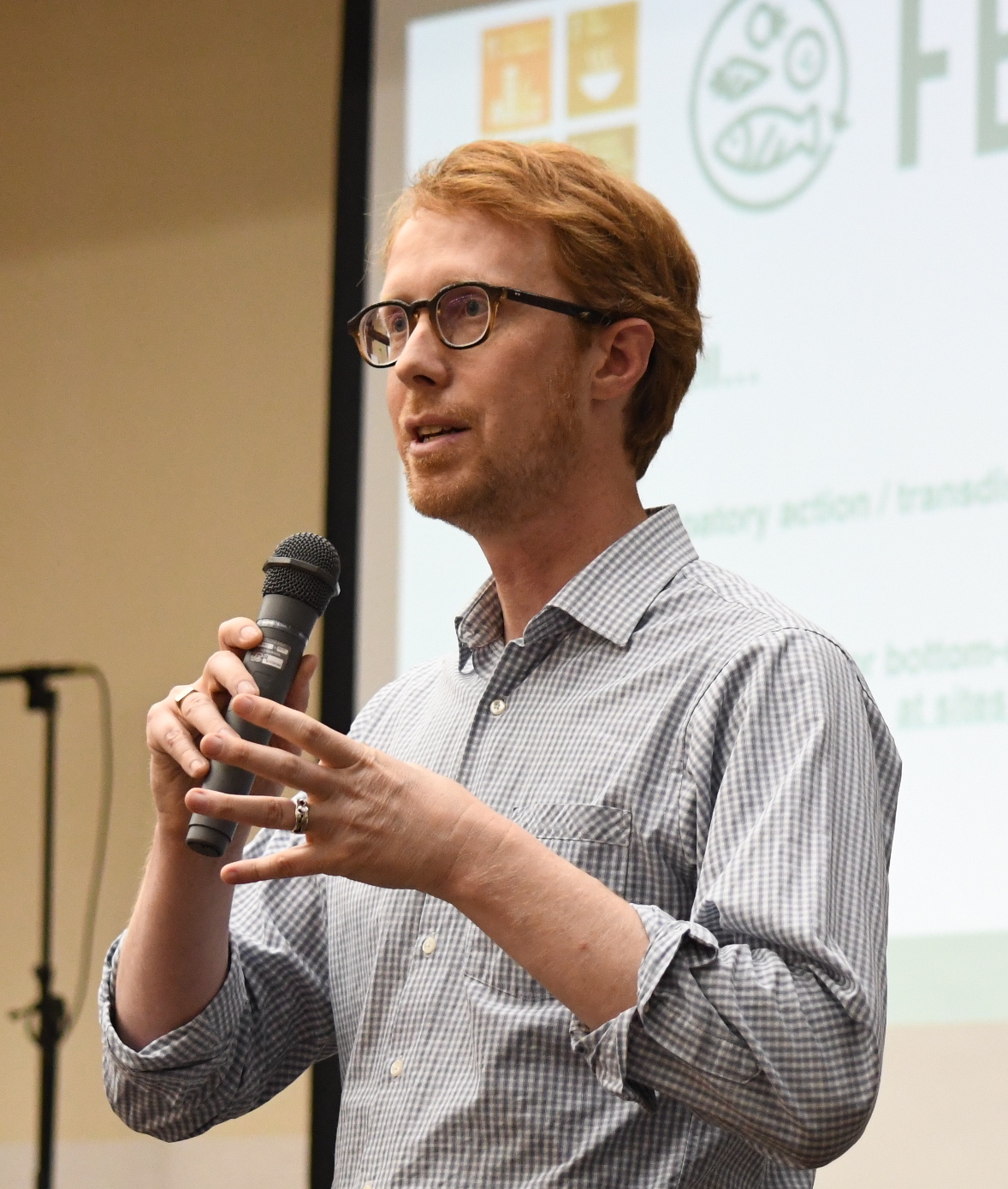



Steven R. McGreevy
Co-Chair, Future Earth SSCP KAN; Assistant Professor of Institutional Rurban Sustainability Studies, University of Twente; Visiting Associate Professor, Research Institute for Humanity and Nature
Full profile
Steven McGreevy is an environmental sociologist and assistant professor of institutional rurban sustainability studies at the University of Twente (and visiting associate professor at the Research Institute for Humanity and Nature-RIHN). He has a background in agriculture, rural sustainable development, and environmental education. His research focuses on novel approaches to rural revitalization that utilize local natural resources, sustainable knowledge dynamics, sustainable agrifood and energy transition, and the relinking of patterns of food consumption and production in local communities. He recently finished a five-year RIHN research project entitled “Lifeworlds of Sustainable Food Consumption and Production: Agrifood Systems in Transition.”
Steering Committee
The Steering Committee oversees all of the work and other activities of the KAN.
Co-chairs








Georgina Guillen-Hanson
Co-Chair, Future Earth SSCP KAN, Researcher, Gamification Group - Tampere University
Full profile
Georgina (Ginnie) is currently exploring gamification to enable consumption practice shifts towards more sustainable ones. Currently working as a PhD researcher at the Gamification Group (Tampere University, Finland), she has always been interested in translating research findings into applicable “everyday language.” Building upon her +20 year-experience in the private and not-for-profit sectors in all continents, her work covers a wide array of topics that include citizen engagement and education, human-centered design processes, communication, and the power of media. Before joining the Gamification Group, as a cohort of the Collaborating Center on Sustainable Consumption and Production in Germany (2010-2019), she directed projects for SWITCH Africa Green and developed and managed a portfolio of projects that included collaboration with multilateral organizations such as the United Nations Staff System College, the German Ministry for Economic Cooperation and Development, the European Union, and various private actors. Earlier, she managed the sustainability and social communication unit at Grupo Salinas in Mexico, supported the business development of various social enterprises in Estonia, and worked as a communication officer for ABN AMRO Bank (The Netherlands). She holds an MSc in strategic leadership towards sustainability (Sweden), a Master in marketing and business direction (Spain), and a Bachelor in political science (Mexico). Ginnie is also part of the Forum Visions in Action, and coaches youth-led organizations and individuals in their efforts to enable more sustainable ways of living.




Steven R. McGreevy
Co-Chair, Future Earth SSCP KAN; Assistant Professor of Institutional Rurban Sustainability Studies, University of Twente; Visiting Associate Professor, Research Institute for Humanity and Nature
Full profile
Steven McGreevy is an environmental sociologist and assistant professor of institutional rurban sustainability studies at the University of Twente (and visiting associate professor at the Research Institute for Humanity and Nature-RIHN). He has a background in agriculture, rural sustainable development, and environmental education. His research focuses on novel approaches to rural revitalization that utilize local natural resources, sustainable knowledge dynamics, sustainable agrifood and energy transition, and the relinking of patterns of food consumption and production in local communities. He recently finished a five-year RIHN research project entitled “Lifeworlds of Sustainable Food Consumption and Production: Agrifood Systems in Transition.”
Members
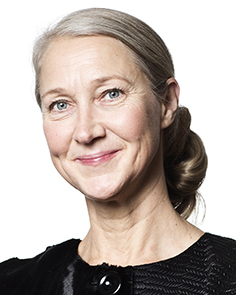





Eva Alfredsson
Researcher, Royal Institute of Technology, KTH
Full profile
Eva Alfredsson is a policy analyst at the Swedish Agency for Growth Policy Analysis commissioned by the Swedish government to provide the government with an advanced knowledge base and recommendations to develop the state’s work to promote sustainable growth and business development. Eva’s work at Growth analysis focus on issues related to the green transition of industry. Eva has taken part in several parliamentary inquiries as an expert. Last one being the Swedish government committee (M 2010:04) developing a climate policy framework which passed as a climate law in 2018. Eva is also a part time researcher at the Royal Institute of Technology, KTH, at the department for Strategic Sustainability Studies. There she has been part of a group of researchers exploring scenarios for sustainable development beyond traditional BNP-growth. Currently she is involved in a research project reviewing the climate co-benefits literature. Eva is a senior advisor at the think tank Global Challenges where she led an expert group exploring the Green Economy ahead of Rio+20. The investigation resulted in a prestudy “The Inclusive Green Economy — Shaping society to serve sustainability — minor adjustments or a paradigm shift? (2014). Eva received her PhD at Umeå University in 2002, at the Environmental Spatial Modelling Centre. Her research focused on green consumption, energy use and carbon dioxide emission using a micro-simulation model in which the rebound effect was internalized. Eva´s research interest is on how to transit to an inclusive pluralistic green economy - at the required speed.
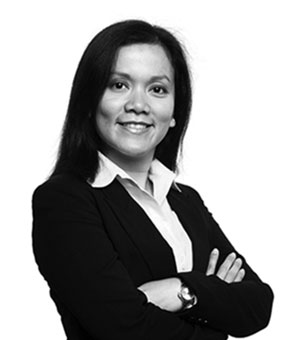



Kartika Anggraeni
Project manager, Collaborating Centre on Sustainable Consumption and Production (CSCP)
Full profile
Kartika Anggraeni is a project manager at the CSCP in Wuppertal, Germany. Her work focuses on development of a sustainable MSME sector in developing countries, particularly in Africa and Asia. Through her extensive work with the EU SWITCH Programmes in Asia and Africa (2012 – now) she has collected experiences and expertise in fields of sustainability, covering sustainable supply/value chain, SDGs, green finance, and policies. Currently she is managing two EU funded Switch Africa Green projects in Kenya and Mauritius, and one SWITCH-Asia project in Kyrgyzstan. The three projects attempt to address the issue of sustainability in the value chains, from producers to intermediaries and to end consumers.








Magnus Bengtsson
Policy Lead, Hot or Cool Institute gGmbH
Full profile
Magnus has over twenty years of experience as a policy researcher and consultant advising international organisations and governments on sustainable consumption and production and circular economy. He works as policy lead at Berlin-based non-profit Hot or Cool Institute and as an independent consultant. Magnus is also a lecturer at Toyo University in Tokyo, where he is based, and a sustainability advisor to Japanese corporations as principal researcher at non-profit NELIS. Between 2007 and 2017, he worked for the Institute for Global Environmental Strategies (IGES), where he built up and led the sustainable consumption and production area. Before joining IGES, he held a post-doc position at the University of Tokyo. In addition to a PhD in Environmental Systems Analysis from Chalmers University of Technology in his native Sweden, Magnus also holds degrees in Industrial Engineering and Management, and in History.






Karla Brollier
Director, Climate Justice Initiative
Full profile
"Karla is an artist and systems thinker that focuses on Kincentric Ecosystems, Climate Change, Indigenous Rights, Human Rights, Women's Rights, Emerging Issues, New Economies and Systems. Karla Brollier is of the Yidateni Na' Tribe of the Ahtna Athabaskan peoples, she was born and raised in Alaska where she obtained her undergraduate degree as well as an MBA. Karla is the Co-founder and Senior Consultant for Saghani Consulting, which is an emergent economy, social justice and climate impact consulting firm that works with clients to assess, develop, and implement strategies, initiatives, policies and to conduct research and evaluation the world’s most urgent social and environmental challenges. She is also the Founder and Director of The Climate Justice Initiative, which focuses on Indigenous Peoples, Human Rights and Climate Change. The Climate Justice Initiative is the first and only Indigenous led and focused climate change organization in the United States that protects both environmental and human rights, and the only Indigenous women-led and focused climate change organization in the US. Karla is a catalyst in the climate and human rights movement in both the public and private sectors; she has spent much of her career consulting and working in emergent issues such as policy, economic models, environmental justice and has worked with the Climate Reality Project, the UN & directly with several US administrations and a multitude of international and nationally based climate change related programs and groups such as for the former VP Al Gore and the World Economic Forum. Karla has given plenary presentation at the international level including the WEF, presented at the United Nations, lectured at multiple universities, as well as facilitates and teaches workshops and classes around the globe. She has won multiple awards including the Female Founders Alliance 2020 Champion Awards and the 2020 Women of Color Collective in Sustainability Award. She serves on the Executive Committee of the Institute of the North, Committee of the Future Earth Knowledge Action Network on Sustainability, and the Governor appointee for the Natural Resources Conservation and Development Board. She is a current fellow as a Heller International Fellow, a Women’s Earth Alliance Fellow with TNC and Earth Island Institute. "
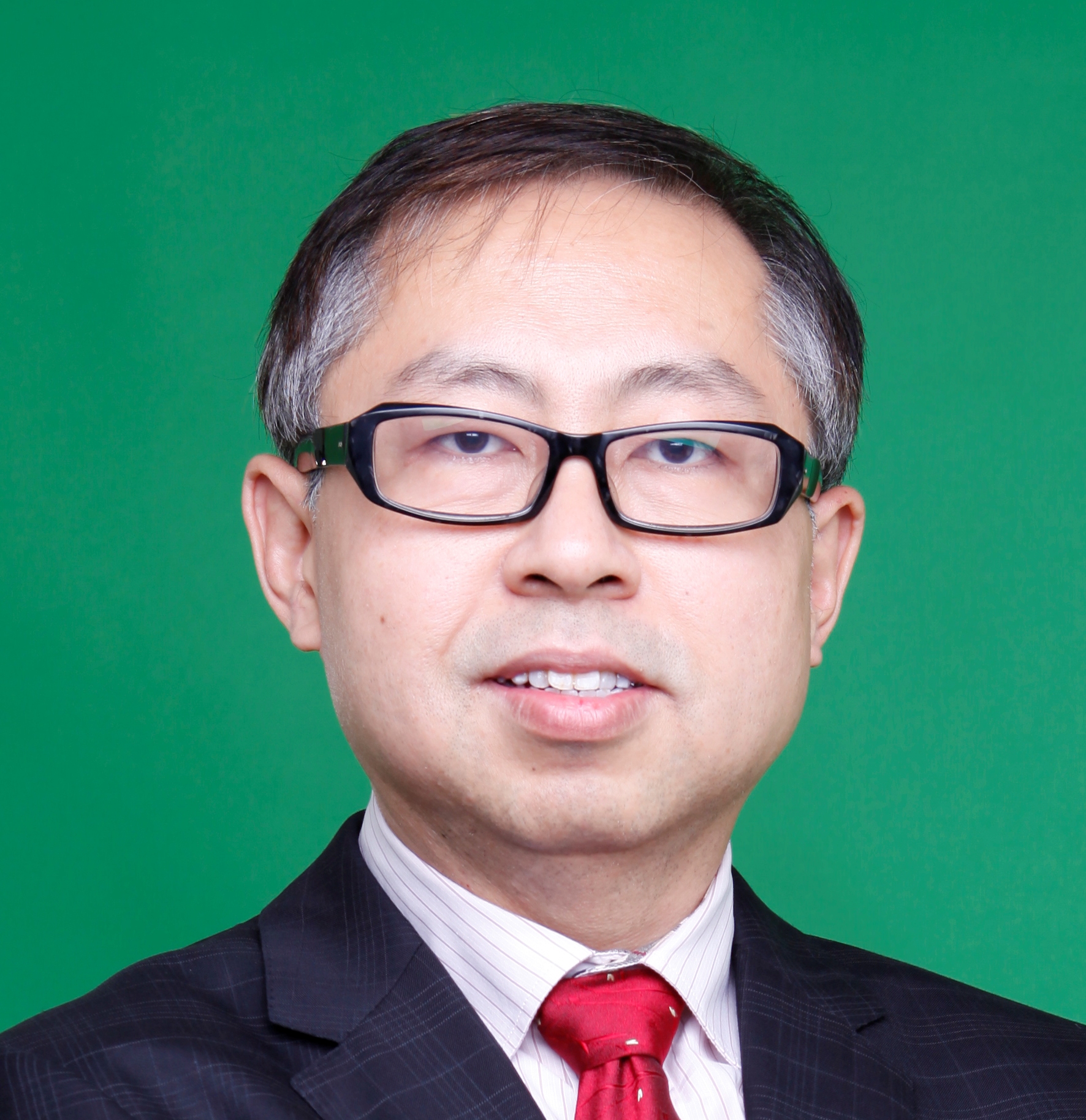


(Anthony) Shun Fung Chiu
Professor, De La Salle University
Full profile
Dr. (Anthony) Chiu is University Fellow and Professor at De La Salle University. He is a member of the United Nations International Resource Panel, and a member of the Future Earth KAN on Systems of Sustainable Consumption and Production. Professor Chiu has advised doctoral research works and published more than 200 papers, book chapters, and keynote documents in the field of Sustainable Consumption and Production (SCP), Resource Efficient and Cleaner Production (RECP), and Industrial Ecology / Eco-industrial Development (EID). He is also a Philippine Permanent Delegate to the United Nations 3R Summit, and member of the Philippine Delegation to Rio+20, SDG Roadmap, CSD19, etc. He served as member of the National Pollution Adjudication Board (Pollution Court) from 2004 to 2016. He is the founding vice-chair of the Industrial Engineering Certification Board. Professor Chiu is the first Philippine awardee of the American Society of Mechanical Engineers as outstanding international correspondent, and the first Philippine ASEAN Engineer in the field of Industrial Engineering from academe.
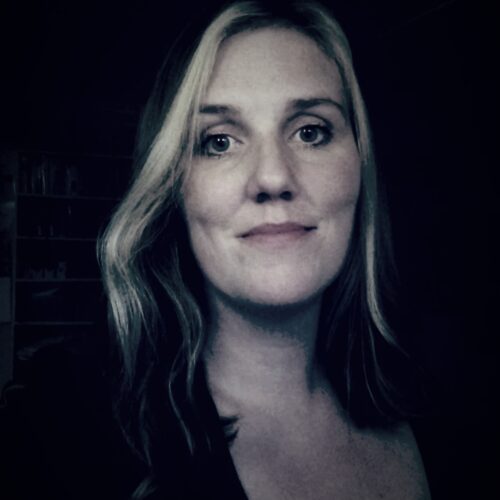



Ashley Colby
Co-Founder, Rizoma Field School
Full profile
Ashley Colby earned her PhD focusing on environmental sociology from Washington State University in 2018. Ashley’s book is on subsistence food production as a potentially revolutionary act that could help in the development of a future sustainable society. Ashley got her MA in sociology at WSU in 2013, and her BA in Cinema and Media Studies at the University of Chicago in 2007. She has travelled to over 30 countries on 5 continents. Ashley is currently interested in and passionate about the myriad creative ways in which people are forming new social worlds in resistance to the failures of late capitalism and resultant climate disasters. As a qualitative researcher she tends to focus on the informal spaces of innovation. She is currently pursuing research projects based in Uruguay, where she has recently founded Rizoma Field School for experiential learning on the area of sustainability and agroecology. Ashley is a new member of the Executive Board of the Sustainable Consumption Research and Action Initiative (SCORAI) based in North America.
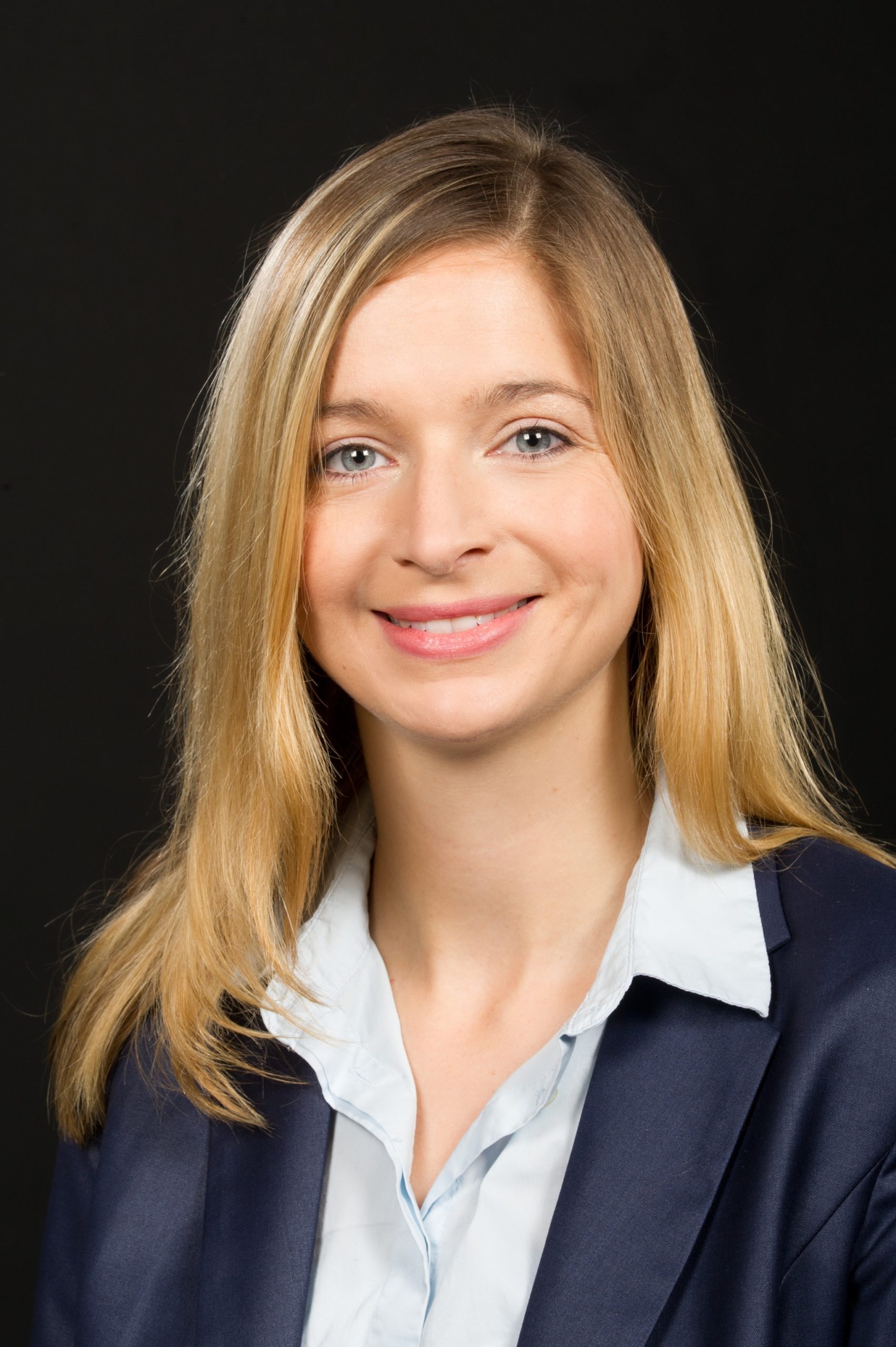







Leonie Dendler
Senior Research Fellow, German Federal Institute for Risk Assessment
Full profile
Leonie Dendler is a senior research fellow at the German Federal Institute for Risk Assessment working for the crisis prevention and coordination unit within the risk communication department. Her work focusses on stakeholder management and public engagement in regulatory science. She has previously worked for the Sustainable Consumption Institute and the Tyndall Centre for Climate Change Research at the University of Manchester (UK) and Fudan University (China). An environmental scientist by training with a PhD from Manchester Business School (UK), her wider research interest lies in understanding institutional change processes across international consumption and production systems with a particular focus on food. She is a member of the FE KAN working groups on communication and SCP in cities.








Paul Dewick
Professor of Sustainability, Faculty of Business and Law, Manchester Metropolitan University, UK
Full profile
I am Professor of Sustainability at Manchester Metropolitan University. My research explores the role of innovation in systems of sustainable consumption and production. Much of my past work has looked at eco-innovation in the food and built environment sectors. More recently I've explored the factors facilitating and hindering the circular economy, and the sustainability implications of innovations stimulated by crises. I am a Senior Honorary Research Fellow at the Manchester Institute of Innovation Research, The University of Manchester, and elected member of the Steering Committee of Future Earth's Knowledge Action Network on Systems of Sustainable Consumption and Production (KANSSCP). I co-chair Future Earth's KANSSCP Working Group on the Circular Economy. I am a member of the editorial board of Springer’s ‘Circular Economy and Sustainability’ journal.
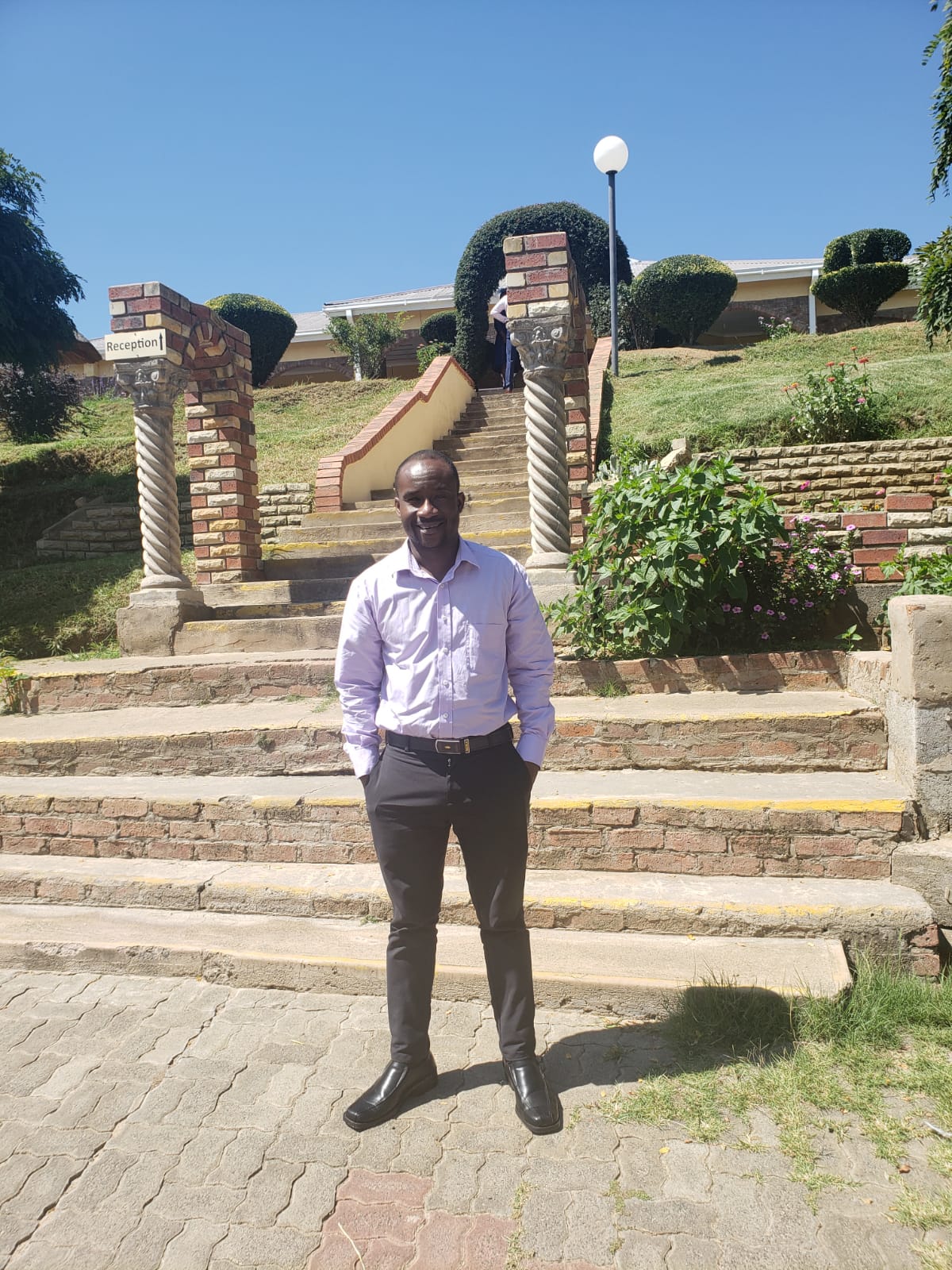







Felix Donkor
Post-doc, University of South Africa (UNISA)
Full profile
"Felix Kwabena Donkor is a research fellow at the College of Agriculture and Environmental Sciences (UNISA), South Africa. He serves on the advisory board of the joint African Union and European Union HAQAA (Harmonisation of African Higher Education Quality Assurance and Accreditation) Initiative. He is the immediate past vice-chair for CQAB (Course Quality Advisory Board) of the Erasmus Mundus Students and Alumni Association (EMA) and a member of its PQAU (Policy and Assurance Unit). Felix completed his PhD in environmental sciences from the School of Animal, Plant and Environmental Sciences (APES), of the University of the Witwatersrand (South Africa). He is also an alumnus of the Joint European Masters in Environmental Sciences (JEMES) jointly run by Techniche Universitat Hamburg (Germany),University of Aalborg (Denmark), Aveiro University (Portugal) and Universite Autonomia Barcelona(Spain). He served as President of the Erasmus Mundus Students and alumni African Chapter and a core team member of the African Students and Alumni Forum (ASAF). His research interests include education for sustainable development, sustainable rural livelihoods, indigenous knowledge systems, and environmental governance. He has published widely on these areas as well as presented them. He served as deputy chair of the South African Adaptation Network. He is a business mentor for the Tony Elumelu Foundation Entrepreneurship Program, and a founding member of the Inala Food Sovereignty and Climate Justice Forum which champions food security and climate education amongst students. His hobbies include cycling, swimming, jogging, writing and music. "










Charlotte Louise Jensen
Analyst, CONCITO
Full profile
Charlotte works at Denmark's leading climate think tank, CONCITO, which purpose is to translate knowledge into action by channeling science and knowledge-based analyses and information on pathways towards a net-zero emission and climate robust society. Working across CONCITOs programmatic focus areas, Charlotte works with promoting sustainable, climate-friendly consumption and lifestyles.




Glenda Kasonde
Head Environment & Sustainability Assurance, Konkola Copper Mines plc
Full profile
"Eng. Glenda Mulenga Kasonde Chemical Engineer and Sustainability Professional with nearly 26 years experience in the mining industry. I am an active member of the Zambia Chamber of Mines (ZCM) HSE Committee programmes and with this experience, I am well positioned as an avid local and global networker. I have a track record of the linkages that I have facilitated between Industry, academia, Government and the community. I believe that for development to happen, we have to look for local solutions by enabling innovation and supporting this through local and international networks which I am always keen to support."
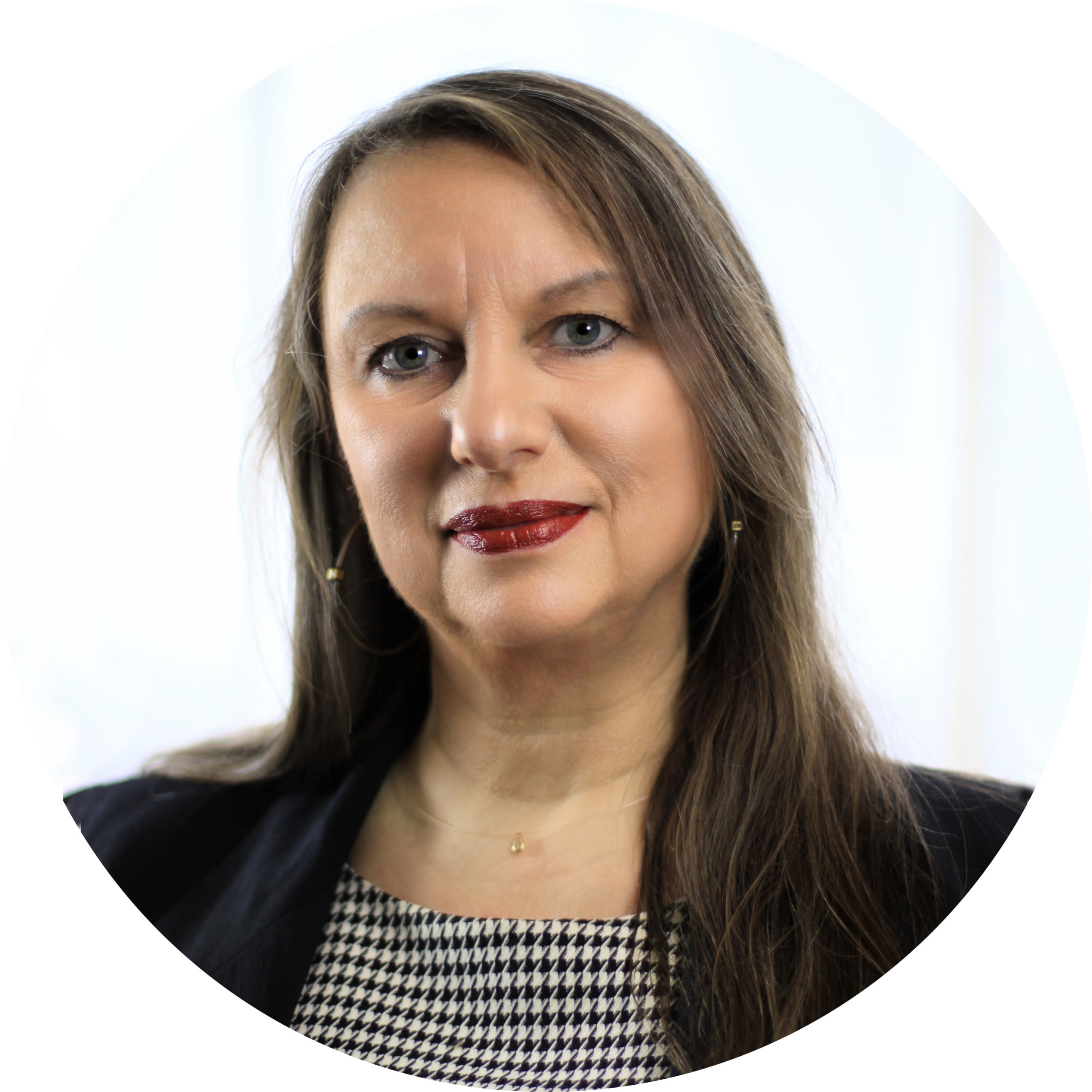


Sylvia Lorek
Chair, Sustainable Europe Research Institute, Germany
Full profile
Sylvia Lorek holds a PhD in consumer economics and is trained to work on the interlinkages of the individual micro-economic and the societal macroeconomic perspective in which the scientific and societal discourses about sustainable consumption take place. As head of SERI Germany e.V. she is working on studies and as consultant for national and international organisations. She has a lecturer position at the University of Applied Science in Münster and held classes e.g. at the University of Helsinki, the Baltic University Program (BUP) and the Asia-Europe Foundation University. Sylvia is an organising member of SCORAI Europe, the Global Research Forum on Sustainable Consumption and Production (GRF-SCP) and on board of the Society for the European Roundtable on Sustainable Consumption and Production (ERSCP).






Morakane Madiba
Funder, Uhuru Career Guidance and Learning (NPO)
Full profile
I am passionate about skills development and socio-economic and environmental development that are ethically balanced. I am also interested in seeing and understanding how people from different background navigate the academic, social and business pathways and how these pathways implicate culture, relations, agency, gender, identity, and race. The goal is to ensure they are all equally equipped competitively for both local and international markets, where Ubuntu and professional ethics are put to the fore.
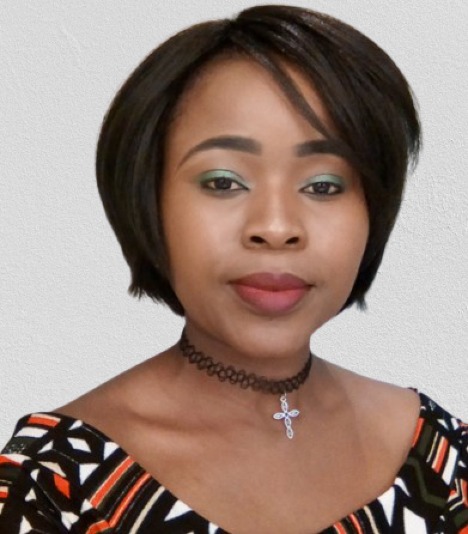





Tebogo Mashifana
Senior Lecturer, University of Johannesburg
Full profile
Dr. Tebogo Mashifana is a Senior Lecturer at the University of Johannesburg: Department of Chemical Engineering. She holds a Doctoral degree in Civil Engineering, a Master of Business Administration degree, a Postgraduate Diploma in Higher Education, and a certificate in Artificial Intelligence for Industry. Her research area is in solids wastes beneficiation to convert waste materials to value-added products and wastewater treatment. She has a great interest in developing sustainable, cost-effective, environmentally friendly, and suitable solutions to convert waste materials to useful and value-added products. Dr. Mashifana's research also focuses on resource recovery from wastes, working towards achieving Sustainable Development Goals 12 and 13.
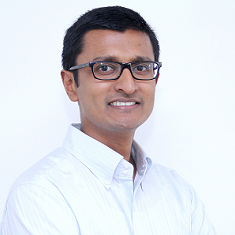





Manu V. Mathai
Associate Professor, Azim Premji University
Full profile
Manu V. Mathai is an associate professor in the School of Development at Azim Premji University. His work problematizes the dominant development narrative and explores alternatives that advance justice in human well-being outcomes on a shared and finite planet. His areas of interest include sustainable production-consumption systems, sustainable energy, local governance and technology choice. Prior to Azim Premji University, he taught at the United Nations University Institute of Advanced Studies (UNU-IAS) and the Rochester Institute of Technology Department of Science, Technology and Society/Public Policy, and was a research associate at the University of Delaware Center for Energy and Environmental Policy. His publications include Nuclear Power, Economic Development Discourse and the Environment: The Case of India (Routledge, 2013) and Green Growth: Ideology, Political Economy and the Alternatives (Zed Books, 2016). Manu holds a B.Sc. in Environmental Science from Bangalore University, an M.Sc. in Wildlife Science from the Wildlife Institute of India, an M.P.P. from the University of Maryland and a PhD in Energy and Environmental Policy, from the University of Delaware.
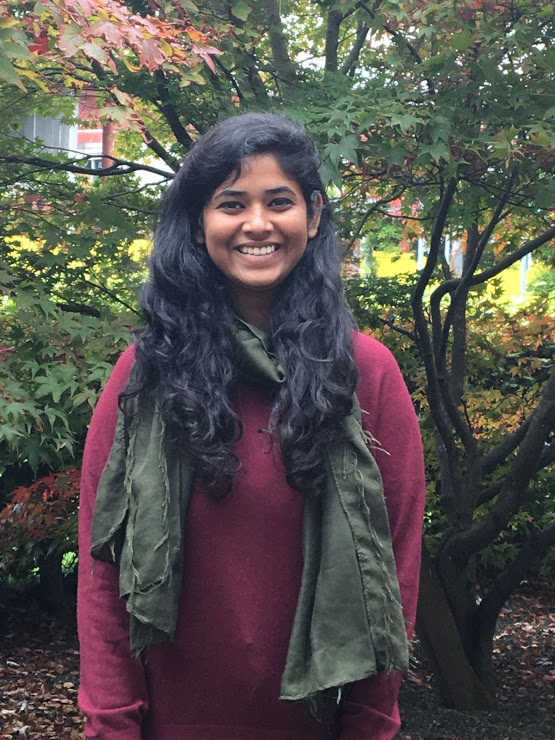



Shruti Neelakantan
Marie Sklodowska-Curie fellow, Dublin City University
Full profile
Shruti Neelakantan is a Marie Sklodowska-Curie fellow part of the European Training Network H2020 at the Dublin City University. Her research is built on the theme of India and environment politics and through an examination of state-level climate plans, she explores the role of international donor Indian sub-national climate policy. Interested in climate change policy, politics, and related projects.
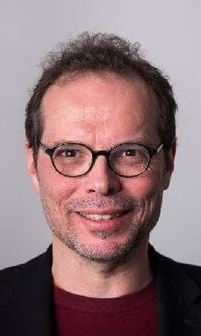




Jaco Quist
Assistant Professor, TU Delft
Full profile
Jaco Quist is an assistant professor in Sustainable Innovation and Transitions at the Technology, Policy & Management Faculty, Delft University of Technology. He has completed a dissertation on participatory backcasting that was published by Eburon Publishers in 2007 entitled Backcasting for a sustainable future: the impact after 10 years (see www.eburon.nl or repository.tudelft.nl). His research and teaching evolves around sustainable innovation and transitions, in particular around participatory visioning, backcasting and transition management. His research includes: (i) Making visions for transitions, e.g. through applying participatory backcasting and transition management, developing specific tools, methods and modelling for this; (ii) Evaluating the impact of visioning processes, not only shortly after completion and how these have been turned into pathways, but also five to ten years later, and (iii) Vision dynamics in emerging niches and transitions. The includes how emerging visions relate to social innovation, learning, sustainable consumption and new business models. Work is done on Sustainable Consumption and Production (SCP), Circular Economy, Renewable Energy, Climate Adaptation, and Urban Agriculture and Food. Jaco Quist has been the (co)editor of special issues in Technological forecasting (2011, on “Backcasting for sustainable futures”) and in the Journal of Cleaner Production in2013 (on “sustainable Innovation & Sustainable business models” and on “Learning and Collaboration for Sustainable Innovation and Consumption”), and in 2019 (forthcoming, SCP in a Circular Economy).
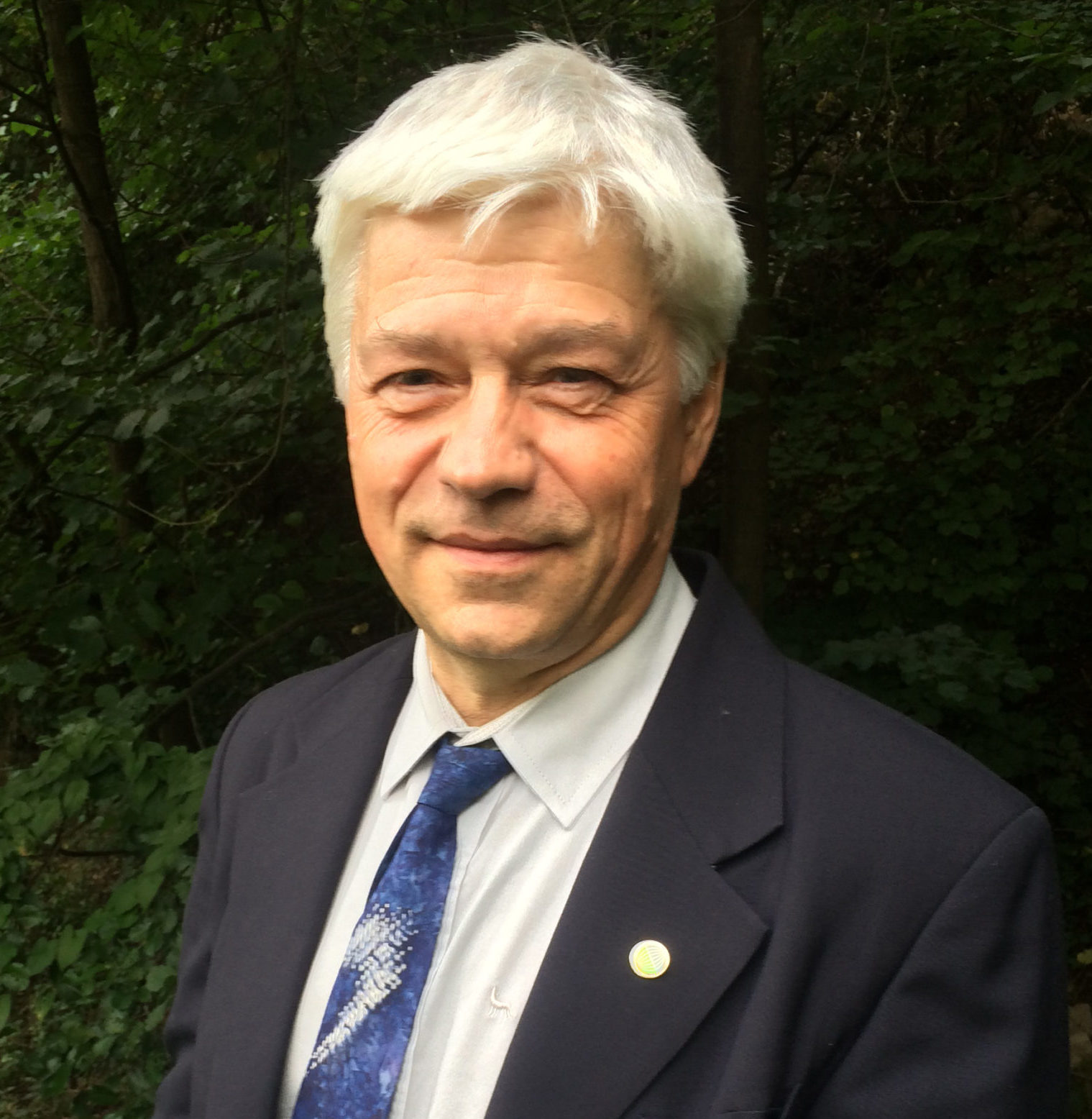


Thomas Anton Reuter
Professor, University of Melbourne
Full profile
Prof Dr Reuter is an anthropologist at the University of Melbourne with a research focus on transformative social change and sustainability in Asia and beyond. He is on the board of the World Academy (WAAS), past chair of the World Council of Anthropological Associations and former executive member of the International Science Council. He is a frequent advisor to international organisations and national governments, and has published 15 books as well as more than 150 articles.
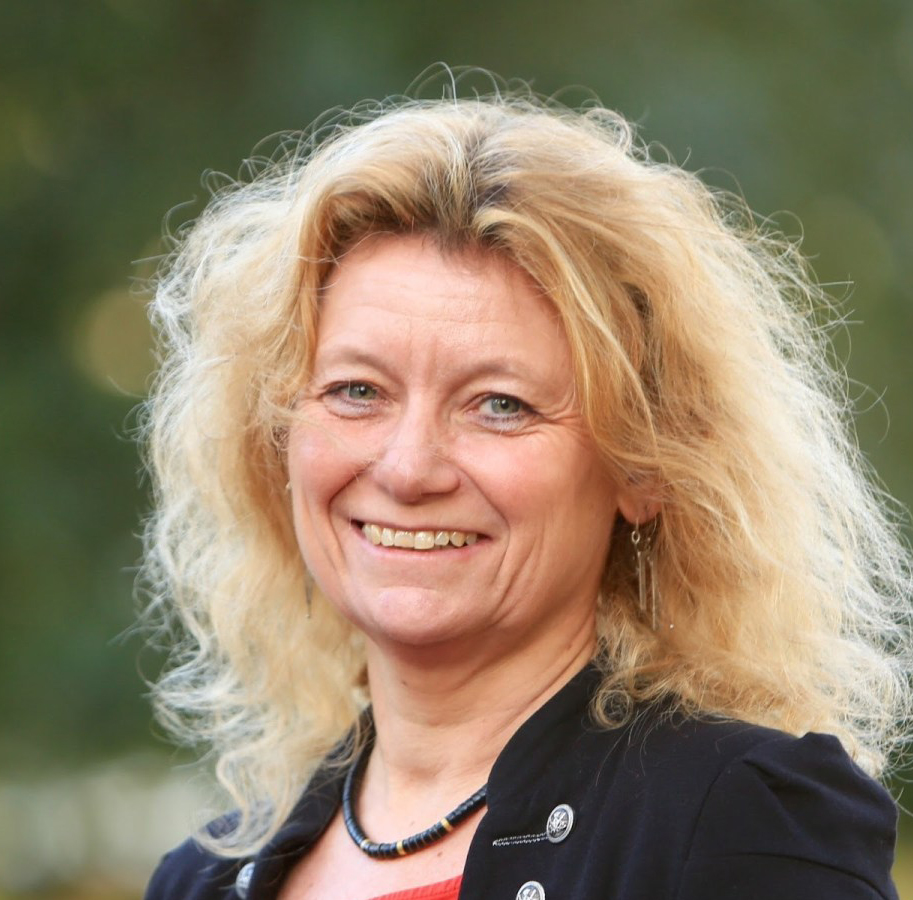





Leida Rijnhout
Owner and Independent Consultant, Leapfrog2SD
Full profile
Leida Rijnhout is a national Dutch and has a background in cultural anthropology with more than 30 years of experience in international development cooperation (focus on rural development in Bolivia) and sustainability. For many years, she facilitated and coordinated the global NGO community to realise their active engagement in United Nations processes on Sustainable Development and Environment. For that reason, she was heavily involved at and in the preparations of the Summit on Sustainable Development in 2002 (Johannesburg), at Rio+20 in 2012 (Rio de Janeiro) and in the development of the UN 2030 Sustainable Development Agenda, including the Sustainable Development Goals. She is the European Focal Point for civil society in Europe, in the 10-year Framework on Sustainable Consumption and Production (UNEP). And was the representative for the Environmental NGOs at the OECD, until shortly. At UNEA2 (2016) and UNEA3 (2017) she is the co-chair of the Major Group Facilitating Committee, and the main contact for UNEA and member states for the civil society groups. She was Director Global Policies and Sustainability at the European Environmental Bureau (EEB), and since September 2016 program coordinator Resource Justice and Sustainability at Friends of the Earth Europe. She is member of the High Level Steering Group of the European Innovation Partnership on Raw Materials. She initiated a broad alliance of civil society organisations SDG Watch Europe and is member of the Steering Group. As representative for this alliance she is also member of the EU Multi Stakeholder Platform on the implementation of the 2030 Agenda, chaired by EU Vice President Frans Timmermans. Leida was also coordinator of an international think tank on ecological debt and environmental justice. She is full member of the Club of Rome, EU Chapter. She is member of the SSCP group, working on macro economics. She always combined scientific research work, activists’ approaches, field experiences and policy work. She wrote many articles and chapters of books on strong sustainability and speaks Dutch, English and Spanish.
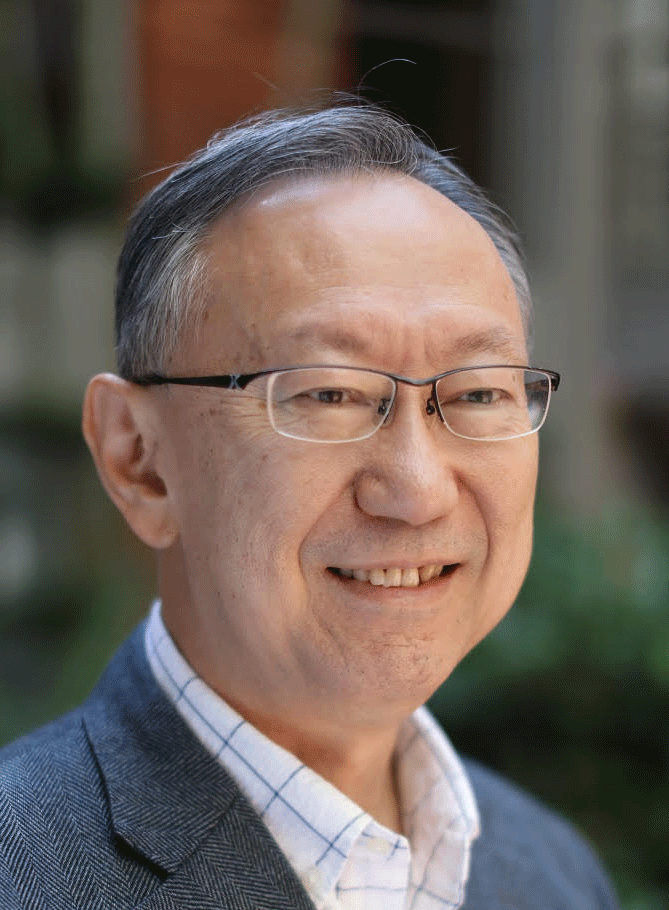



Daigee Shaw
Research Fellow, Institute of Economics, Academia Sinica
Full profile
Daigee Shaw, Research Fellow at the Institute of Economics, Academia Sinica in Taipei, specialized in economic analysis and policy analysis related to natural resources, environmental quality, and sustainability issues. Dr. Shaw has served as President of Chung-Hua Institution for Economic Research from 2006 to 2011, President of the East Asian Association of Environmental and Resource Economics during 2012 and 2013, President of the Chinese Regional Science Association-Taiwan from 2011 to 2013, and President of the Taiwan Association of Environmental and Resource Economics during 2014, 2015, 2018 and 2019. Dr. Shaw is also Professor in National Cheng-Chi University and National Taipei University. Dr. Shaw has published many articles in a number of professional journals, including American Economic Review, Journal of Econometrics, Journal of Environmental Economics and Management, Environmental Economics and Policy Studies, Natural Hazards, Energy Policy, and Risk Analysis. Dr. Shaw won the Ministry of Education Academic Award for Distinguished Scholarship in 1995. He received his Ph.D. in resource policy, economics and management from the University of Michigan in 1985.
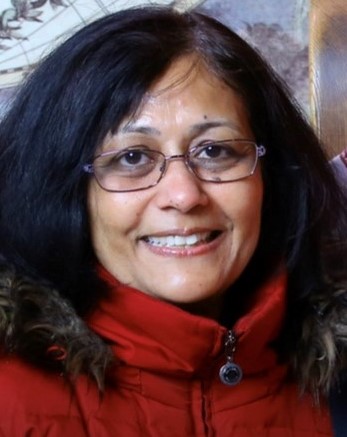



Renuka Thakore
University College of Estate Management
Full profile
Dr Renuka Thakore is the Founder of Global Sustainable Futures: Progress through Partnership Network to achieve Sustainable Development Agenda 2030 targets. She provides a collaborative platform for innovative and transdisciplinary partnerships and capacity development for early career researchers joined by senior experienced researchers from Global South and Global North. Dr Thakore believes in broader concept and uses multi-dimensional lens (social, economic, environmental, political, institutional, cultural, and technological) of sustainability, theoretical framings, and innovations to address the problems of societal systems and propagates this through various activities – research, teaching, and practice. She encourages systems thinking, engagement and active participation of multiple stakeholders for effective governance and management for sustainable transformations, use of transdisciplinary research methodology to co-create solutions that are multi-modal and ‘value-added’ to relevant stakeholders.
Political Economy of Sustainable Consumption and Production






Eva Alfredsson
Researcher, Royal Institute of Technology, KTH
Full profile
Eva Alfredsson is a policy analyst at the Swedish Agency for Growth Policy Analysis commissioned by the Swedish government to provide the government with an advanced knowledge base and recommendations to develop the state’s work to promote sustainable growth and business development. Eva’s work at Growth analysis focus on issues related to the green transition of industry. Eva has taken part in several parliamentary inquiries as an expert. Last one being the Swedish government committee (M 2010:04) developing a climate policy framework which passed as a climate law in 2018. Eva is also a part time researcher at the Royal Institute of Technology, KTH, at the department for Strategic Sustainability Studies. There she has been part of a group of researchers exploring scenarios for sustainable development beyond traditional BNP-growth. Currently she is involved in a research project reviewing the climate co-benefits literature. Eva is a senior advisor at the think tank Global Challenges where she led an expert group exploring the Green Economy ahead of Rio+20. The investigation resulted in a prestudy “The Inclusive Green Economy — Shaping society to serve sustainability — minor adjustments or a paradigm shift? (2014). Eva received her PhD at Umeå University in 2002, at the Environmental Spatial Modelling Centre. Her research focused on green consumption, energy use and carbon dioxide emission using a micro-simulation model in which the rebound effect was internalized. Eva´s research interest is on how to transit to an inclusive pluralistic green economy - at the required speed.
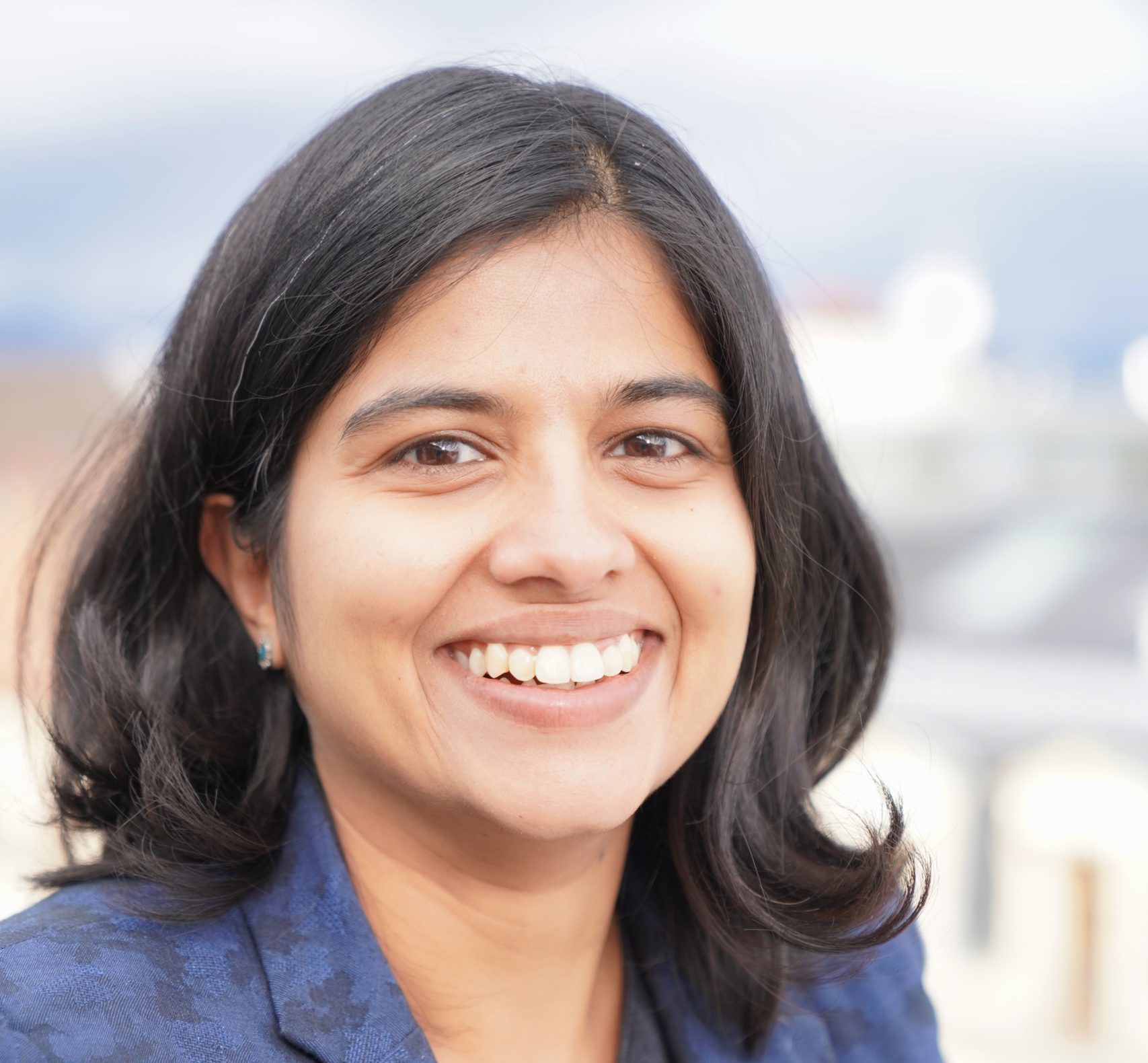





Manisha Anantharaman
Associate Professor, Saint Mary's College of California
Full profile
Manisha Anantharaman is an Associate Professor of Justice, Community and Leadership at Saint Mary’s College of California. Her research and teaching interests connect sustainability and social justice, applying participatory and ethnographic methodologies to examine how economic and political ideologies, social identities, and power relations affect how sustainability is conceptualized and enacted at multiple scales.








Magnus Bengtsson
Policy Lead, Hot or Cool Institute gGmbH
Full profile
Magnus has over twenty years of experience as a policy researcher and consultant advising international organisations and governments on sustainable consumption and production and circular economy. He works as policy lead at Berlin-based non-profit Hot or Cool Institute and as an independent consultant. Magnus is also a lecturer at Toyo University in Tokyo, where he is based, and a sustainability advisor to Japanese corporations as principal researcher at non-profit NELIS. Between 2007 and 2017, he worked for the Institute for Global Environmental Strategies (IGES), where he built up and led the sustainable consumption and production area. Before joining IGES, he held a post-doc position at the University of Tokyo. In addition to a PhD in Environmental Systems Analysis from Chalmers University of Technology in his native Sweden, Magnus also holds degrees in Industrial Engineering and Management, and in History.
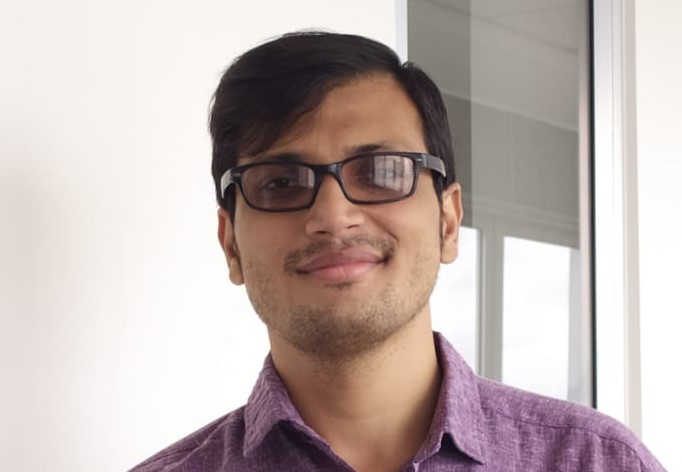



Soumyajit Bhar
Visiting Assistant Professor (Environmental Studies and Economics joint appointment), Krea University, India
Full profile
Soumyajit straddles action and academic research with more than 14 years of experience (both volunteering and full time) of working with various environmental and sustainability issues. He is about to be awarded Ph.D. in Sustainability Studies at Ashoka Trust for Research in Ecology and the Environment (ATREE) as part of a unique interdisciplinary Ph.D. program. His dissertation attempts to understand socio-psychological drivers as well as local and regional scale environmental impacts of conspicuous/luxury consumption basket in India. Soumyajit is furthering postdoctoral research at the intersection of rising consumerism, sustainability concerns, and inequality levels in the context of the Global South. He has published in international journals and popular media. He is also interested in larger questions of philosophy and ethics, particularly pertaining to environmental issues. He is currently working as a visiting assistant professor with Krea University and an instructor with Terra.do -- a global online climate school.
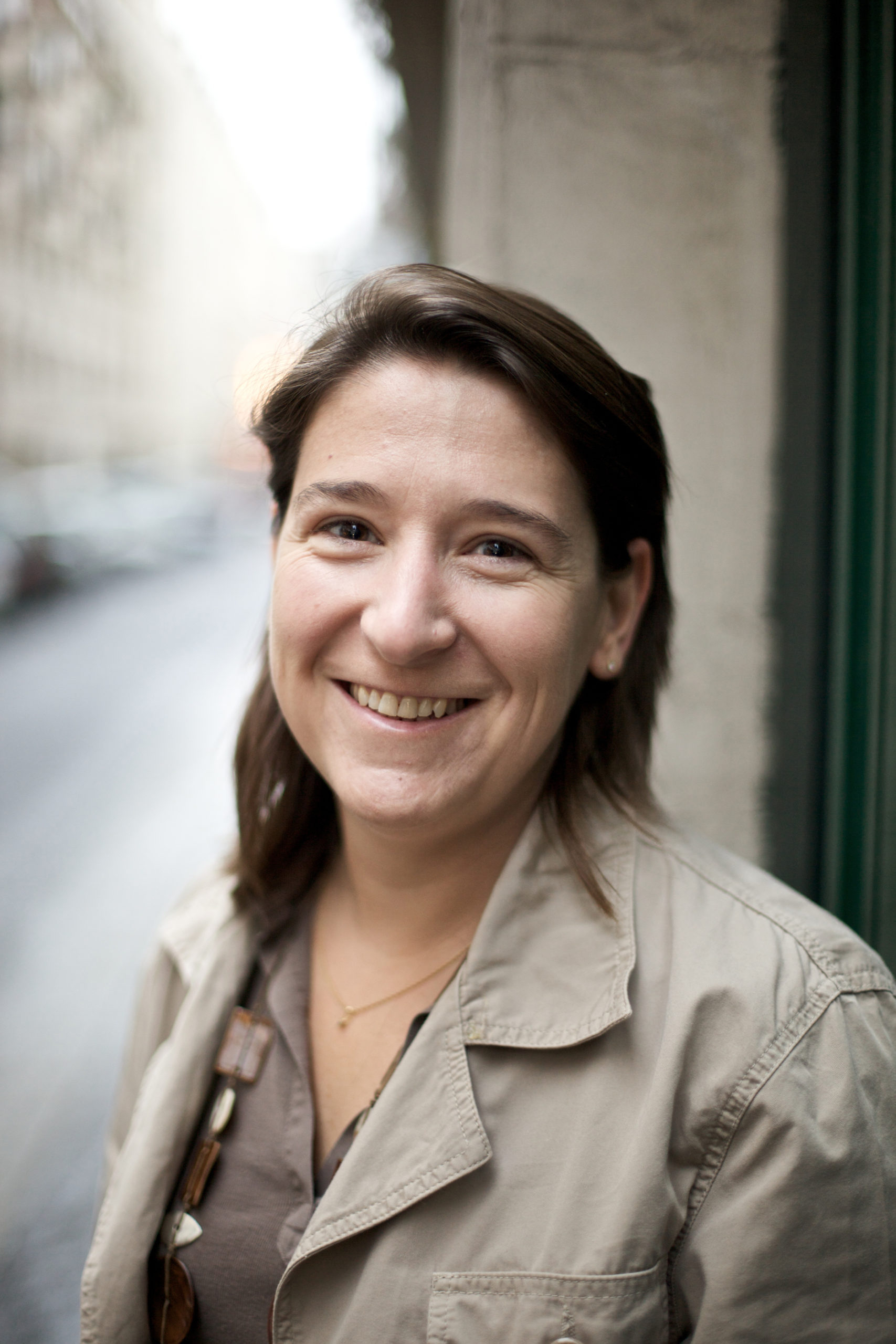



Sophie Dubuisson-Quellier
Research Professor, CNRS-Sciences Po
Full profile
Sophie Dubuisson-Quellier works in the field of economic sociology, conducting research on the interactions between market organizations, social movement and public policies in the field of food and environmental issues. Her publications appeared in Social movement studies, Organization studies, Journal of consumer culture, Sustainability, Sociologia Ruralis, Environmental policy and governance, and other journals. She is co-chief-editor of the Revue française de sociologie, member of the French High Council on Climate and chair of the Scientific advisory board of the French Agency for the Environment.
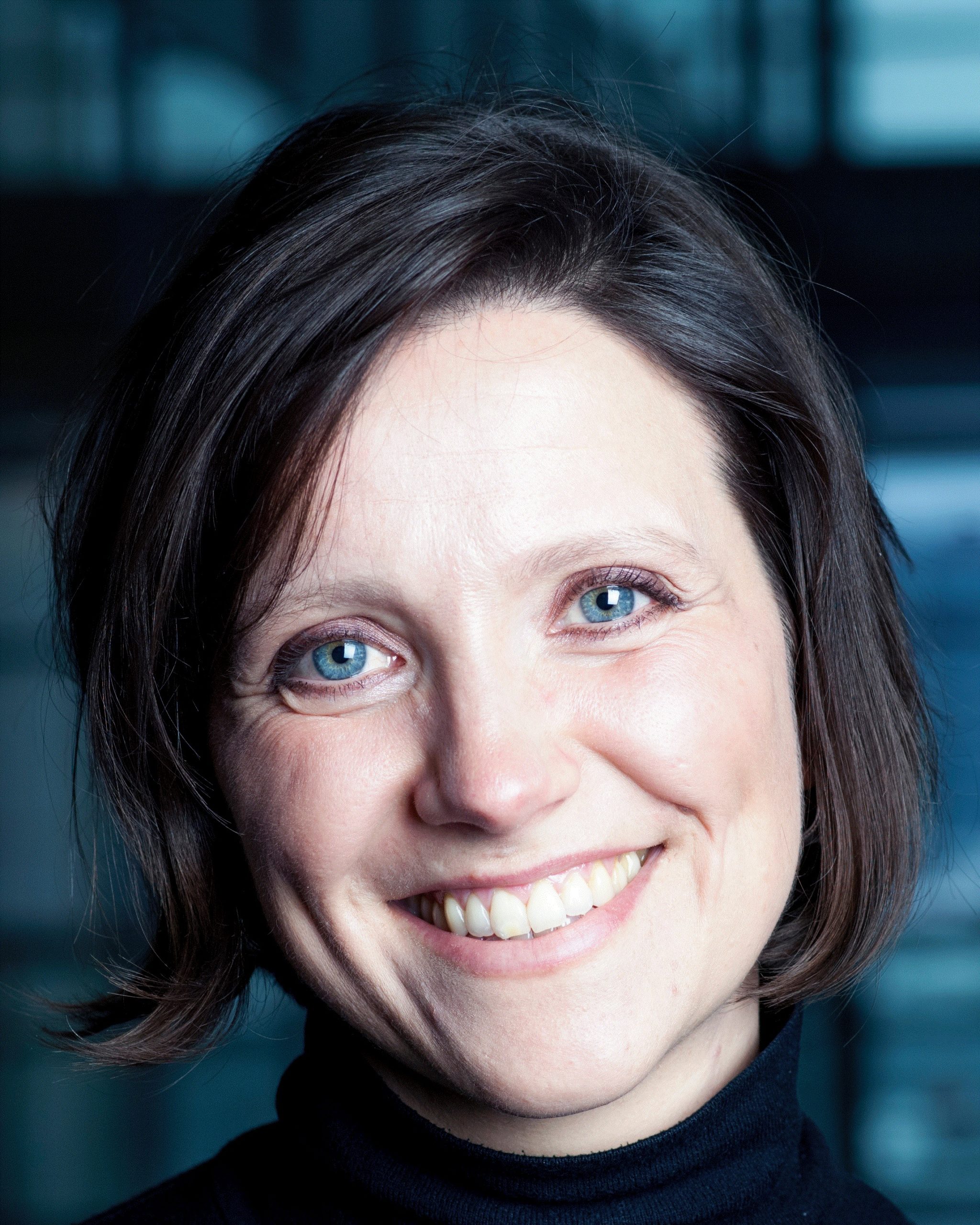


Chiara Farné Fratini
Senior Researcher, Technical University of Denmark - Department of Environmental Engineering (DTU Environment)
Full profile
I conduct research on the controversies and dynamics arising from the way organizational actors frame and shape the innovation, implementation and institutionalization of management practices and organizational forms for the transformation of infrastructures and service sectors (e.g. water, energy and waste) aimed at sustainable development, climate change adaptation and mitigation. My goal is to provide advices for the governance of sustainable transitions. My theoretical work focuses on Science and Technology Studies (STS), transition theories, valuation, organizational and institutional studies
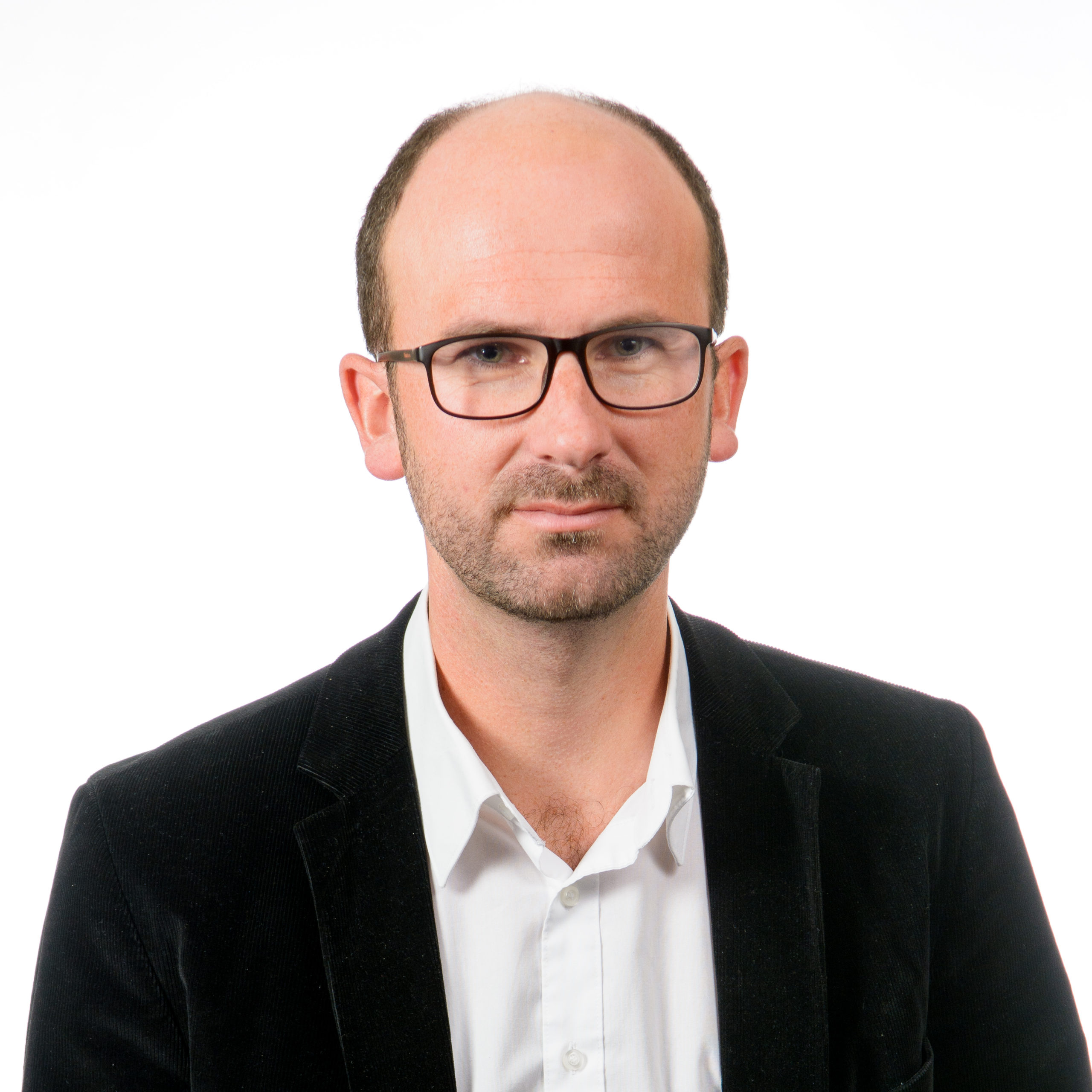



Daniel Fischer
Associate Professor for Consumer Communication and Sustainability, Wageningen University & Research (The Netherlands)
Full profile
Daniel is an Associate Professor for Consumer Communication and Sustainability at the Strategic Communication Group (COM) at Wageningen University and Research and Co-Chair of the Communication Working Group of the KAN SSCP. Daniel's research explores how more sustainable ways of living and consuming can be facilitated through communication and learning. He uses inter- and transdisciplinary approaches to understand how consumption patterns evolve and change over time and in different cultural settings, and what role communication processes play in this. Daniel strong interest is in intervention research. In recent research projects he studied how innovative practices like mindfulness, storytelling, or citizen science can disrupt consumption routines and increase reflexivity in individuals. Daniel's work in Sustainable Consumption Communication aims, in an educational tradition, to empower people to re-shape their relationships with the consumer societies into which they have been born, encultured and socialized in the industrialized world.
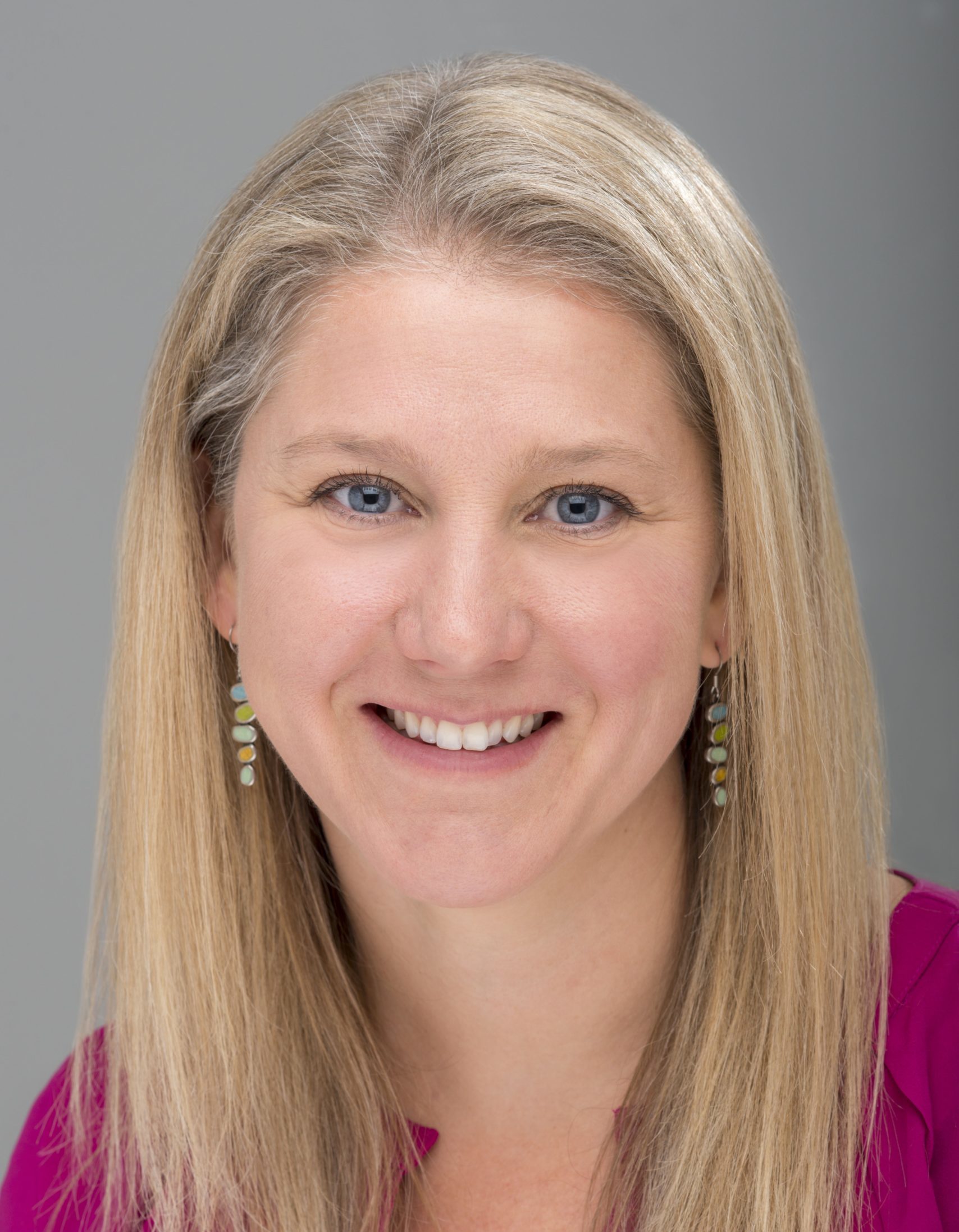



Cindy Isenhour
Associate Professor, Department of Anthropology & The Climate Change Institute, University of Maine
Full profile
Cindy is an economic and ecological anthropologist with expertise related to the materials economy, environmental governance, consumption, climate change and waste. She is an Associate Professor at the University of Maine with a joint appointment in the Climate Change Institute and the Department of Anthropology. Isenhour has two active research projects, both funded by the National Science Foundation: one on just and equitable transitions to more Circular Economic forms and the other on Reuse markets. She is the co-editor of Power and Politics in Sustainable Consumption Research (Routledge 2019) and Sustainability in the Global City: Myth and Practice (Cambridge 2015)
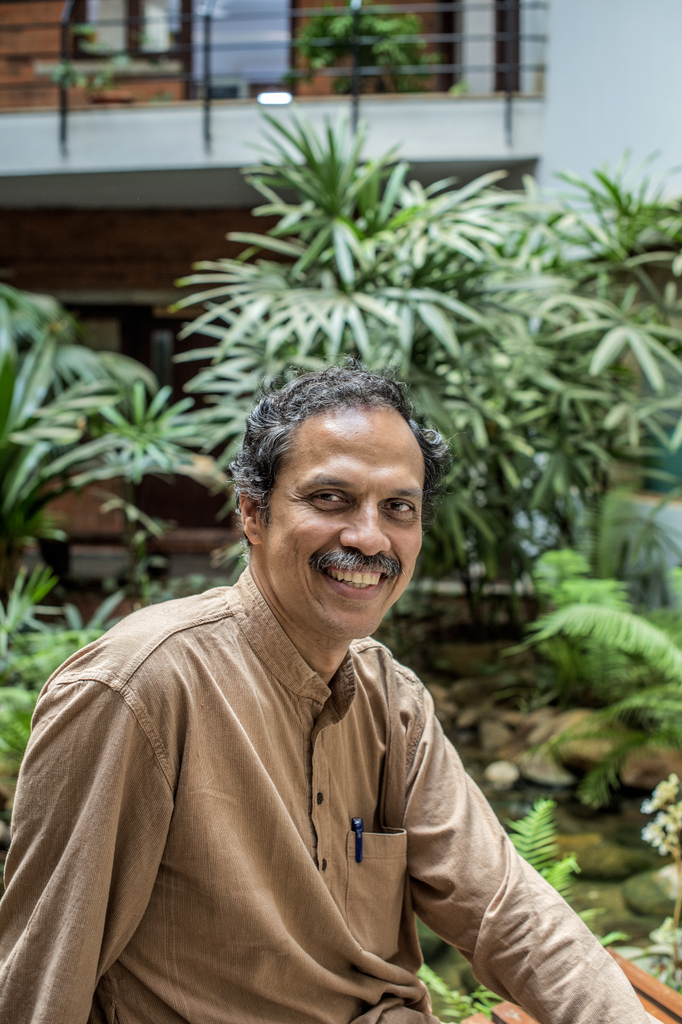

Sharachchandra Lele
Distinguished Fellow, Centre for Environment & Development, ATREE & Adjunct Faculty, IISER Pune
Full profile
Sharad is an interdisciplinary environmental researcher, bridging the natural sciences, economics, and political science to understand the concepts of and pathways to environmentally sustainable and socially just development. He has worked on sustainable forest management and forest governance, forest hydrology and farmer linkages, land use change, watershed development, water governance, urban water management and pollution regulation, and sustainable consumption. This research has been published in a variety of interdisciplinary journals. Sharad has also co-authored a book on “Community-based Natural Resource Management in South Asia”, (Sage:2007), and edited “Democratising Forest Governance in India” (OUP: 2014) and “Rethinking Environmentalism: Linking Justice, Sustainability and Diversity” (MIT Press: 2018). Sharad’s articles are frequently featured in English, Kannada and Marathi newspapers. Sharad is also highly engaged in policy-related work, including serving on various committees of the central and state governments in India, and of the National Green Tribunal. Professionally, Sharad has been a Founder-Member and past President of the Indian Society for Ecological Economics, a Board Member of the International Society for Ecological Economics, Associate Editor of Ecological Economics, serves or has served on the editorial boards of several other journals, and is currently on the Scientific Steering Committee of the Global Land Programme, the Academic Council of Tata Institute for Social Sciences, and the Mentoring Initiative of the International Water Resources Association.



Sylvia Lorek
Chair, Sustainable Europe Research Institute, Germany
Full profile
Sylvia Lorek holds a PhD in consumer economics and is trained to work on the interlinkages of the individual micro-economic and the societal macroeconomic perspective in which the scientific and societal discourses about sustainable consumption take place. As head of SERI Germany e.V. she is working on studies and as consultant for national and international organisations. She has a lecturer position at the University of Applied Science in Münster and held classes e.g. at the University of Helsinki, the Baltic University Program (BUP) and the Asia-Europe Foundation University. Sylvia is an organising member of SCORAI Europe, the Global Research Forum on Sustainable Consumption and Production (GRF-SCP) and on board of the Society for the European Roundtable on Sustainable Consumption and Production (ERSCP).




Hein Mallee
Senior Advisor
Full profile
Hein Mallee is a social scientist working on ecohealth and natural resource governance. He has worked as a practitioner in China and Southeast Asia and is now based in Japan.






Manu V. Mathai
Associate Professor, Azim Premji University
Full profile
Manu V. Mathai is an associate professor in the School of Development at Azim Premji University. His work problematizes the dominant development narrative and explores alternatives that advance justice in human well-being outcomes on a shared and finite planet. His areas of interest include sustainable production-consumption systems, sustainable energy, local governance and technology choice. Prior to Azim Premji University, he taught at the United Nations University Institute of Advanced Studies (UNU-IAS) and the Rochester Institute of Technology Department of Science, Technology and Society/Public Policy, and was a research associate at the University of Delaware Center for Energy and Environmental Policy. His publications include Nuclear Power, Economic Development Discourse and the Environment: The Case of India (Routledge, 2013) and Green Growth: Ideology, Political Economy and the Alternatives (Zed Books, 2016). Manu holds a B.Sc. in Environmental Science from Bangalore University, an M.Sc. in Wildlife Science from the Wildlife Institute of India, an M.P.P. from the University of Maryland and a PhD in Energy and Environmental Policy, from the University of Delaware.






Leida Rijnhout
Owner and Independent Consultant, Leapfrog2SD
Full profile
Leida Rijnhout is a national Dutch and has a background in cultural anthropology with more than 30 years of experience in international development cooperation (focus on rural development in Bolivia) and sustainability. For many years, she facilitated and coordinated the global NGO community to realise their active engagement in United Nations processes on Sustainable Development and Environment. For that reason, she was heavily involved at and in the preparations of the Summit on Sustainable Development in 2002 (Johannesburg), at Rio+20 in 2012 (Rio de Janeiro) and in the development of the UN 2030 Sustainable Development Agenda, including the Sustainable Development Goals. She is the European Focal Point for civil society in Europe, in the 10-year Framework on Sustainable Consumption and Production (UNEP). And was the representative for the Environmental NGOs at the OECD, until shortly. At UNEA2 (2016) and UNEA3 (2017) she is the co-chair of the Major Group Facilitating Committee, and the main contact for UNEA and member states for the civil society groups. She was Director Global Policies and Sustainability at the European Environmental Bureau (EEB), and since September 2016 program coordinator Resource Justice and Sustainability at Friends of the Earth Europe. She is member of the High Level Steering Group of the European Innovation Partnership on Raw Materials. She initiated a broad alliance of civil society organisations SDG Watch Europe and is member of the Steering Group. As representative for this alliance she is also member of the EU Multi Stakeholder Platform on the implementation of the 2030 Agenda, chaired by EU Vice President Frans Timmermans. Leida was also coordinator of an international think tank on ecological debt and environmental justice. She is full member of the Club of Rome, EU Chapter. She is member of the SSCP group, working on macro economics. She always combined scientific research work, activists’ approaches, field experiences and policy work. She wrote many articles and chapters of books on strong sustainability and speaks Dutch, English and Spanish.
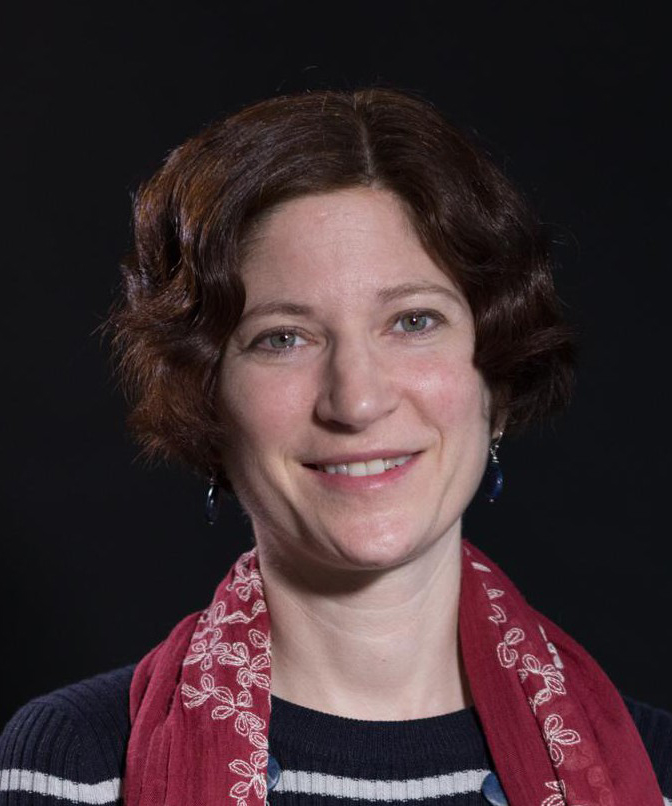



Julia Steinberger
Professor, University of Lausanne
Full profile
Prof. Julia Steinberger researches and teaches in the interdisciplinary areas of Ecological Economics and Industrial Ecology. Her research examines the connections between resource use (energy and materials, greenhouse gas emissions) and societal performance (economic activity and human wellbeing). She is interested in quantifying the current and historical linkages between resource use and socioeconomic parameters, and identifying alternative development pathways to guide the necessary transition to a low carbon society. She is the recipient of a Leverhulme Research Leadership Award for her research project 'Living Well Within Limits' investigating how universal human well-being might be achieved within planetary boundaries. She is Lead Author for the IPCC's 6th Assessment Report with Working Group 3. Before she was a Senior Researcher at the Institute of Social Ecology in Vienna (SEC), where she investigated sustainable cities and the links between material use and economic performance, held postdoctoral positions at the Universities of Lausanne and Zurich, and obtained her PhD from the Massachusetts Institute of Technology.
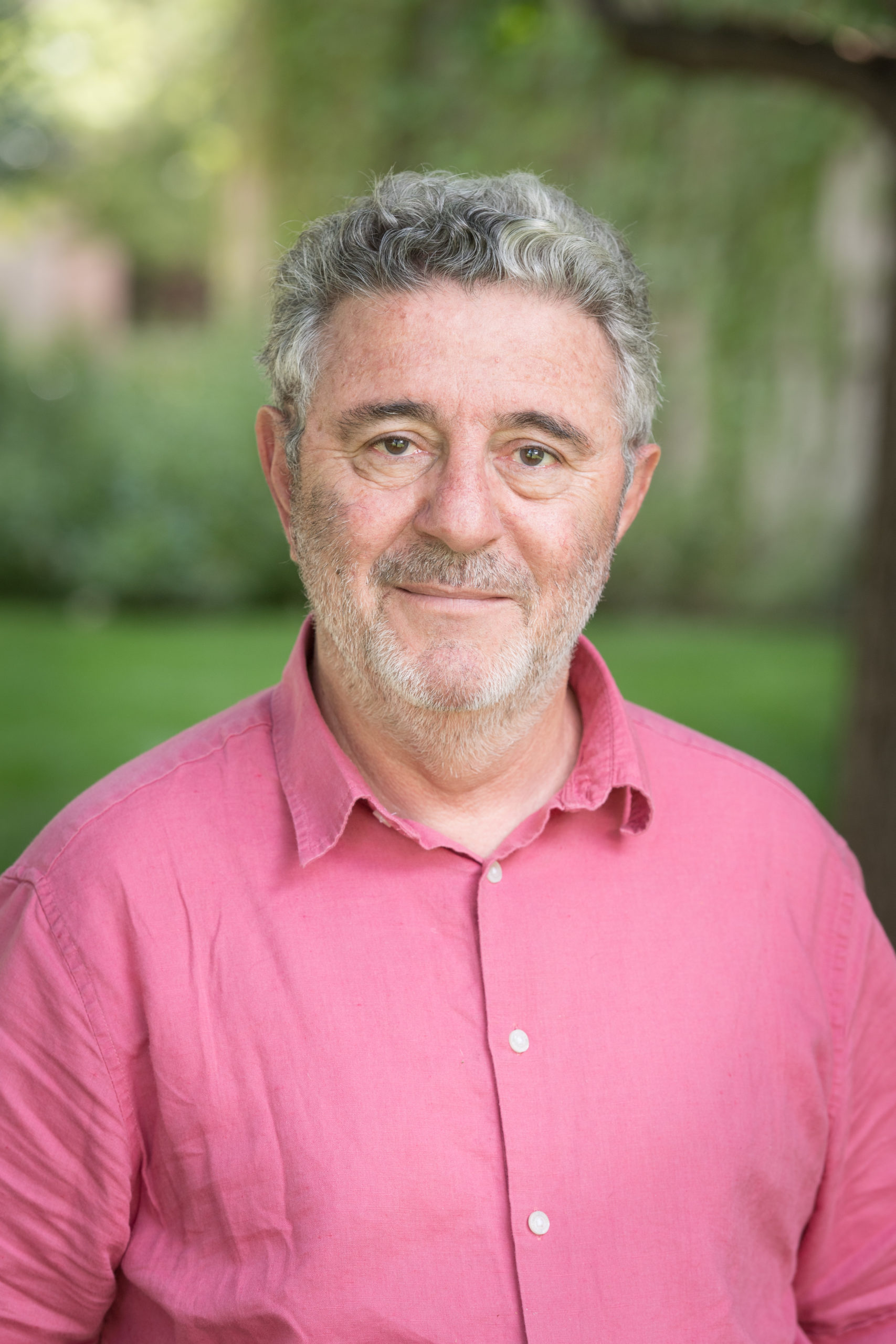


Dimitris Stevis
Professor of Political Science, Colorado State University
Full profile
In broad terms my research examines the social governance of the world political economy in the areas of labor and the environment, with particular attention to social power, justice and local/global dynamics. I am currently involved in a number of projects. One project is Adapting Canadian Work and Workplaces to Climate Change, based at York University (Canada). In that context I am investigating the green transition strategies of U.S. and global labor unions, with particular attention to Just Transition proposals, as well as the implications of proposals from key intergovernmental, policy, and advocacy organizations for work and workers. A related project, in collaboration with colleagues from Sweden and the UK, investigates the environmental politics of labor unions across the world. A third collaborative project examines the immigration and labor policies of environmentalist organizations. A fourth project, with colleagues from Colorado State University and supported by the School of Global Environmental Sustainability, focuses on Environmental Justice. Finally, I continue to research global labor politics and global framework agreements.
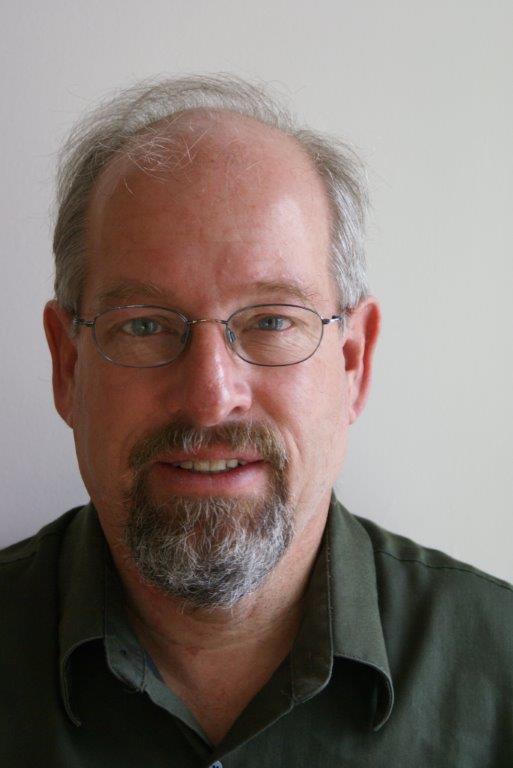



Philip Vergragt
SCORAI; Professor Emeritus, Clark University
Full profile
Philip J Vergragt PhD is a Professor Emeritus of Technology Assessment at Delft University of Technology, The Netherlands, and currently a Research Professor at Marsh Institute, Clark University, Worcester, MA. He is also a local climate activist in Newton, MA and at the State level in the Commonwealth of Massachusetts, USA. He has co-authored more than 100 scientific publications and five books. His most recent book (April 2021) is Sustainable Lifestyles after Covid 19 https://www.routledge.com/Sustainable-Lifestyles-after-Covid-19/Echegaray-Brachya-Vergragt-Zhang/p/book/9780367754099 His main research interests are visioning and backcasting; sustainable technological and social innovations in transportation, energy, and housing; grassroots innovations; socio-technical transitions; sustainable consumption and production; sustainable cities; and technology assessment of emerging technologies. In the 1990s he was a Board member of the Greening of Industry network. Since 2008 he is a Founding and Executive Board member of SCORAI, the Sustainable Consumption Research and Action Initiative. In 2016 he was a co-founder of the KAN SSCP, the Future Earth Knowledge Action Network on Systems of Sustainable Consumption and Production. He co-chairs the working groups on Communication and Consumption (WgCoCo) and SPC in Cities; and is a member of the Political Economy Working Group and the Social Change Working Group. Prof. Vergragt obtained a PhD in Chemistry from the University of Leiden, The Netherlands, in 1976.





Ambreen Waheed
Founder & Adviser, Responsible Business Initiative
Full profile
Founder Responsible Behaviour Institute;Founder Responsible Business Initiative;Board of Director, Millat Tractor Limited;Director Global Responsibility, BSP-Stora Enso JV (former);Chair SAFoRB-SouthAsia Forum on Responsible Business;Member PRME Anti-Corruption & Poverty Alleviation Group;Visiting Professor Wharton Business-USA; ESSEC Business-France. MPhil, University of Cambridge, UK.Globally recognized for innovative and pioneering work on Responsible Business policies and practices, Ethical & Environment Risk management, Anti-Corruption, Stakeholder Involvement, Responsible Investments, SDGs. Founded/Co-Founded multiple Global/Regional organizations & initiatives. Designed frameworks/Processes for Accountability, Transparency and Sustainability disclosures. Served on boards, advisory committees and strategy teams, of global multilateral, academic and business organizations (UNCTAD, UNIDO, UNDP, FLO, UN-Global-Compact, GRI,TBLI, GRLI, APRSCP, AccountAbility, Nike, Petrobras, SECP, ICAP). Chaired EHSAAS “Innovative Financing Business & Entrepreneurship”. Designed ‘National Responsibility Framework’ for SDG’s Implementation & Impacts.Authored: Pakistan's first, CSR Industry status report (RBI & SECP) “Responsible Business Guide” (RBI & CIPE). Co-authored AccountAbility's State of Responsible-Competitiveness (foreword-Al Gore).
Sustainable Consumption and Production in Cities



(Anthony) Shun Fung Chiu
Professor, De La Salle University
Full profile
Dr. (Anthony) Chiu is University Fellow and Professor at De La Salle University. He is a member of the United Nations International Resource Panel, and a member of the Future Earth KAN on Systems of Sustainable Consumption and Production. Professor Chiu has advised doctoral research works and published more than 200 papers, book chapters, and keynote documents in the field of Sustainable Consumption and Production (SCP), Resource Efficient and Cleaner Production (RECP), and Industrial Ecology / Eco-industrial Development (EID). He is also a Philippine Permanent Delegate to the United Nations 3R Summit, and member of the Philippine Delegation to Rio+20, SDG Roadmap, CSD19, etc. He served as member of the National Pollution Adjudication Board (Pollution Court) from 2004 to 2016. He is the founding vice-chair of the Industrial Engineering Certification Board. Professor Chiu is the first Philippine awardee of the American Society of Mechanical Engineers as outstanding international correspondent, and the first Philippine ASEAN Engineer in the field of Industrial Engineering from academe.








Leonie Dendler
Senior Research Fellow, German Federal Institute for Risk Assessment
Full profile
Leonie Dendler is a senior research fellow at the German Federal Institute for Risk Assessment working for the crisis prevention and coordination unit within the risk communication department. Her work focusses on stakeholder management and public engagement in regulatory science. She has previously worked for the Sustainable Consumption Institute and the Tyndall Centre for Climate Change Research at the University of Manchester (UK) and Fudan University (China). An environmental scientist by training with a PhD from Manchester Business School (UK), her wider research interest lies in understanding institutional change processes across international consumption and production systems with a particular focus on food. She is a member of the FE KAN working groups on communication and SCP in cities.
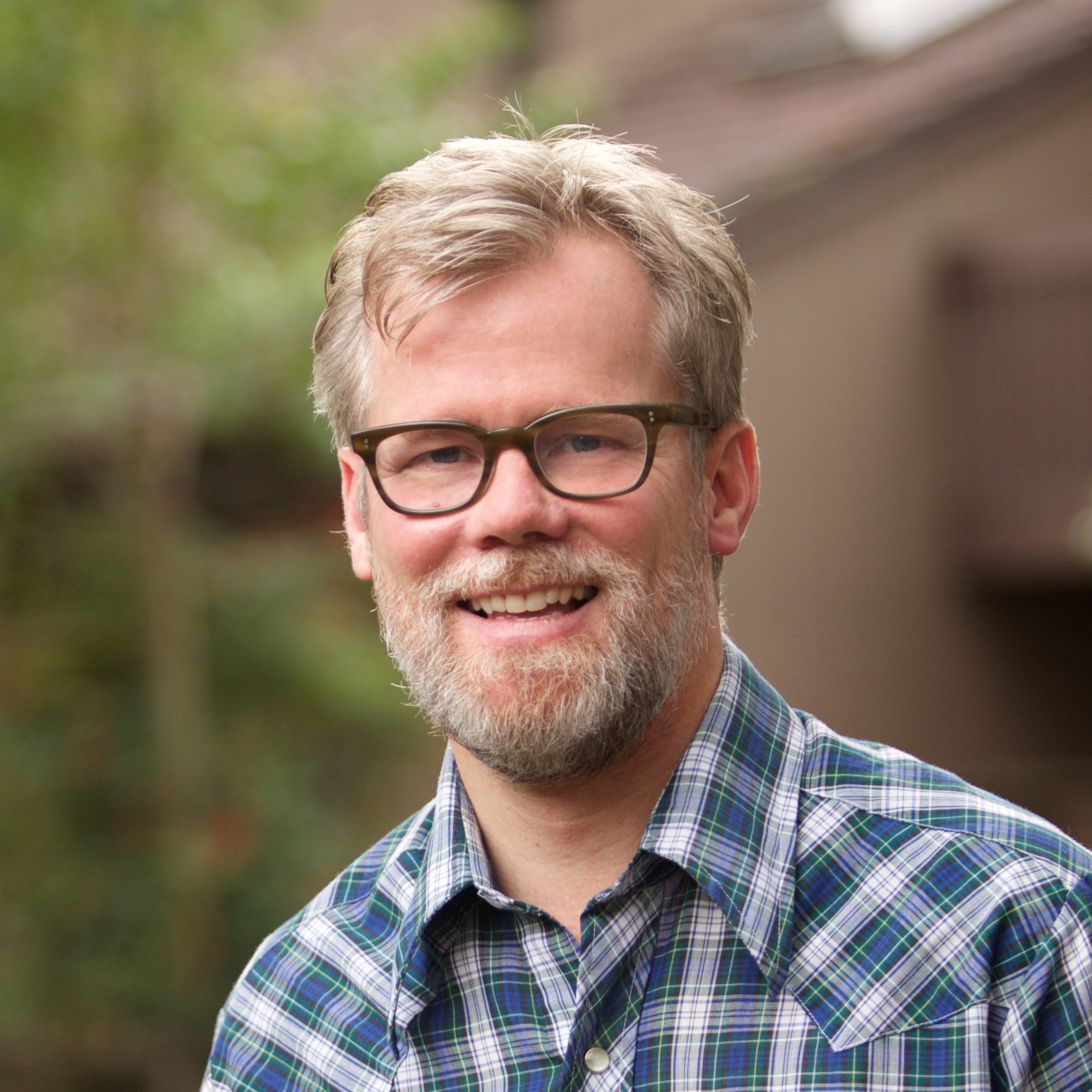



Neal Gorenflo
Executive Director, Shareable
Full profile
Neal Gorenflo is the Executive Director of Shareable, an award-winning nonprofit news outlet, action network, and consultancy focused on the latest innovations in resource sharing, urban commons, and economic democracy. He’s an author, speaker, consultant, movement builder, and editor of multiple books including, “Sharing Cities: Activating the Urban Commons.” In 2011, he co-founded the Sharing Cities movement, now in over 100 cities worldwide. He helps organizations around the world meet their goals through sharing including Seoul Metropolitan Government, Lund University, the city of San Francisco, and the Sharing Economy Association of Japan. In 2020, he blogged a one-year life experiment called, The Year of Living Locally, to explore a more coherent, commons-based local lifestyle. As a social entrepreneur, Neal’s call to action is simple yet systemic: let’s share!
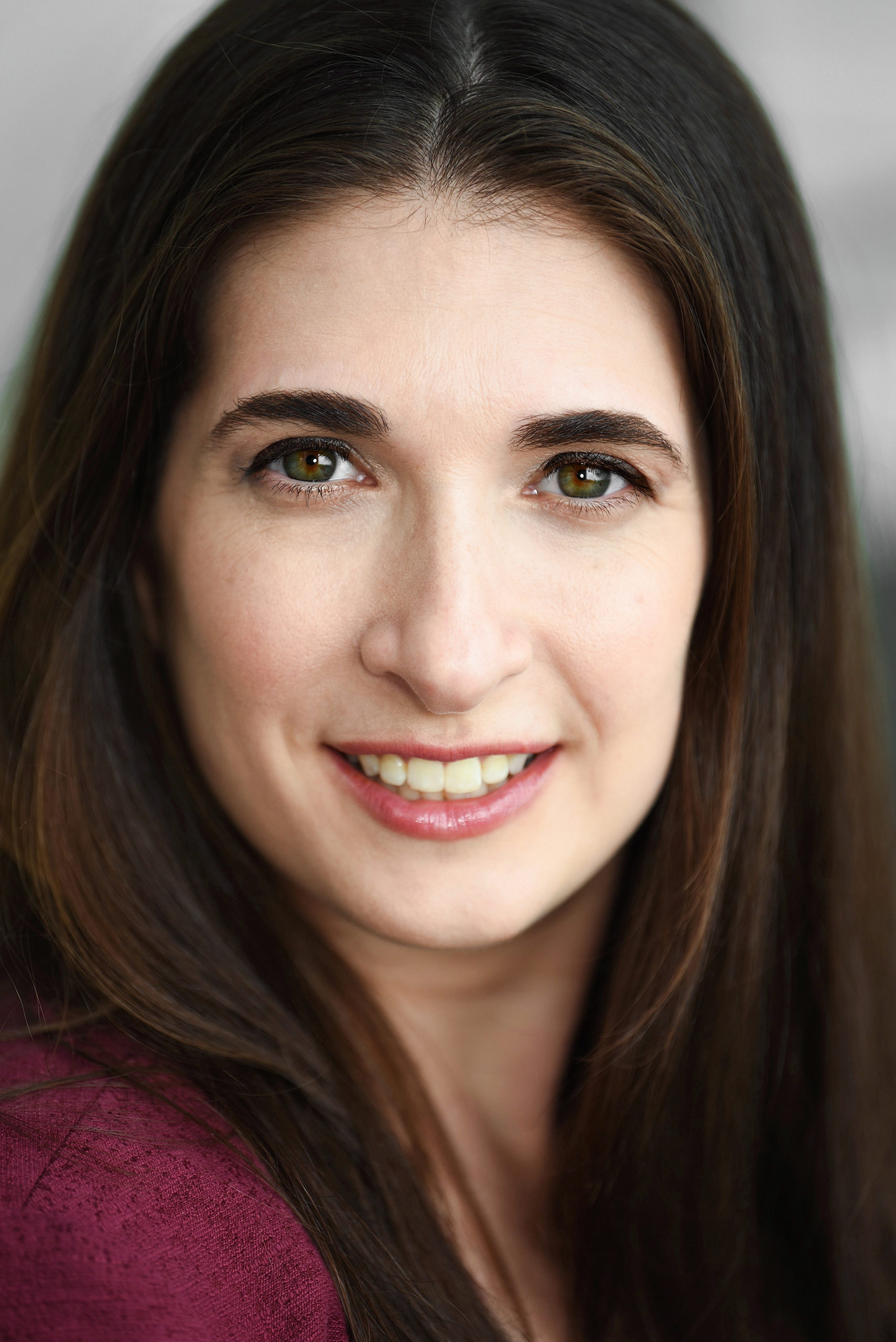







Kira Matus
Associate Professor/Associate Head, Division of Public Policy, HKUST
Full profile
Prof. Matus is an Associate Professor in the Division of Public Policy and the Division of Environment and Sustainability at The Hong Kong University of Science and Technology. Her research focus is at the intersection of innovation, sustainability science, and public policy, focusing on sustainable production-consumption systems. A large portion of her research is on how policy interacts with the development and implementation of "green" technologies in supply chains, especially those that include the production and/or use of chemicals. She also researches the circumstances under which new technologies allow for, and sometimes even demand, new approaches to policy on the part of public, private and civil society actors. She also has a longstanding interest in the use of scientific expertise in the policy process, especially in relation to sustainability issues.
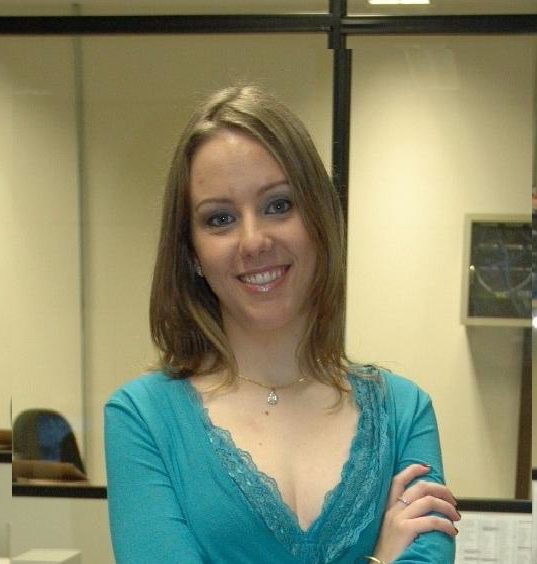


Janine Fleith de Medeiros
Full Professor (UPF) and Researcher (UFRGS), UPF and UFRGS
Full profile
Janine Fleth de Medeiros holds a Ph.D. in Industrial Engineering from the Universidade Federal do Rio Grande do Sul. She also holds a Masters Degree in Administration and Business. Medeiros is a full Professor of the Graduate Program on Business Administration and of the Graduate Program on Environmental Sciences at Universidade de Passo Fundo, RS, Brazil. She coordinates the research project “Innovation Management of Environmentally Sustainable Products”. Janine is also a researcher on Industrial Engineering from Universidade Federal do Rio Grande do Sul.





Jaco Quist
Assistant Professor, TU Delft
Full profile
Jaco Quist is an assistant professor in Sustainable Innovation and Transitions at the Technology, Policy & Management Faculty, Delft University of Technology. He has completed a dissertation on participatory backcasting that was published by Eburon Publishers in 2007 entitled Backcasting for a sustainable future: the impact after 10 years (see www.eburon.nl or repository.tudelft.nl). His research and teaching evolves around sustainable innovation and transitions, in particular around participatory visioning, backcasting and transition management. His research includes: (i) Making visions for transitions, e.g. through applying participatory backcasting and transition management, developing specific tools, methods and modelling for this; (ii) Evaluating the impact of visioning processes, not only shortly after completion and how these have been turned into pathways, but also five to ten years later, and (iii) Vision dynamics in emerging niches and transitions. The includes how emerging visions relate to social innovation, learning, sustainable consumption and new business models. Work is done on Sustainable Consumption and Production (SCP), Circular Economy, Renewable Energy, Climate Adaptation, and Urban Agriculture and Food. Jaco Quist has been the (co)editor of special issues in Technological forecasting (2011, on “Backcasting for sustainable futures”) and in the Journal of Cleaner Production in2013 (on “sustainable Innovation & Sustainable business models” and on “Learning and Collaboration for Sustainable Innovation and Consumption”), and in 2019 (forthcoming, SCP in a Circular Economy).



Thomas Anton Reuter
Professor, University of Melbourne
Full profile
Prof Dr Reuter is an anthropologist at the University of Melbourne with a research focus on transformative social change and sustainability in Asia and beyond. He is on the board of the World Academy (WAAS), past chair of the World Council of Anthropological Associations and former executive member of the International Science Council. He is a frequent advisor to international organisations and national governments, and has published 15 books as well as more than 150 articles.












Christoph D. D. Rupprecht
Associate Professor, Ehime University
Full profile
Christoph is a geographer working on cities from the perspectives of food, agriculture, green space, degrowth and multispecies/more-than-human thinking. Currently an Associate Professor at the Department of Environmental Design, Faculty of Collaborative Regional Innovation at Ehime University, he is also a founding member and Director at the non-profit organization FEAST.
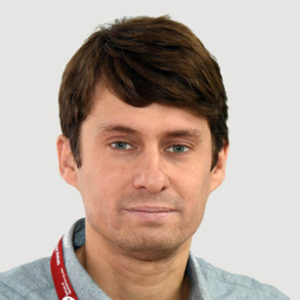





Patrick Schröder
Senior Research Fellow, Chatham House
Full profile
My field of interest is the transition to an inclusive circular economy, I work at the intersection of research, international development cooperation and policy.




Philip Vergragt
SCORAI; Professor Emeritus, Clark University
Full profile
Philip J Vergragt PhD is a Professor Emeritus of Technology Assessment at Delft University of Technology, The Netherlands, and currently a Research Professor at Marsh Institute, Clark University, Worcester, MA. He is also a local climate activist in Newton, MA and at the State level in the Commonwealth of Massachusetts, USA. He has co-authored more than 100 scientific publications and five books. His most recent book (April 2021) is Sustainable Lifestyles after Covid 19 https://www.routledge.com/Sustainable-Lifestyles-after-Covid-19/Echegaray-Brachya-Vergragt-Zhang/p/book/9780367754099 His main research interests are visioning and backcasting; sustainable technological and social innovations in transportation, energy, and housing; grassroots innovations; socio-technical transitions; sustainable consumption and production; sustainable cities; and technology assessment of emerging technologies. In the 1990s he was a Board member of the Greening of Industry network. Since 2008 he is a Founding and Executive Board member of SCORAI, the Sustainable Consumption Research and Action Initiative. In 2016 he was a co-founder of the KAN SSCP, the Future Earth Knowledge Action Network on Systems of Sustainable Consumption and Production. He co-chairs the working groups on Communication and Consumption (WgCoCo) and SPC in Cities; and is a member of the Political Economy Working Group and the Social Change Working Group. Prof. Vergragt obtained a PhD in Chemistry from the University of Leiden, The Netherlands, in 1976.





Ambreen Waheed
Founder & Adviser, Responsible Business Initiative
Full profile
Founder Responsible Behaviour Institute;Founder Responsible Business Initiative;Board of Director, Millat Tractor Limited;Director Global Responsibility, BSP-Stora Enso JV (former);Chair SAFoRB-SouthAsia Forum on Responsible Business;Member PRME Anti-Corruption & Poverty Alleviation Group;Visiting Professor Wharton Business-USA; ESSEC Business-France. MPhil, University of Cambridge, UK.Globally recognized for innovative and pioneering work on Responsible Business policies and practices, Ethical & Environment Risk management, Anti-Corruption, Stakeholder Involvement, Responsible Investments, SDGs. Founded/Co-Founded multiple Global/Regional organizations & initiatives. Designed frameworks/Processes for Accountability, Transparency and Sustainability disclosures. Served on boards, advisory committees and strategy teams, of global multilateral, academic and business organizations (UNCTAD, UNIDO, UNDP, FLO, UN-Global-Compact, GRI,TBLI, GRLI, APRSCP, AccountAbility, Nike, Petrobras, SECP, ICAP). Chaired EHSAAS “Innovative Financing Business & Entrepreneurship”. Designed ‘National Responsibility Framework’ for SDG’s Implementation & Impacts.Authored: Pakistan's first, CSR Industry status report (RBI & SECP) “Responsible Business Guide” (RBI & CIPE). Co-authored AccountAbility's State of Responsible-Competitiveness (foreword-Al Gore).




Lei Zhang
Associate Professor, Renmin University of China
Full profile
Dr. Lei Zhang obtained her master and doctoral degrees in environmental management from Wageningen University in the Netherlands and since 2002 she continued to work as teacher and researcher at Environmental Policy Group at Wageningen University. She joined the School of Environment and Natural Resources at Renmin University of China as associate professor since 2009. As an environmental sociologist, her researches cover topics ranging from environmental policy analysis, governance of environmental flows to sustainable consumption. She also worked as consultant for different international organizations. She is currently serving the Journal of Society and Natural Resources as associate editor. Since 2014, she serves as the contact person for SCORAI China.
Social Change Beyond Consumerism






Manisha Anantharaman
Associate Professor, Saint Mary's College of California
Full profile
Manisha Anantharaman is an Associate Professor of Justice, Community and Leadership at Saint Mary’s College of California. Her research and teaching interests connect sustainability and social justice, applying participatory and ethnographic methodologies to examine how economic and political ideologies, social identities, and power relations affect how sustainability is conceptualized and enacted at multiple scales.
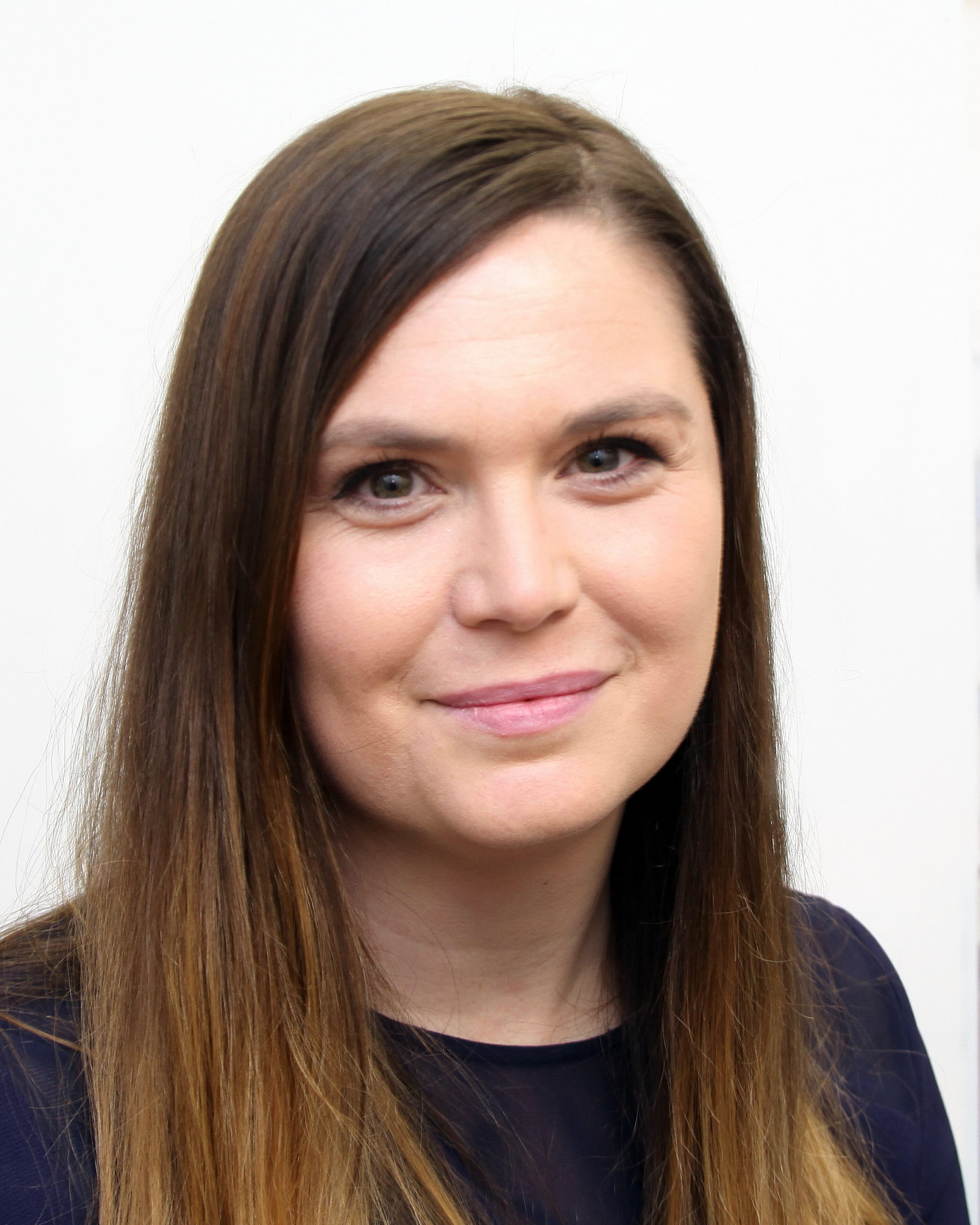



Alison Browne
Senior Lecturer, Human Geography, University of Manchester
Full profile
Dr Alison Browne's research primarily focuses on the social, performative and material dynamics of everyday life related to water, sanitation, waste, energy, and the water-energy-food nexus. In a mixed methodological and transdisciplinary way she play with ideas of how such practices come to be disrupted, changed and governed. This includes a focus on everyday life and infrastructure and materiality, but how the practices of professionals shape the emergence, and governance, of everyday practices. She engages with a range of theories from social practices, feminist and everyday geographies, political ecology, material culture, and work on sustainable cities, intervention and (urban) experimentation. Her work spans discussions of the transitions in everyday practices and sustainability in the UK & Europe, China, Australia, India, Malawi; and she works in close partnership with government, industry and charity stakeholders to use social science theory and methods to create more just and sustainable futures.



Maurie Cohen
Full profile
Maurie J. Cohen is Professor of Sustainability Studies and Director of the Program in Science, Technology, and Society at the New Jersey Institute of Technology. He is also Associate Faculty Member with the Division of Global Affairs at Rutgers University, Associate Faculty Member with the Rutgers/NJIT Urban Systems Program, and Associate Fellow at the Tellus Institute. Cohen serves as Editor of Sustainability: Science, Practice, and Policy and Associate Editor of Environmental Innovation and Sustainability Transitions and is co-founder and Management Team member of the Future Earth Knowledge-Action Network on Systems of Sustainable Consumption and Production. His books include The Future of Consumer Society: Prospects for Sustainability in the New Economy; Social Change and the Coming of Post-consumer Society; Putting Sustainability into Practice: Applications and Advances in Research on Sustainable Consumption; Innovations in Sustainable Consumption: New Economics, Socio-technical Transitions and Social Practices; and Exploring Sustainable Consumption: Environmental Policy and the Social Sciences. Cohen received his PhD. in regional science from the University of Pennsylvania in 1993.
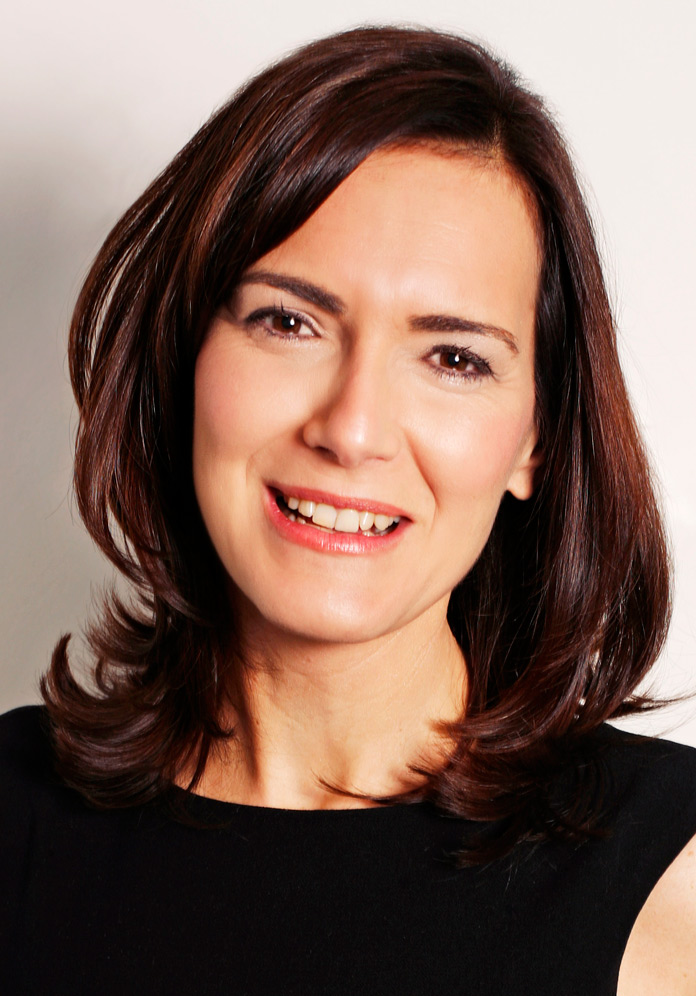

Anna Davies
Chair & Professor of Geography, Environment & Society, Trinity College Dublin, Ireland
Full profile
Anna directs the Environmental Governance Research Group and is a member of the Trinity Centre for Future Cities. Widely published in the fields of geography, environmental policy and sustainability, she is also a Director of The Rediscovery Centre in Dublin, Ireland’s National Centre for the Circular Economy and a creative space connecting people, ideas and resources for greener living in Ireland. A member of the Royal Irish Academy and the International Science Council, she has advised the government’s in Ireland and beyond as a member of Ireland’s National Climate Change Advisory Council and National Economic & Social Council.
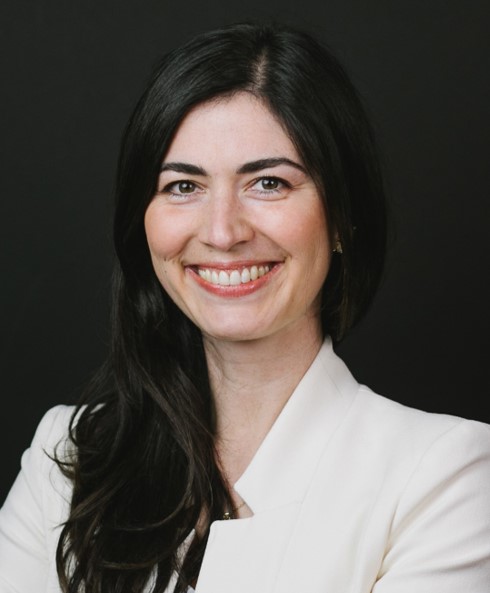

Karin Dobernig
Head of Institute for Sustainability, University of Applied Sciences Wiener Neustadt
Full profile
Karin Dobernig is the Head of the Institute for Sustainability at the University of Applied Science Wiener Neustadt in Austria. Previously, she was a post-doc researcher at the Institute for Ecological Economics of the Vienna University of Economics and Business from which she also holds a doctoral degree in Social and Economic Sciences. Her doctoral thesis investigated urban agriculture initiatives in the context of alternative-agro food systems, with a focus on labor dynamics and aspects of political consumerism. Her current research interests lie in the areas of sustainable consumption and the sharing economy, particularly in the contexts of food, waste, and meat consumption.














Felix Donkor
Post-doc, University of South Africa (UNISA)
Full profile
"Felix Kwabena Donkor is a research fellow at the College of Agriculture and Environmental Sciences (UNISA), South Africa. He serves on the advisory board of the joint African Union and European Union HAQAA (Harmonisation of African Higher Education Quality Assurance and Accreditation) Initiative. He is the immediate past vice-chair for CQAB (Course Quality Advisory Board) of the Erasmus Mundus Students and Alumni Association (EMA) and a member of its PQAU (Policy and Assurance Unit). Felix completed his PhD in environmental sciences from the School of Animal, Plant and Environmental Sciences (APES), of the University of the Witwatersrand (South Africa). He is also an alumnus of the Joint European Masters in Environmental Sciences (JEMES) jointly run by Techniche Universitat Hamburg (Germany),University of Aalborg (Denmark), Aveiro University (Portugal) and Universite Autonomia Barcelona(Spain). He served as President of the Erasmus Mundus Students and alumni African Chapter and a core team member of the African Students and Alumni Forum (ASAF). His research interests include education for sustainable development, sustainable rural livelihoods, indigenous knowledge systems, and environmental governance. He has published widely on these areas as well as presented them. He served as deputy chair of the South African Adaptation Network. He is a business mentor for the Tony Elumelu Foundation Entrepreneurship Program, and a founding member of the Inala Food Sovereignty and Climate Justice Forum which champions food security and climate education amongst students. His hobbies include cycling, swimming, jogging, writing and music. "




Sophie Dubuisson-Quellier
Research Professor, CNRS-Sciences Po
Full profile
Sophie Dubuisson-Quellier works in the field of economic sociology, conducting research on the interactions between market organizations, social movement and public policies in the field of food and environmental issues. Her publications appeared in Social movement studies, Organization studies, Journal of consumer culture, Sustainability, Sociologia Ruralis, Environmental policy and governance, and other journals. She is co-chief-editor of the Revue française de sociologie, member of the French High Council on Climate and chair of the Scientific advisory board of the French Agency for the Environment.




Daniel Fischer
Associate Professor for Consumer Communication and Sustainability, Wageningen University & Research (The Netherlands)
Full profile
Daniel is an Associate Professor for Consumer Communication and Sustainability at the Strategic Communication Group (COM) at Wageningen University and Research and Co-Chair of the Communication Working Group of the KAN SSCP. Daniel's research explores how more sustainable ways of living and consuming can be facilitated through communication and learning. He uses inter- and transdisciplinary approaches to understand how consumption patterns evolve and change over time and in different cultural settings, and what role communication processes play in this. Daniel strong interest is in intervention research. In recent research projects he studied how innovative practices like mindfulness, storytelling, or citizen science can disrupt consumption routines and increase reflexivity in individuals. Daniel's work in Sustainable Consumption Communication aims, in an educational tradition, to empower people to re-shape their relationships with the consumer societies into which they have been born, encultured and socialized in the industrialized world.
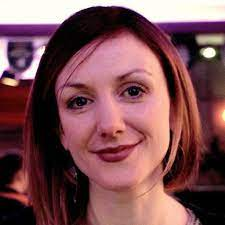


Mary Greene
Assistant Professor, Wageningen University
Full profile
Mary Greene is an Assistant Professor at the Environmental Policy Group at Wageningen University. She researches and teaches in the field of environmental governance, development, sustainable production and consumption, social theory and research methods. Mary's current research interests focus on environmental governance and sustainable consumption research. She is especially interested in the inter-relationships between socio, cultural and technological change and evolution of social practices in peoples everyday lives (such as food, energy, and mobility). She is also interested in exploring the role and experience of citizen-consumers in innovations towards sustainable production and consumption systems, with a particular focus on circular economy transitions. Theoretically, Mary has expertise in sociological theories of consumption, including practice theories, transition theories, multi-level perspectives, political economy, and energy cultures, to name just a few. Methodologically, she applies interdisciplinary, participatory and cross-cultural case study research methods to explore intersecting contextual processes shaping action.
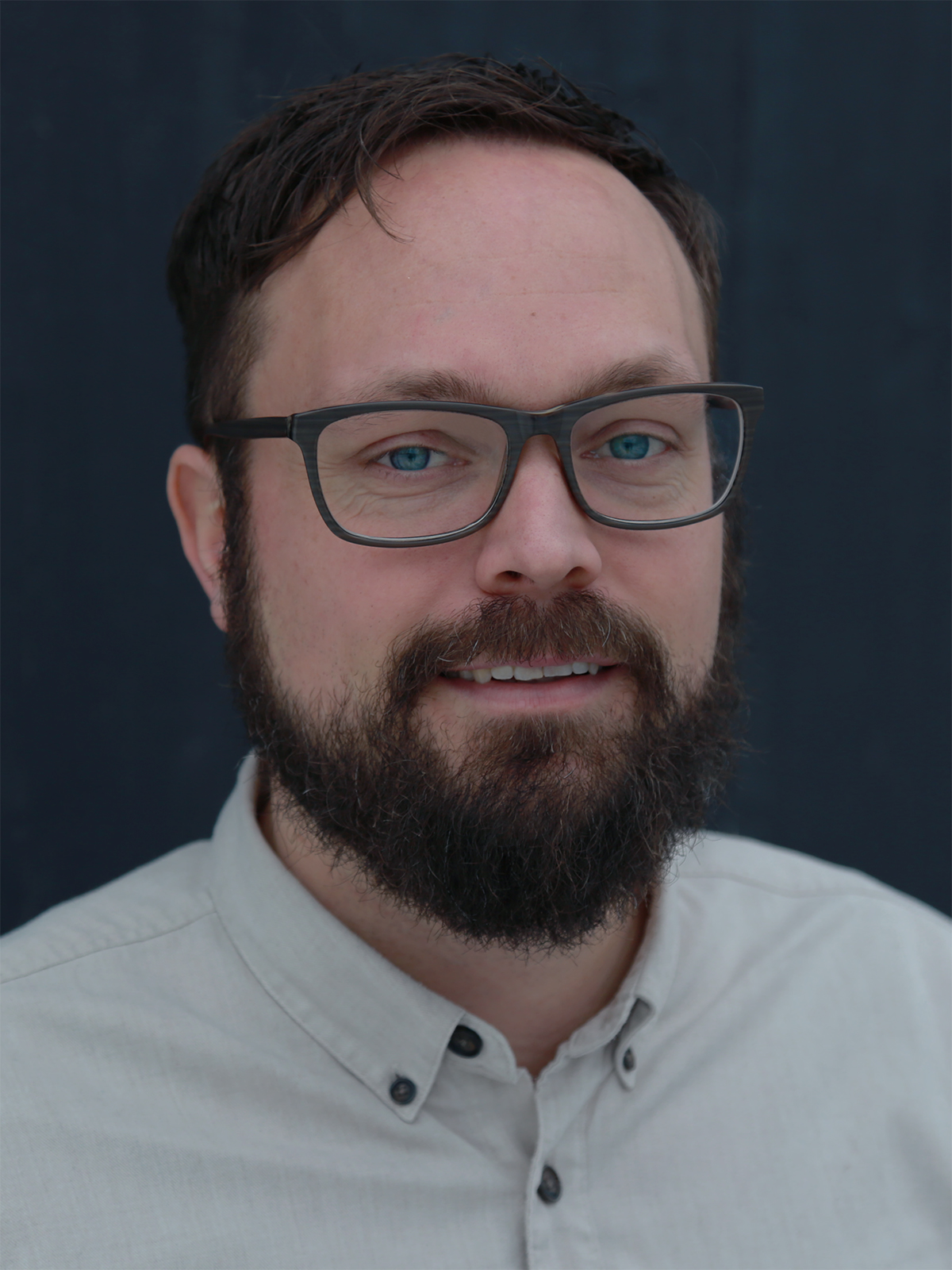

Arve Hansen
Researcher, Centre for Development and the Environment, University of Oslo
Full profile
Arve Hansen (PhD) is Researcher at Centre for Development and the Environment at the University of Oslo. He has a PhD in Human Geography and much of his research has focused on consumption at the intersections between political economy, systems of provision and everyday practices. He coordinates the Norwegian Network for Asian Studies, and much of his research has focused on Asia, mainly Vietnam, studying changing consumption patterns (mainly transport and food) in processes of rapid economic development. Currently he is also doing research in Norway through different projects on meat, energy and household consumption patterns.
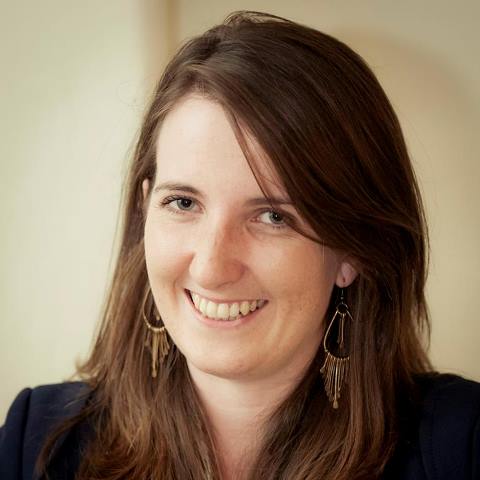



Claire Hoolohan
Research Fellow, Tyndall Centre for Climate Change, University of Manchester
Full profile
Claire is a geographer working with social practice theories in the field of sustainable consumption. Her research explores the social dimensions of global challenges such as climate change adaptation and mitigation, low-carbon food and water use. Her expertise are in the development of novel transdisciplinary methods to examine sustainable futures, and identify pathways for change.
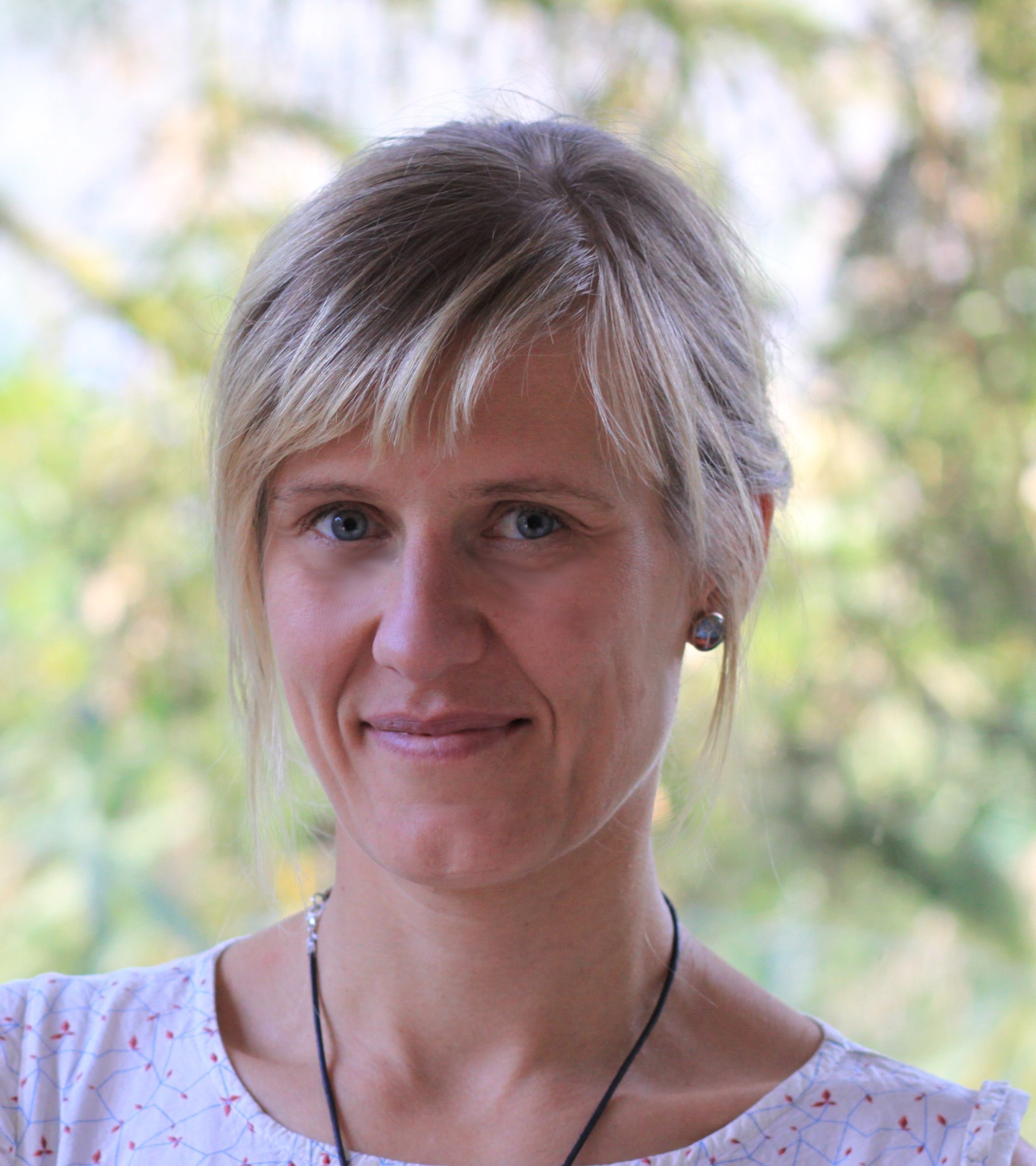


Melanie Jaeger-Erben
Professor, Technische Universitaet Berlin
Full profile
Melanie represents the Chair for Transdisciplinary Sustainability Research at TU Berlin. Her fields of interest consider the nexus of society, technology and environment. Her teaching and research activities are focused on social-ecological change, (un)sustainable systems of consumption and production and Circular Society.










Charlotte Louise Jensen
Analyst, CONCITO
Full profile
Charlotte works at Denmark's leading climate think tank, CONCITO, which purpose is to translate knowledge into action by channeling science and knowledge-based analyses and information on pathways towards a net-zero emission and climate robust society. Working across CONCITOs programmatic focus areas, Charlotte works with promoting sustainable, climate-friendly consumption and lifestyles.
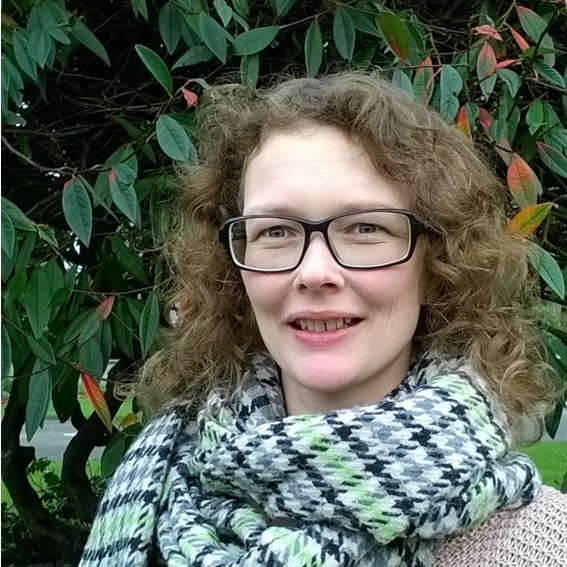





Lenneke Kuijer
Assistant Professor, Eindhoven University of Technology
Full profile
Lenneke Kuijer is Assistant Professor in the Future Everyday Group of the Department of Industrial Design at Eindhoven University of Technology. Lenneke is a design researcher working at the touching points of human-computer interaction and social practice theories. Her main interests lie in the areas domestic energy demand and the relation between designing automated artefacts and changes in everyday life.






Morakane Madiba
Funder, Uhuru Career Guidance and Learning (NPO)
Full profile
I am passionate about skills development and socio-economic and environmental development that are ethically balanced. I am also interested in seeing and understanding how people from different background navigate the academic, social and business pathways and how these pathways implicate culture, relations, agency, gender, identity, and race. The goal is to ensure they are all equally equipped competitively for both local and international markets, where Ubuntu and professional ethics are put to the fore.




Hein Mallee
Senior Advisor
Full profile
Hein Mallee is a social scientist working on ecohealth and natural resource governance. He has worked as a practitioner in China and Southeast Asia and is now based in Japan.




Helen Millward
Teaching Fellow in Marketing, Keele University
Full profile
Helen is a Teaching Fellow in Marketing and the Programme Director for MSc Management at Keele Business School, Keele University. Helen is also the PRME and Sustainability Lead at Keele Business School.




Steven R. McGreevy
Co-Chair, Future Earth SSCP KAN; Assistant Professor of Institutional Rurban Sustainability Studies, University of Twente; Visiting Associate Professor, Research Institute for Humanity and Nature
Full profile
Steven McGreevy is an environmental sociologist and assistant professor of institutional rurban sustainability studies at the University of Twente (and visiting associate professor at the Research Institute for Humanity and Nature-RIHN). He has a background in agriculture, rural sustainable development, and environmental education. His research focuses on novel approaches to rural revitalization that utilize local natural resources, sustainable knowledge dynamics, sustainable agrifood and energy transition, and the relinking of patterns of food consumption and production in local communities. He recently finished a five-year RIHN research project entitled “Lifeworlds of Sustainable Food Consumption and Production: Agrifood Systems in Transition.”





Jaco Quist
Assistant Professor, TU Delft
Full profile
Jaco Quist is an assistant professor in Sustainable Innovation and Transitions at the Technology, Policy & Management Faculty, Delft University of Technology. He has completed a dissertation on participatory backcasting that was published by Eburon Publishers in 2007 entitled Backcasting for a sustainable future: the impact after 10 years (see www.eburon.nl or repository.tudelft.nl). His research and teaching evolves around sustainable innovation and transitions, in particular around participatory visioning, backcasting and transition management. His research includes: (i) Making visions for transitions, e.g. through applying participatory backcasting and transition management, developing specific tools, methods and modelling for this; (ii) Evaluating the impact of visioning processes, not only shortly after completion and how these have been turned into pathways, but also five to ten years later, and (iii) Vision dynamics in emerging niches and transitions. The includes how emerging visions relate to social innovation, learning, sustainable consumption and new business models. Work is done on Sustainable Consumption and Production (SCP), Circular Economy, Renewable Energy, Climate Adaptation, and Urban Agriculture and Food. Jaco Quist has been the (co)editor of special issues in Technological forecasting (2011, on “Backcasting for sustainable futures”) and in the Journal of Cleaner Production in2013 (on “sustainable Innovation & Sustainable business models” and on “Learning and Collaboration for Sustainable Innovation and Consumption”), and in 2019 (forthcoming, SCP in a Circular Economy).
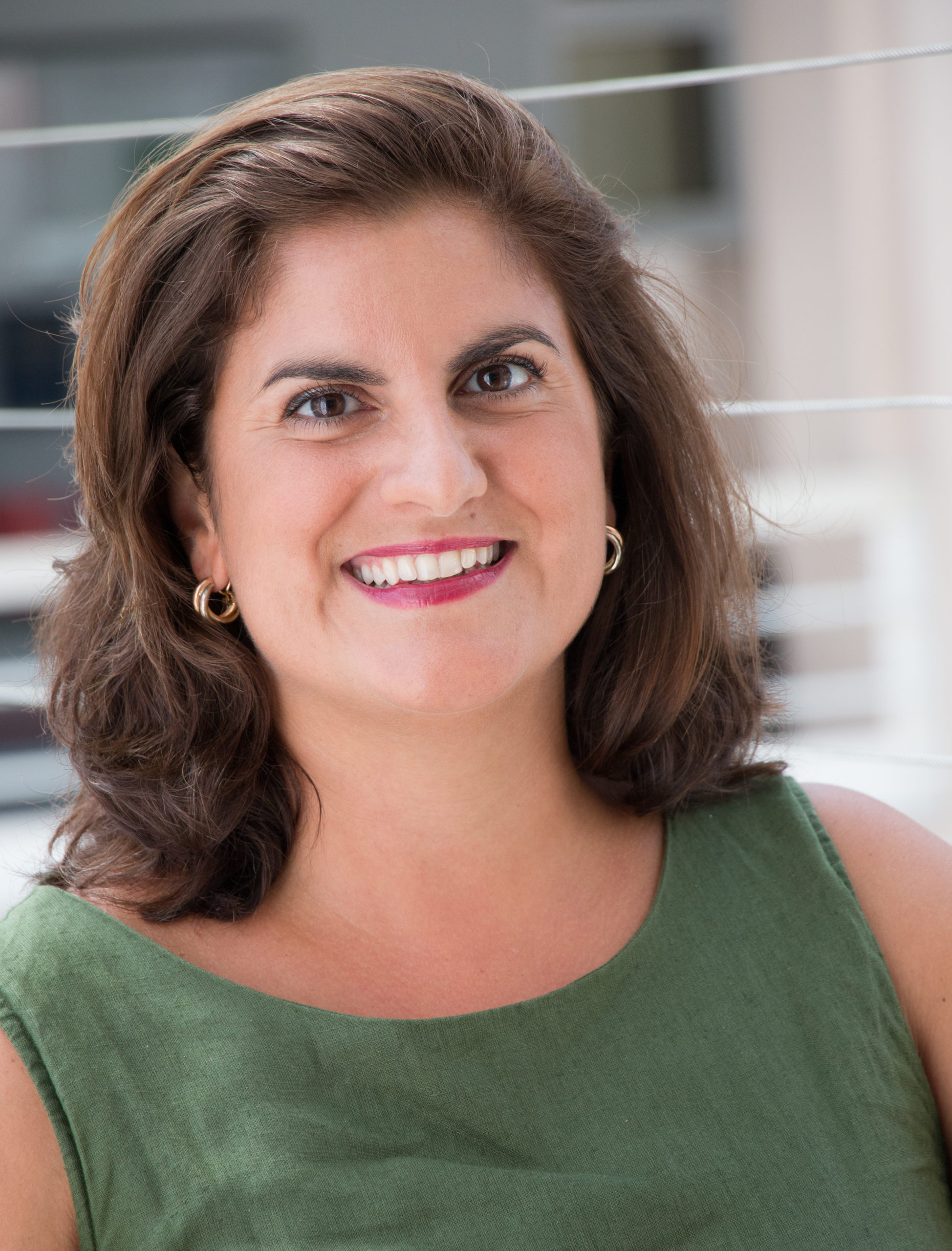

Marlyne Sahakian
Professor, University of Geneva
Full profile
As Assistant Professor of Sociology (University of Geneva), Marlyne Sahakian brings a sociological lens to consumption studies and sustainability. Her research interest is in understanding everyday practices in relation to environmental promotion, social equity and social change. She is a co-founder of SCORAI Europe, a network for sustainable consumption research and action, and a member of ENOUGH, a network focused on sufficiency.
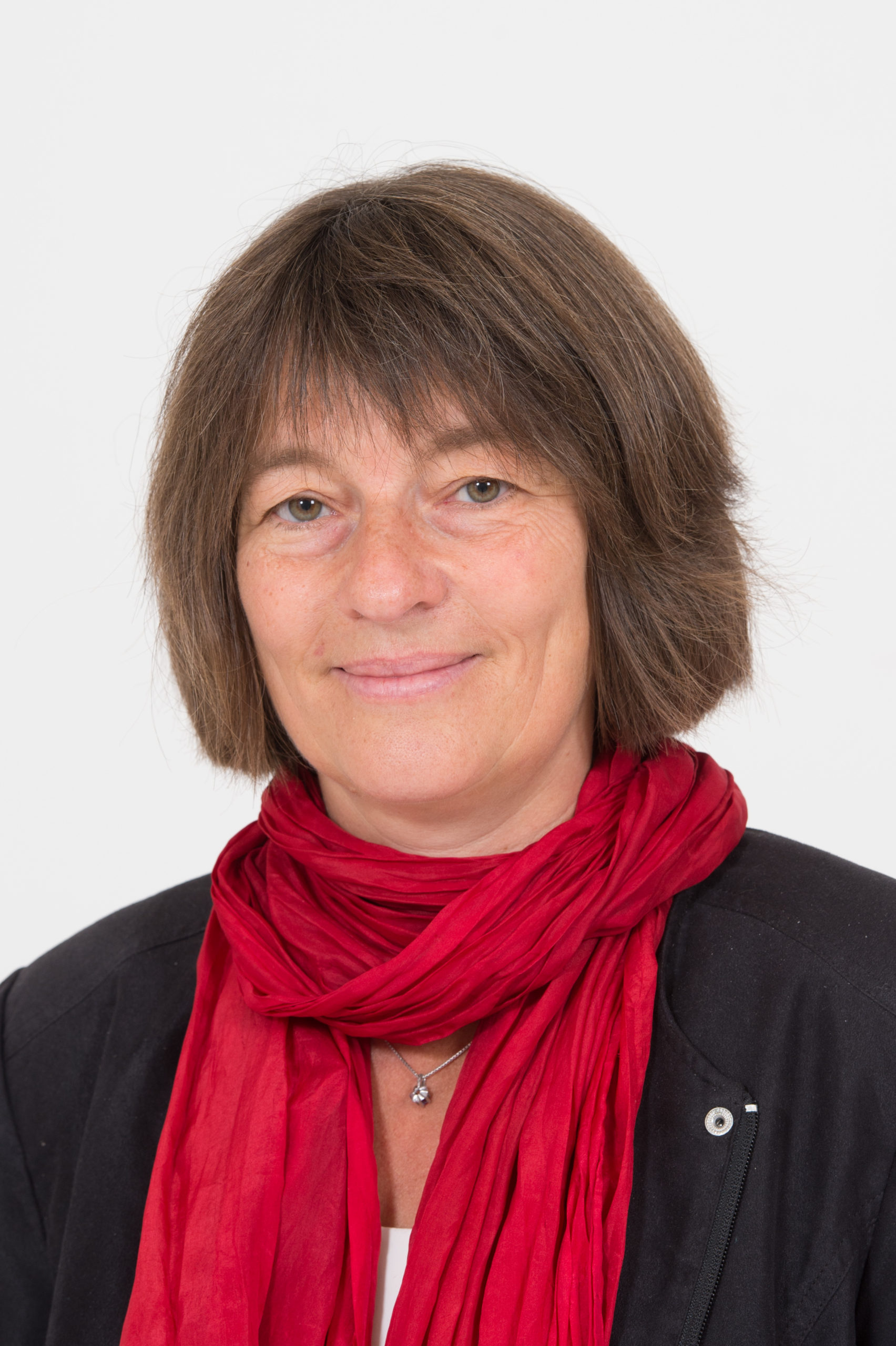



Martina Schäfer
Scientific Director, Center for Technology and Society, Technische Universität Berlin
Full profile
Martina Schäfer studied biology at the University Stuttgart-Hohenheim and has completed PhDs in environmental technology and sociology at TU Berlin. Since 2010 she has been working as Scientific Director of the ZTG at the TU Berlin. She began her career at the ZTG in 1996 and has been carrying out and coordinating numerous inter- and transdisciplinary research projects in the area of sustainability research from that point up to the present. Her research interests are Sustainable Consumption, Sustainable Regional Development, Sustainable Land Use and methods of inter- and transdisciplinary cooperation.












Martin Schlaepfer
Senior Lecturer, University of Geneva
Full profile
Instructor of two introductory courses on sustainable development, Bachelors.
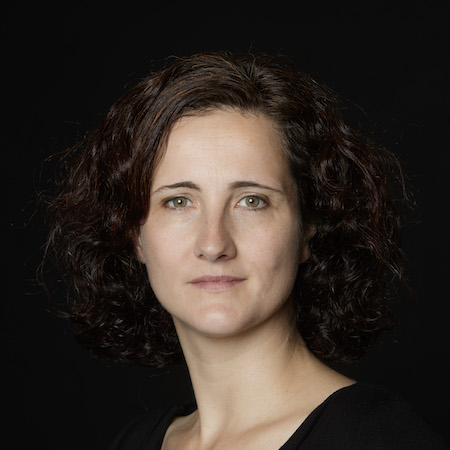



Aurianne Stroude
Lectuerer, University of Fribourg
Full profile
Aurianne is a sociologist working on lifestyle change towards sustainability. From 2012 to 2019, she investigated the experience of people aiming at voluntary simplicity, through the lens of distanciation. She is currently doing a postdoc at the National University of Ireland in Galway, focusing on sustainable practices and engaging with the imagination of the future, Rosa's resonance theory and degrowth/post-growth theories. She holds a PhD in Sociology, a Master in clinical sociology and a Master in Social Work. She is also a lecturer in Social Work at the University of Fribourg, Switzerland, since 2014.
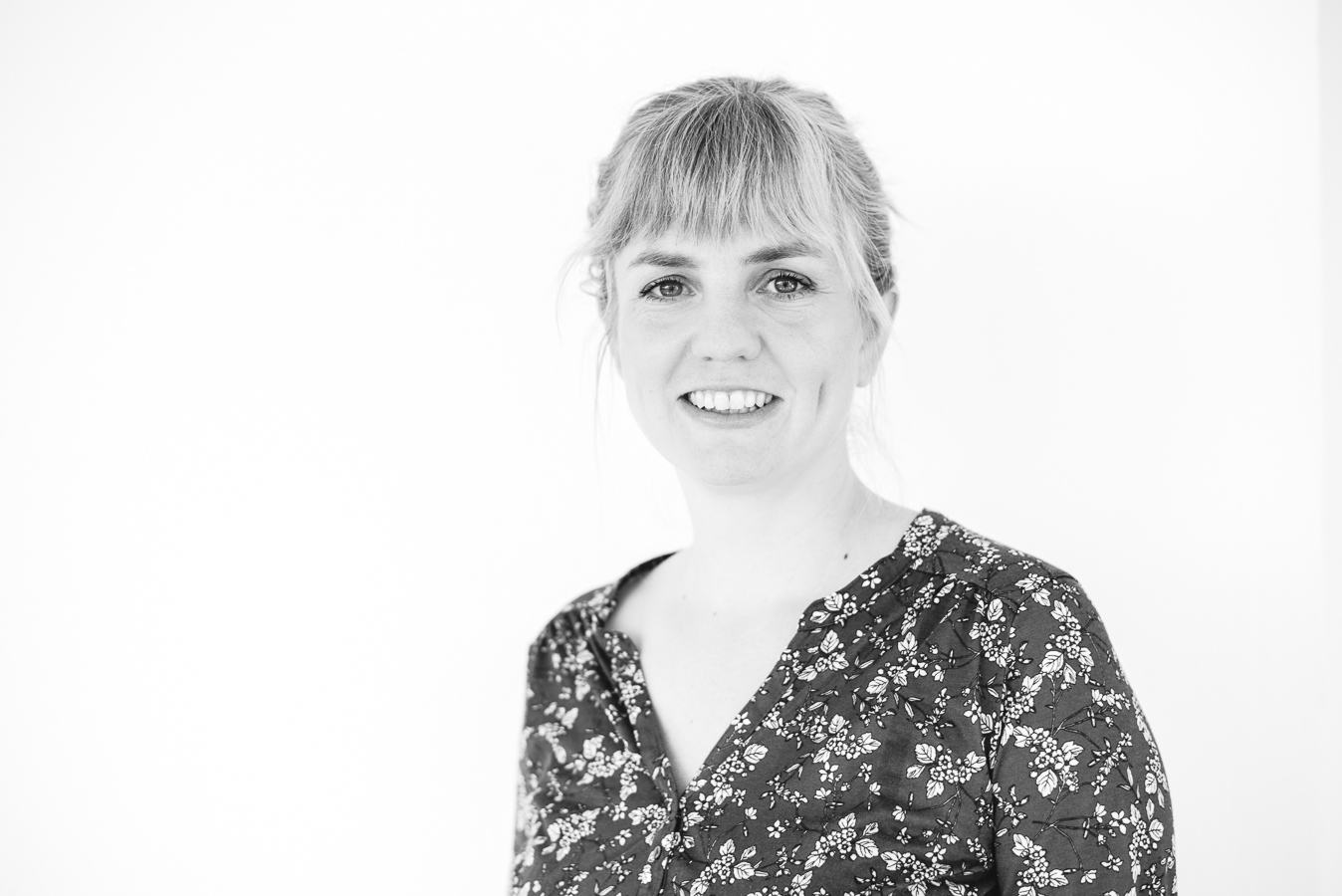

Elisabeth Süßbauer
Head of Junior Research Group, Technische Universität Berlin, Center for Technology and Society, Kaiserin-Augusta-Allee 104, Sekr.
Full profile
Elisabeth Süßbauer is head of the junior research group "PuR - Systemic Solutions for Packaging Prevention" at the Center for Technology and Society, TU Berlin. She is a sociologist and gained her PhD in urban planning. Her research interests include sustainable consumption in everyday life (with a focus on waste prevention), sustainable transformation of organisations and cities and participatory innovation processes. Her research is based on Social Practice Theories as well as sociology of organisations. Elisabeth's methodological focus is on qualitative, experimental and mixed method approaches. She is also interested in theoretical and methodological aspects of inter- and transdisciplinary sustainability studies.




Philip Vergragt
SCORAI; Professor Emeritus, Clark University
Full profile
Philip J Vergragt PhD is a Professor Emeritus of Technology Assessment at Delft University of Technology, The Netherlands, and currently a Research Professor at Marsh Institute, Clark University, Worcester, MA. He is also a local climate activist in Newton, MA and at the State level in the Commonwealth of Massachusetts, USA. He has co-authored more than 100 scientific publications and five books. His most recent book (April 2021) is Sustainable Lifestyles after Covid 19 https://www.routledge.com/Sustainable-Lifestyles-after-Covid-19/Echegaray-Brachya-Vergragt-Zhang/p/book/9780367754099 His main research interests are visioning and backcasting; sustainable technological and social innovations in transportation, energy, and housing; grassroots innovations; socio-technical transitions; sustainable consumption and production; sustainable cities; and technology assessment of emerging technologies. In the 1990s he was a Board member of the Greening of Industry network. Since 2008 he is a Founding and Executive Board member of SCORAI, the Sustainable Consumption Research and Action Initiative. In 2016 he was a co-founder of the KAN SSCP, the Future Earth Knowledge Action Network on Systems of Sustainable Consumption and Production. He co-chairs the working groups on Communication and Consumption (WgCoCo) and SPC in Cities; and is a member of the Political Economy Working Group and the Social Change Working Group. Prof. Vergragt obtained a PhD in Chemistry from the University of Leiden, The Netherlands, in 1976.
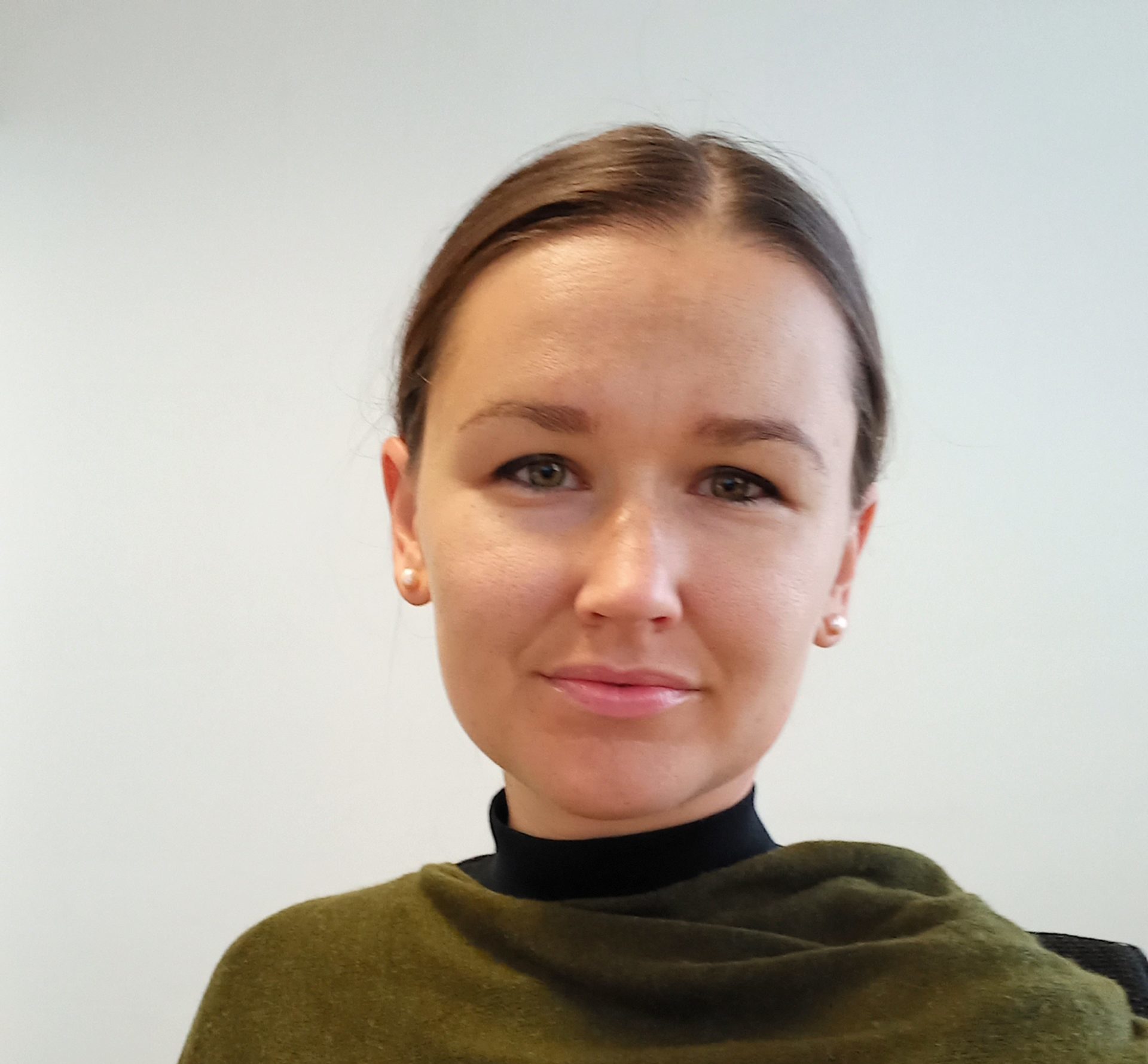

Katia Vladimirova
Senior Research Associate, University of Geneva
Full profile
Katia Vladimirova holds a double PhD in political theory and political science and works on the issues of social change in the context of sustainability. Her area of expertise (action research) is sustainable fashion consumption. She is a founder and coordinator of an International research network on Sustainable Fashion Consumption.
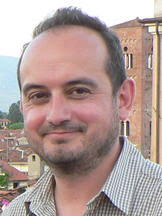



Dan Welch
Full profile
Dan Welch is a sociologist and Research Fellow at the Sustainable Consumption Institute (University of Manchester). His research interests focus on the sociology of consumption and consumer culture, political economy and understanding processes of social change. Specific research topics have included sustainability communications, food waste, corporate governance, behaviour change and the history of consumer culture. Dan has a background in journalism and copywriting and is a former editor of Ethical Consumer magazine. He is currently conducting a research project on ‘Imagined futures of Consumption’ (funded by the UK’s Economic and Social Research Council) which explores how visions, models and expectations of the future of consumption shape, and are shaped by, social processes.
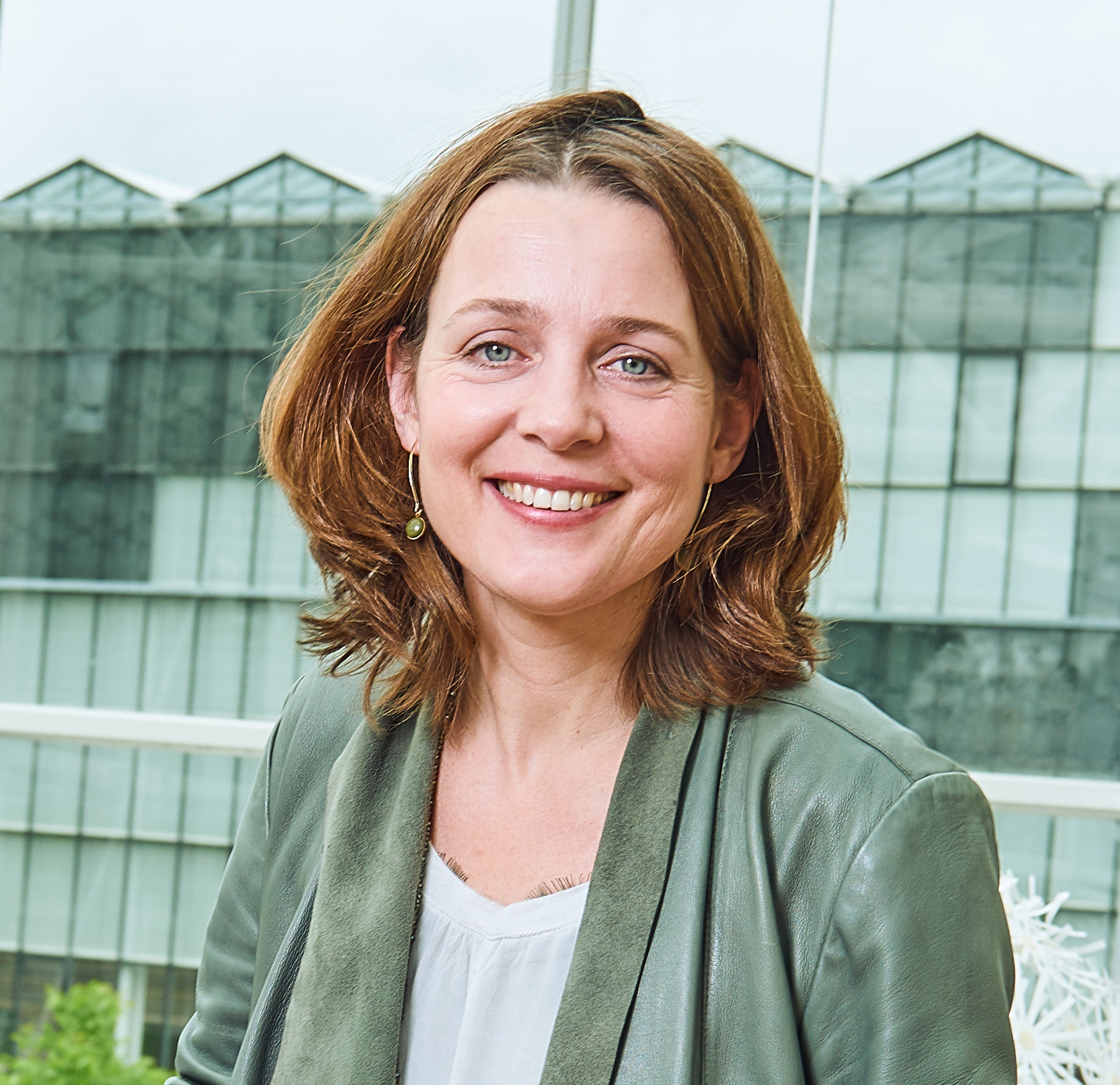

Sigrid Wertheim-Heck
Associate professor, Environmental Policy Group, Wageningen University
Full profile
"Dr. Sigrid Wertheim-Heck is associate professor in global food system transformation at the Environmental Policy Group of Wageningen University, The Netherlands. Her interest in urban food systems informs her agenda on the relationship between urbanization, food provisioning and food consumption. Projects across Asia, Africa and Europe bring together three areas of research, namely sustainable food consumption, governance practices and global-local dynamics. Before joining WUR, Sigrid had 20+ years international agro-food experience in the private sector ranging from business development to market/consumer research, and marketing/distribution strategy. She has been strategic policy advisor for different governments on issues related to food security in the emerging markets of SEA. “To find solutions and directions for making the food system more sustainable requires a global perspective. I believe that a true global perspective can only be obtained when local, contextualised dynamics are well understood.”"


Ulrikke Wethal
Postdoctoral fellow, Centre for Development and the Environment, University of Oslo
Full profile
Ulrikke Wethal holds a Ph.D in Human Geography from the University of Oslo and is currently a postdoctoral fellow at Centre for Development and the Environment, University of Oslo. She has previously worked with emerging economies and sustainability, Chinese infrastructure projects in Africa, south-south-cooperation, and power disruptions in Norway. Her postdoc focuses on sustainability, consumption and social change, with empirical projects on the transformative potential of local initiatives for circular production and consumption in Norway (reuse, repair), the embeddedness of meat in Norwegian food practices and ways to promote sustainable meat-use in Norway, sustainability and household consumption in Norway, and COVID-19, changing social practices and transitioning to sustainable lifestyles.
Communicating for Sustainable Consumption and Production
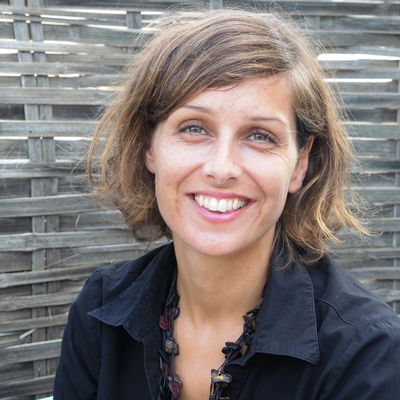

Valentina Aversano-Dearborn
Co-Founder and Executive Director, ViA: Forum for Sustainable Visions in Action
Full profile
Valentina is one of the co-founders and co-directors of ViA, a youth empowerment NPO with a base in Germany&Austria and youth projects on the SDGs world-wide. With a background in freelance journalism and over 7 years in the academic world of sustainability research, she invests now 100% of her time into building engaging programs, games, workshops and trainings for youth and young multipliers (e.g. teachers, young professionals). The goal is to get young people empowered for a future in which sustainable consumption and production is the new norm. ViAs main tools for transformation are: design thinking, dynamic facilitation, storytelling4change, and virtual peer-learning formats.
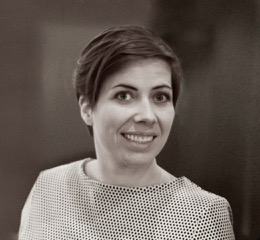



Natalie Bennettv
Entrepreneurial Development Coordinator, University of Sunderland
Full profile
Natalie has worked in a range of organizations including impact-driven entrepreneurship, NGOs and social enterprises. Currently she dedicates most of her time to University of Sunderland as Enterpreneurial Development Coordinator, supporting students and graduates to develop their entrepreneurial mindsets and skills across a range of brand new initiatives. Starting her career as an architect in Beijing, China, she has since pivoted her career to apply her design skills to delivering programming that focus on driving regenerative businesses practice. Most recently mentoring on Tech4Good, Huawei, camps and Sustainable Supply Chain Management, CISL.








Leonie Dendler
Senior Research Fellow, German Federal Institute for Risk Assessment
Full profile
Leonie Dendler is a senior research fellow at the German Federal Institute for Risk Assessment working for the crisis prevention and coordination unit within the risk communication department. Her work focusses on stakeholder management and public engagement in regulatory science. She has previously worked for the Sustainable Consumption Institute and the Tyndall Centre for Climate Change Research at the University of Manchester (UK) and Fudan University (China). An environmental scientist by training with a PhD from Manchester Business School (UK), her wider research interest lies in understanding institutional change processes across international consumption and production systems with a particular focus on food. She is a member of the FE KAN working groups on communication and SCP in cities.












Kelley Dennings
Campaigner, Center for Biological Diversity
Full profile
Kelley Dennings is a campaigner with the nonprofit Center for Biological Diversity where she develops and executes campaigns focused on rights-based solutions from voluntary family planning to the solidarity economy to address how the effects of population pressure and inequitable consumption affect the environment. She holds a bachelor’s degree in natural resources from N.C. State and a master’s degree in public health from the University of South Florida.




Daniel Fischer
Associate Professor for Consumer Communication and Sustainability, Wageningen University & Research (The Netherlands)
Full profile
Daniel is an Associate Professor for Consumer Communication and Sustainability at the Strategic Communication Group (COM) at Wageningen University and Research and Co-Chair of the Communication Working Group of the KAN SSCP. Daniel's research explores how more sustainable ways of living and consuming can be facilitated through communication and learning. He uses inter- and transdisciplinary approaches to understand how consumption patterns evolve and change over time and in different cultural settings, and what role communication processes play in this. Daniel strong interest is in intervention research. In recent research projects he studied how innovative practices like mindfulness, storytelling, or citizen science can disrupt consumption routines and increase reflexivity in individuals. Daniel's work in Sustainable Consumption Communication aims, in an educational tradition, to empower people to re-shape their relationships with the consumer societies into which they have been born, encultured and socialized in the industrialized world.
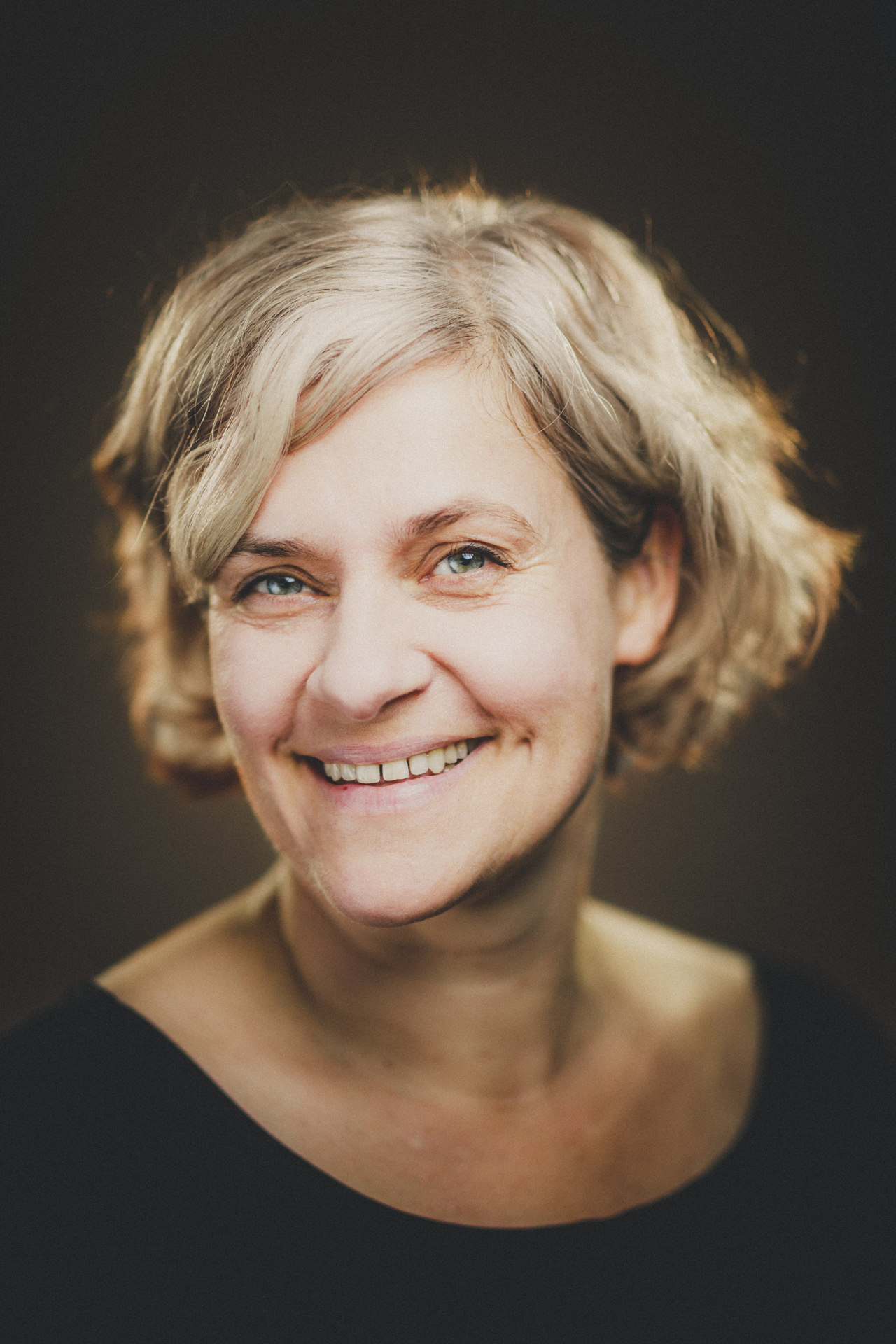



Sonja M. Geiger
Senior Lecturer, Justus-Liebig-University
Full profile
Senior Lecturer in Environmental Psychology at the Consumer research department, Justus-Liebig-University in Gießen. Sonja holds a PhD in Psychology and completed her Habilitation in Germany on innovative ways to foster sustainable consumption, focusing on intervention techniques such as mindfulness practice and strengthening time-wealth in people. Within these behavioral intervention approaches, her research tackles the interplay between normative, cognitive and emotional aspects influencing sustainable consumption behaviors. Recent teaching and research activities have included the focus on how those behaviors are linked to health and wellbeing in people applying a planetary health perspective on the field of nutrition. Here, she explores ways to support the implementation of a planetary health diet on different societal levels. Generally speaking, looking at personal nutrition behavior and their dependence and effects on structural conditions is an example on how psychological insights can be harnessed to propel a socio-economic transformation on all societal levels. Before returning to the scientific exploration of sustainability issues, Sonja has worked for a couple of years in an international environmental association in Latin America, getting in touch with alternative concepts of what it means to lead a good life within planetary boundaries. This experience has inspired her research ever since on how modern environmental psychology can contribute to a societal transformation where people care better for themselves, each other and the natural environment.






Lenneke Kuijer
Assistant Professor, Eindhoven University of Technology
Full profile
Lenneke Kuijer is Assistant Professor in the Future Everyday Group of the Department of Industrial Design at Eindhoven University of Technology. Lenneke is a design researcher working at the touching points of human-computer interaction and social practice theories. Her main interests lie in the areas domestic energy demand and the relation between designing automated artefacts and changes in everyday life.








Kira Matus
Associate Professor/Associate Head, Division of Public Policy, HKUST
Full profile
Prof. Matus is an Associate Professor in the Division of Public Policy and the Division of Environment and Sustainability at The Hong Kong University of Science and Technology. Her research focus is at the intersection of innovation, sustainability science, and public policy, focusing on sustainable production-consumption systems. A large portion of her research is on how policy interacts with the development and implementation of "green" technologies in supply chains, especially those that include the production and/or use of chemicals. She also researches the circumstances under which new technologies allow for, and sometimes even demand, new approaches to policy on the part of public, private and civil society actors. She also has a longstanding interest in the use of scientific expertise in the policy process, especially in relation to sustainability issues.



Janine Fleith de Medeiros
Full Professor (UPF) and Researcher (UFRGS), UPF and UFRGS
Full profile
Janine Fleth de Medeiros holds a Ph.D. in Industrial Engineering from the Universidade Federal do Rio Grande do Sul. She also holds a Masters Degree in Administration and Business. Medeiros is a full Professor of the Graduate Program on Business Administration and of the Graduate Program on Environmental Sciences at Universidade de Passo Fundo, RS, Brazil. She coordinates the research project “Innovation Management of Environmentally Sustainable Products”. Janine is also a researcher on Industrial Engineering from Universidade Federal do Rio Grande do Sul.





Jaco Quist
Assistant Professor, TU Delft
Full profile
Jaco Quist is an assistant professor in Sustainable Innovation and Transitions at the Technology, Policy & Management Faculty, Delft University of Technology. He has completed a dissertation on participatory backcasting that was published by Eburon Publishers in 2007 entitled Backcasting for a sustainable future: the impact after 10 years (see www.eburon.nl or repository.tudelft.nl). His research and teaching evolves around sustainable innovation and transitions, in particular around participatory visioning, backcasting and transition management. His research includes: (i) Making visions for transitions, e.g. through applying participatory backcasting and transition management, developing specific tools, methods and modelling for this; (ii) Evaluating the impact of visioning processes, not only shortly after completion and how these have been turned into pathways, but also five to ten years later, and (iii) Vision dynamics in emerging niches and transitions. The includes how emerging visions relate to social innovation, learning, sustainable consumption and new business models. Work is done on Sustainable Consumption and Production (SCP), Circular Economy, Renewable Energy, Climate Adaptation, and Urban Agriculture and Food. Jaco Quist has been the (co)editor of special issues in Technological forecasting (2011, on “Backcasting for sustainable futures”) and in the Journal of Cleaner Production in2013 (on “sustainable Innovation & Sustainable business models” and on “Learning and Collaboration for Sustainable Innovation and Consumption”), and in 2019 (forthcoming, SCP in a Circular Economy).








Georgina Guillen-Hanson
Co-Chair, Future Earth SSCP KAN, Researcher, Gamification Group - Tampere University
Full profile
Georgina (Ginnie) is currently exploring gamification to enable consumption practice shifts towards more sustainable ones. Currently working as a PhD researcher at the Gamification Group (Tampere University, Finland), she has always been interested in translating research findings into applicable “everyday language.” Building upon her +20 year-experience in the private and not-for-profit sectors in all continents, her work covers a wide array of topics that include citizen engagement and education, human-centered design processes, communication, and the power of media. Before joining the Gamification Group, as a cohort of the Collaborating Center on Sustainable Consumption and Production in Germany (2010-2019), she directed projects for SWITCH Africa Green and developed and managed a portfolio of projects that included collaboration with multilateral organizations such as the United Nations Staff System College, the German Ministry for Economic Cooperation and Development, the European Union, and various private actors. Earlier, she managed the sustainability and social communication unit at Grupo Salinas in Mexico, supported the business development of various social enterprises in Estonia, and worked as a communication officer for ABN AMRO Bank (The Netherlands). She holds an MSc in strategic leadership towards sustainability (Sweden), a Master in marketing and business direction (Spain), and a Bachelor in political science (Mexico). Ginnie is also part of the Forum Visions in Action, and coaches youth-led organizations and individuals in their efforts to enable more sustainable ways of living.
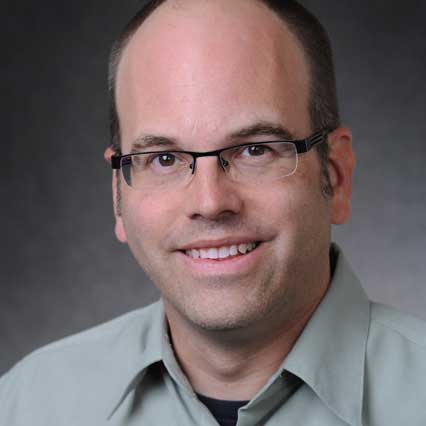

Michael Arnold Mages
Asst. Professor, Northeastern University
Full profile
My research interests include developing a rich understanding of the ways that service design, technology and the material environment facilitate human conversation. I am especially interested in creating work that supports participants’ understanding of their own intersectional identity as a component of a conversation, and creating work that can support conversations that are difficult, or high-stakes, or where one or more participants are in a leveraged position. During the past 3 years I have formed research partnerships and conducted projects with The City of Pittsburgh, The Heinz Endowments, The Environmental Charter School, The Office of Veterans Affairs (MyVA Communities), and the Obama White House initiative My Brother’s Keeper for Southwestern Pennsylvania. I have worked as a reseracher for Carnegie Mellon’s Program for Deliberative Democracy, and the Metro 21: Smart Cities Initiative.
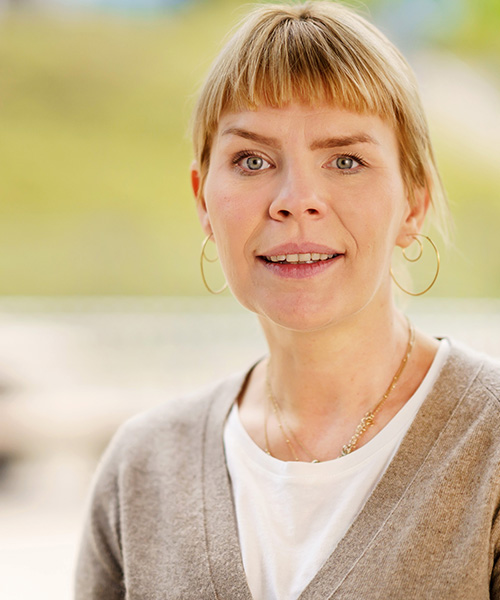

Julia Lena Reinermann
Postdoc, FernUniversität in Hagen
Full profile
Julia is a postdoc at the FernUniversität Hagen. For several years she has been working on participation and communication in the circular economy or in the field of sustainable consumption. She also focuses on social change communication and the use of media and participation processes. Julia studied communication and social sciences and did her PhD on emotions, sustainability festivals and movements.





Ambreen Waheed
Founder & Adviser, Responsible Business Initiative
Full profile
Founder Responsible Behaviour Institute;Founder Responsible Business Initiative;Board of Director, Millat Tractor Limited;Director Global Responsibility, BSP-Stora Enso JV (former);Chair SAFoRB-SouthAsia Forum on Responsible Business;Member PRME Anti-Corruption & Poverty Alleviation Group;Visiting Professor Wharton Business-USA; ESSEC Business-France. MPhil, University of Cambridge, UK.Globally recognized for innovative and pioneering work on Responsible Business policies and practices, Ethical & Environment Risk management, Anti-Corruption, Stakeholder Involvement, Responsible Investments, SDGs. Founded/Co-Founded multiple Global/Regional organizations & initiatives. Designed frameworks/Processes for Accountability, Transparency and Sustainability disclosures. Served on boards, advisory committees and strategy teams, of global multilateral, academic and business organizations (UNCTAD, UNIDO, UNDP, FLO, UN-Global-Compact, GRI,TBLI, GRLI, APRSCP, AccountAbility, Nike, Petrobras, SECP, ICAP). Chaired EHSAAS “Innovative Financing Business & Entrepreneurship”. Designed ‘National Responsibility Framework’ for SDG’s Implementation & Impacts.Authored: Pakistan's first, CSR Industry status report (RBI & SECP) “Responsible Business Guide” (RBI & CIPE). Co-authored AccountAbility's State of Responsible-Competitiveness (foreword-Al Gore).
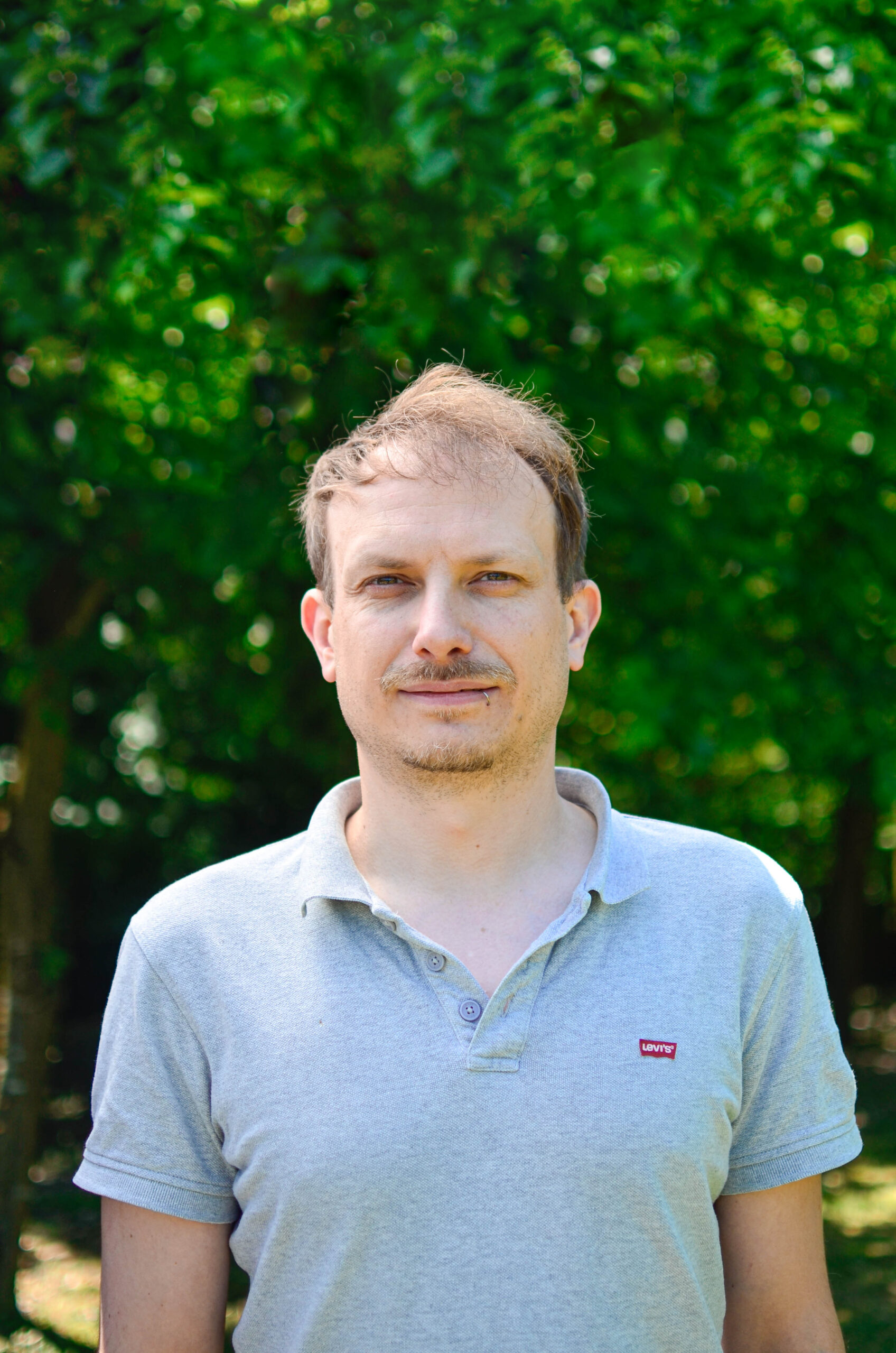



Stephan Wallaschkowski
Research Fellow, Leuphana University Lüneburg / Bochum University of Applied Sciences
Full profile
Stephan Wallaschkowski is researcher, lecturer and coordinator for sustainability education at Bo-chum University of Applied Sciences. Prior to that he was research fellow at the Wuppertal Institute for Climate, Environment and Energy. He formerly also worked for the Environment & Resources Department of the Fraunhofer Institute Dortmund and for the Institute for Advanced Study in the Humanities Essen regarding consumer and corporate social responsibility. Stephan Wallaschkowski holds a graduate diploma in management, economics and sociology from the Ruhr University Bo-chum. During his studies he focused on consumer behavior, empirical research methods and on socio-economic transitions. Therefore he is a specialist for sustainable consumption and for the role of consumers for sustainable development. Currently he’s doing his PhD at Leuphana University of Lüneburg, working on sustainable consumption from gender perspective.
Global Value Chains
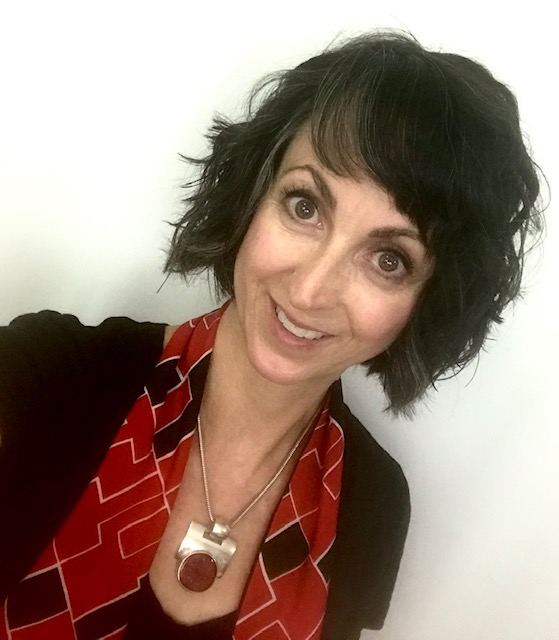

Nicole Darnall
Associate Dean, College of Global Futures; Associate Director, School of Sustainability; Co-founder, Sustainable Purchasing Research Initiative, Arizona State University
Full profile
"Nicole Darnall is Associate Dean of Faculty Success and Strategic Partnerships in ASU's College of Global Futures and Associate Director and Professor of Management and Public Policy in ASU's School of Sustainability. She is Co-founder of ASU’s Sustainable Purchasing Research Initiative and Distinguished Sustainability Scholar at the Julie Ann Wrigley Global Institute of Sustainability. Her research assesses non-regulatory sustainability governance approaches: voluntary programs, strategic alliances, certifications, and information-based initiatives. Her work investigates whether the absence of state coercion, combined with appropriate incentives, can encourage organizations and individuals to behave more sustainably. Professor Darnall is an elected Fellow in the National Academy of Public Administration, an Abe Fellow, an Economic and Social Research Council and Social Science Research Council Collaborative Visiting Fellow, an Erasmus Mundus International Scholar, and Spanish Ministry of Education International Fellow. She has received the Academy of Management's Organizations and Natural Environment Best Paper Award. Her research on business-government collaborations received the Academy of Management Public and Nonprofit Management’s Best Journal Article Award, and her scholarship on environmental audits received the Decision Science Institute's Distinguished Paper Award. She has served as a senior editor of Production and Operations Management and associate editor of Business & Society and Organization and Environment. She is on the Editorial Review Board of Cambridge University Press, Public Administration Review, Business & Society, Organization & Environment, and Business Strategy and the Environment. She is a founding member of the Group of Organizations and Natural Environment (GRONEN), a network of European and North American scholars focused on organization sustainability. Prior to her career in academia she worked as an economist for the U.S. Forest Service."






Joerg S. Hofstetter
Professor & ISVC President, KEDGE Business School & International Forum on Sustainable Value Chains (ISVC)
Full profile
An academic expert in circular economy, corporate sustainability, global value chains, and multinational multi-tier supply chains with over 20 years of experience, Associate Professor in Supply Chain Management at KEDGE Business School Bordeaux, Head of its Lab “Sustainable Supply Chains”, President of the International Forum on Sustainable Value Chains (ISVC), Lecturer at the University of St. Gallen, and Fellow of the Center for Organization Research & Design (CORD) at Arizona State University.












Peter Larsen
Senior Lecturer, University of Geneva
Full profile
Anthropologist of training working in the fields of social justice and sustainability more broadly.








Kira Matus
Associate Professor/Associate Head, Division of Public Policy, HKUST
Full profile
Prof. Matus is an Associate Professor in the Division of Public Policy and the Division of Environment and Sustainability at The Hong Kong University of Science and Technology. Her research focus is at the intersection of innovation, sustainability science, and public policy, focusing on sustainable production-consumption systems. A large portion of her research is on how policy interacts with the development and implementation of "green" technologies in supply chains, especially those that include the production and/or use of chemicals. She also researches the circumstances under which new technologies allow for, and sometimes even demand, new approaches to policy on the part of public, private and civil society actors. She also has a longstanding interest in the use of scientific expertise in the policy process, especially in relation to sustainability issues.





Ambreen Waheed
Founder & Adviser, Responsible Business Initiative
Full profile
Founder Responsible Behaviour Institute;Founder Responsible Business Initiative;Board of Director, Millat Tractor Limited;Director Global Responsibility, BSP-Stora Enso JV (former);Chair SAFoRB-SouthAsia Forum on Responsible Business;Member PRME Anti-Corruption & Poverty Alleviation Group;Visiting Professor Wharton Business-USA; ESSEC Business-France. MPhil, University of Cambridge, UK.Globally recognized for innovative and pioneering work on Responsible Business policies and practices, Ethical & Environment Risk management, Anti-Corruption, Stakeholder Involvement, Responsible Investments, SDGs. Founded/Co-Founded multiple Global/Regional organizations & initiatives. Designed frameworks/Processes for Accountability, Transparency and Sustainability disclosures. Served on boards, advisory committees and strategy teams, of global multilateral, academic and business organizations (UNCTAD, UNIDO, UNDP, FLO, UN-Global-Compact, GRI,TBLI, GRLI, APRSCP, AccountAbility, Nike, Petrobras, SECP, ICAP). Chaired EHSAAS “Innovative Financing Business & Entrepreneurship”. Designed ‘National Responsibility Framework’ for SDG’s Implementation & Impacts.Authored: Pakistan's first, CSR Industry status report (RBI & SECP) “Responsible Business Guide” (RBI & CIPE). Co-authored AccountAbility's State of Responsible-Competitiveness (foreword-Al Gore).
Circular Economy
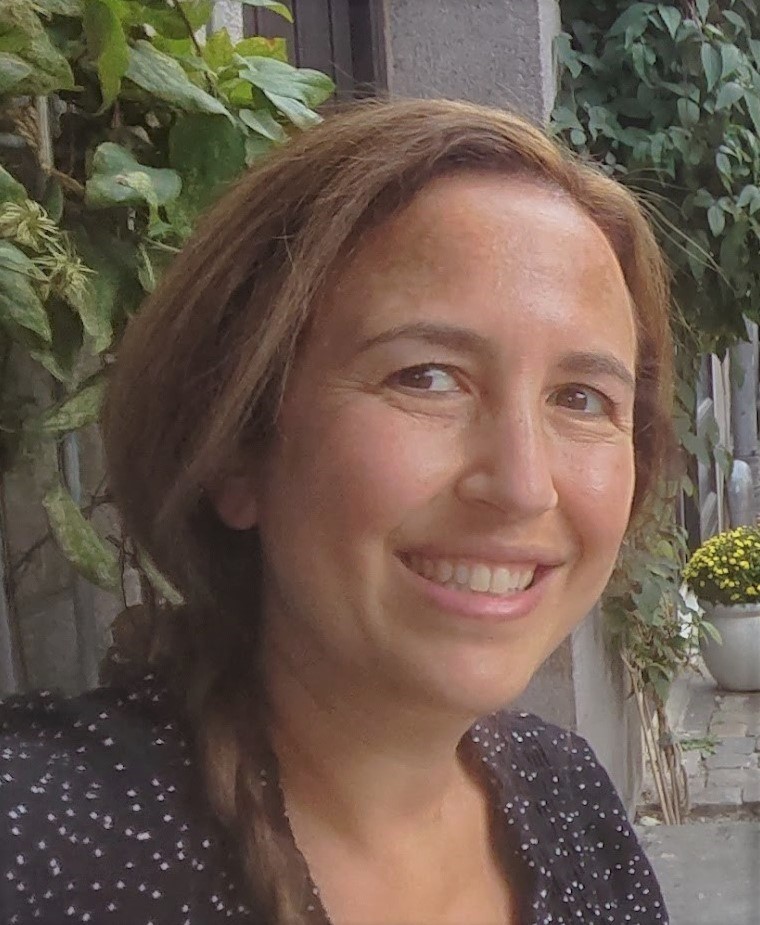

Rachel Alexander
Visiting Researcher, Copenhagen Business School & Senior Research Associate, University of Johannesburg
Full profile
Rachel Alexander is an independent consultant focused on sustainable production as well as employment and business growth in developing countries. She is currently a visiting researcher in the Centre for Business and Development Studies at Copenhagen Business School and a Senior Research Associate with the South African Research Chairs Initiative (SARChI) Industrial Development at the University of Johannesburg. She holds a PhD in International Development Policy and Management from the University of Manchester’s Global Development Institute.
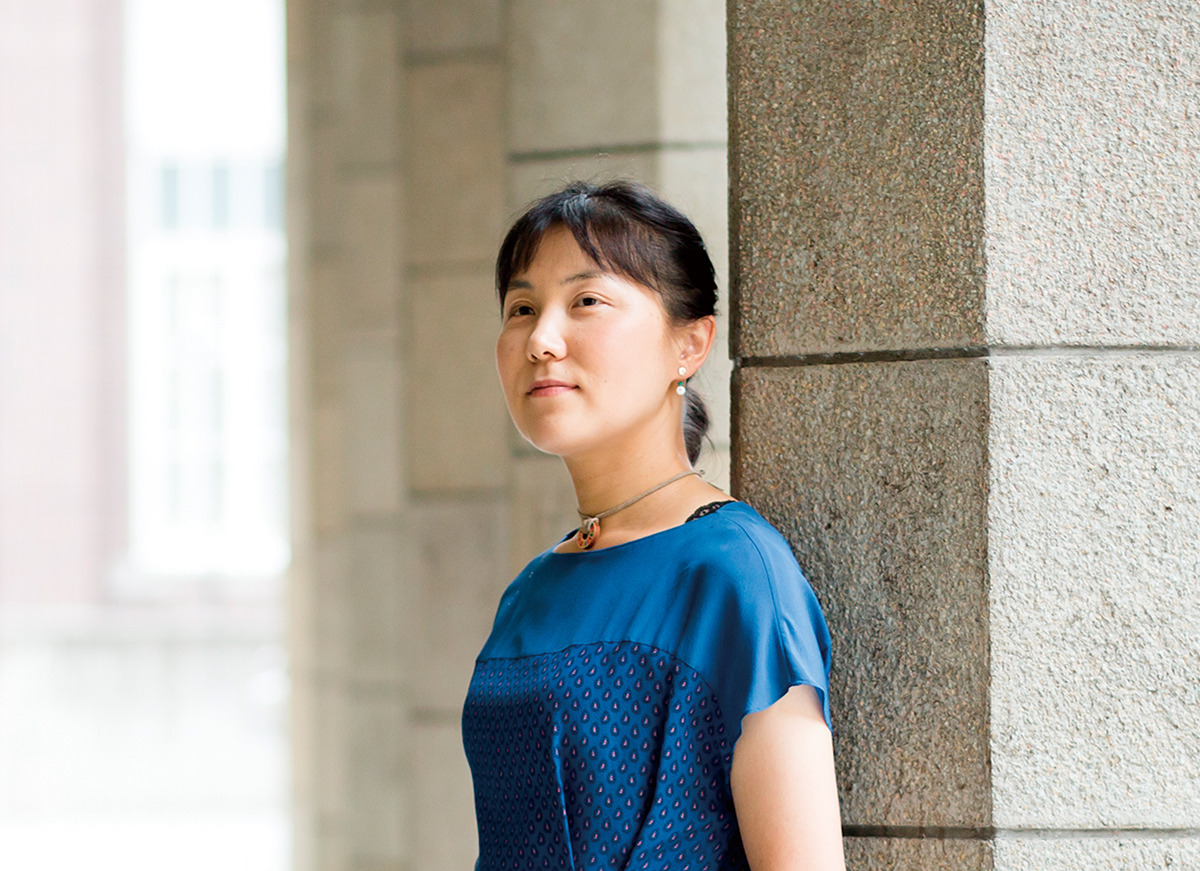

Misuzu Asari
Professor, Research Institute for Humanity and Nature
Full profile
Her current special field is the research of waste management, especially plastic products/waste, disaster waste and food waste. She is also involved in a campaign to raise awareness of 3R (Reduce Reuse and Recycle), and hard at the “3R and Low carbon society”-Licensed/Leadership program for development of human resources (http://www.3r-teitanso.jp/index.html). Additionally, she promotes 3R research network and manage international academic conference (http://www.3rincs.org/).
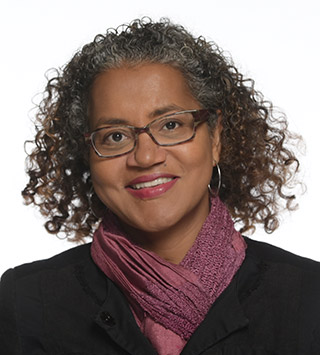







Karla Brollier
Director, Climate Justice Initiative
Full profile
"Karla is an artist and systems thinker that focuses on Kincentric Ecosystems, Climate Change, Indigenous Rights, Human Rights, Women's Rights, Emerging Issues, New Economies and Systems. Karla Brollier is of the Yidateni Na' Tribe of the Ahtna Athabaskan peoples, she was born and raised in Alaska where she obtained her undergraduate degree as well as an MBA. Karla is the Co-founder and Senior Consultant for Saghani Consulting, which is an emergent economy, social justice and climate impact consulting firm that works with clients to assess, develop, and implement strategies, initiatives, policies and to conduct research and evaluation the world’s most urgent social and environmental challenges. She is also the Founder and Director of The Climate Justice Initiative, which focuses on Indigenous Peoples, Human Rights and Climate Change. The Climate Justice Initiative is the first and only Indigenous led and focused climate change organization in the United States that protects both environmental and human rights, and the only Indigenous women-led and focused climate change organization in the US. Karla is a catalyst in the climate and human rights movement in both the public and private sectors; she has spent much of her career consulting and working in emergent issues such as policy, economic models, environmental justice and has worked with the Climate Reality Project, the UN & directly with several US administrations and a multitude of international and nationally based climate change related programs and groups such as for the former VP Al Gore and the World Economic Forum. Karla has given plenary presentation at the international level including the WEF, presented at the United Nations, lectured at multiple universities, as well as facilitates and teaches workshops and classes around the globe. She has won multiple awards including the Female Founders Alliance 2020 Champion Awards and the 2020 Women of Color Collective in Sustainability Award. She serves on the Executive Committee of the Institute of the North, Committee of the Future Earth Knowledge Action Network on Sustainability, and the Governor appointee for the Natural Resources Conservation and Development Board. She is a current fellow as a Heller International Fellow, a Women’s Earth Alliance Fellow with TNC and Earth Island Institute. "
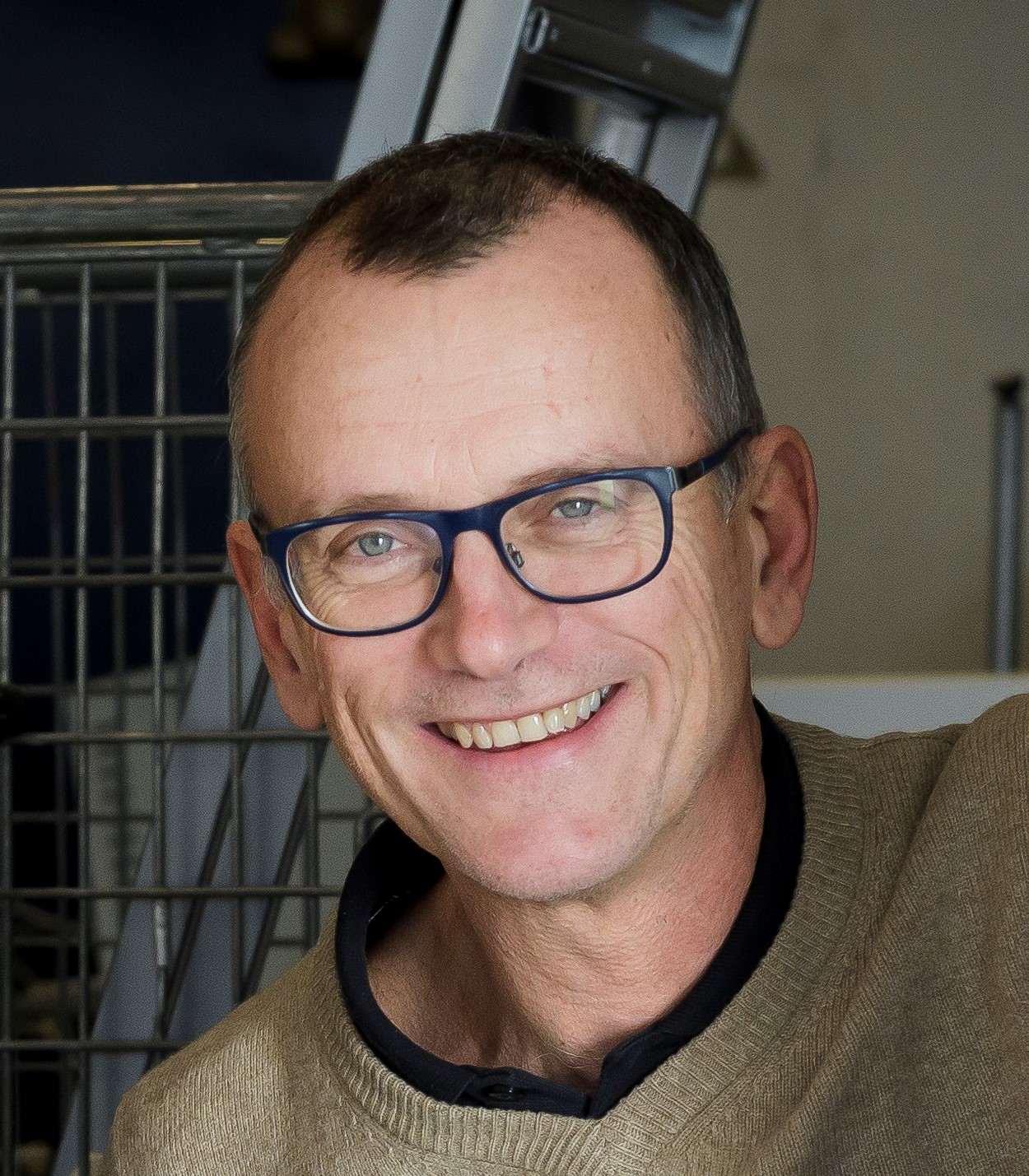



Herve Corvellec
Lund University
Full profile
Hervé Corvellec received his PhD in business administration from Lund University in 1996 with specializations in management accounting and organization theory. He also has over 20 years of experience in interdisciplinary research environments during which he has first conducted research about railroad planning, risk in public transportation, and wind power siting. This general interest in infrastructures has guided him to focus on the governance, planning, and organizing of waste management; wasting behaviors and practices; waste ethics; waste narratives and discourses; and social-scientific theories of waste. From waste, he has then moved over to researching resources, the circular economy and circular business models. He has published his research within management (e.g., Accounting Organization and Society, Culture and Organizations, Marketing Theory, Organization, Research Policy), social-anthropology (Journal of Material culture), geography (Environment and Planning A), environmental studies (Business and Society, Journal of Cleaner Production, Journal of Industrial Ecology, Sustainable Development), and engineering (Waste Management, Waste Management & Research).








Paul Dewick
Professor of Sustainability, Faculty of Business and Law, Manchester Metropolitan University, UK
Full profile
I am Professor of Sustainability at Manchester Metropolitan University. My research explores the role of innovation in systems of sustainable consumption and production. Much of my past work has looked at eco-innovation in the food and built environment sectors. More recently I've explored the factors facilitating and hindering the circular economy, and the sustainability implications of innovations stimulated by crises. I am a Senior Honorary Research Fellow at the Manchester Institute of Innovation Research, The University of Manchester, and elected member of the Steering Committee of Future Earth's Knowledge Action Network on Systems of Sustainable Consumption and Production (KANSSCP). I co-chair Future Earth's KANSSCP Working Group on the Circular Economy. I am a member of the editorial board of Springer’s ‘Circular Economy and Sustainability’ journal.








Felix Donkor
Post-doc, University of South Africa (UNISA)
Full profile
"Felix Kwabena Donkor is a research fellow at the College of Agriculture and Environmental Sciences (UNISA), South Africa. He serves on the advisory board of the joint African Union and European Union HAQAA (Harmonisation of African Higher Education Quality Assurance and Accreditation) Initiative. He is the immediate past vice-chair for CQAB (Course Quality Advisory Board) of the Erasmus Mundus Students and Alumni Association (EMA) and a member of its PQAU (Policy and Assurance Unit). Felix completed his PhD in environmental sciences from the School of Animal, Plant and Environmental Sciences (APES), of the University of the Witwatersrand (South Africa). He is also an alumnus of the Joint European Masters in Environmental Sciences (JEMES) jointly run by Techniche Universitat Hamburg (Germany),University of Aalborg (Denmark), Aveiro University (Portugal) and Universite Autonomia Barcelona(Spain). He served as President of the Erasmus Mundus Students and alumni African Chapter and a core team member of the African Students and Alumni Forum (ASAF). His research interests include education for sustainable development, sustainable rural livelihoods, indigenous knowledge systems, and environmental governance. He has published widely on these areas as well as presented them. He served as deputy chair of the South African Adaptation Network. He is a business mentor for the Tony Elumelu Foundation Entrepreneurship Program, and a founding member of the Inala Food Sovereignty and Climate Justice Forum which champions food security and climate education amongst students. His hobbies include cycling, swimming, jogging, writing and music. "




Sophie Dubuisson-Quellier
Research Professor, CNRS-Sciences Po
Full profile
Sophie Dubuisson-Quellier works in the field of economic sociology, conducting research on the interactions between market organizations, social movement and public policies in the field of food and environmental issues. Her publications appeared in Social movement studies, Organization studies, Journal of consumer culture, Sustainability, Sociologia Ruralis, Environmental policy and governance, and other journals. She is co-chief-editor of the Revue française de sociologie, member of the French High Council on Climate and chair of the Scientific advisory board of the French Agency for the Environment.
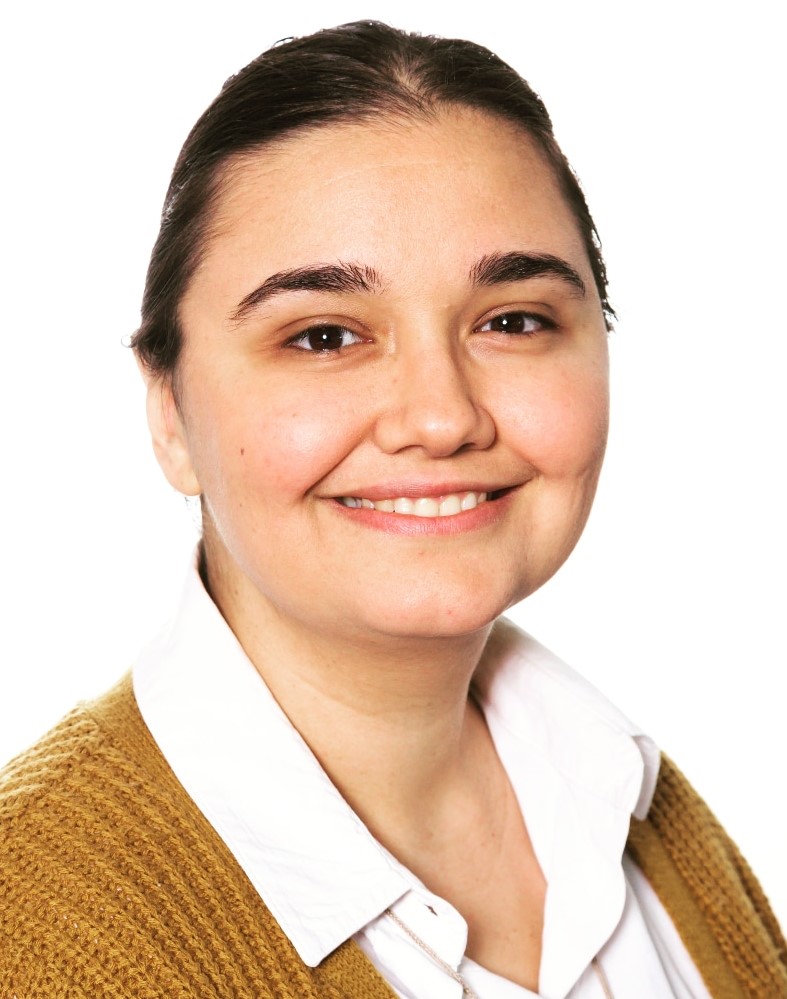



Tulin Dzhengiz
Lecturer (Assistant Professor), Manchester Metropolitan University
Full profile
Dr Tulin Dzhengiz is a Lecturer (Assistant Professor) in Sustainability at the Department of Strategy Enterprise Sustainability at Manchester Metropolitan University. Prior to this role, she worked as a postdoctoral researcher at Aalto University, School of Business in Finland. There, she was a member of an interdisciplinary project that focused on bringing circularity and sustainability to textile ecosystems. She has, therefore, been involved in projects about circular textile ecosystems in Finland. In addition, she researched textile recycling clusters in emerging country contexts like Turkey. Before her postdoctoral research, she conducted her doctoral studies at the Alliance Manchester Business School, University of Manchester and her doctoral thesis focused on partnerships and strategic alliances in the context of corporate sustainability and their role in contributing towards sustainable development goals. She is interested in researching inter-organisational relationships including collaborations, strategic alliances, partnerships, innovation and entrepreneurial ecosystems, and industrial clusters in the context of sustainability and circular Economy. She has published in various journals such as the International Journal of Management Reviews, Business Strategy and the Environment, Journal of Business Ethics, and Sustainability.



Chiara Farné Fratini
Senior Researcher, Technical University of Denmark - Department of Environmental Engineering (DTU Environment)
Full profile
I conduct research on the controversies and dynamics arising from the way organizational actors frame and shape the innovation, implementation and institutionalization of management practices and organizational forms for the transformation of infrastructures and service sectors (e.g. water, energy and waste) aimed at sustainable development, climate change adaptation and mitigation. My goal is to provide advices for the governance of sustainable transitions. My theoretical work focuses on Science and Technology Studies (STS), transition theories, valuation, organizational and institutional studies



Mary Greene
Assistant Professor, Wageningen University
Full profile
Mary Greene is an Assistant Professor at the Environmental Policy Group at Wageningen University. She researches and teaches in the field of environmental governance, development, sustainable production and consumption, social theory and research methods. Mary's current research interests focus on environmental governance and sustainable consumption research. She is especially interested in the inter-relationships between socio, cultural and technological change and evolution of social practices in peoples everyday lives (such as food, energy, and mobility). She is also interested in exploring the role and experience of citizen-consumers in innovations towards sustainable production and consumption systems, with a particular focus on circular economy transitions. Theoretically, Mary has expertise in sociological theories of consumption, including practice theories, transition theories, multi-level perspectives, political economy, and energy cultures, to name just a few. Methodologically, she applies interdisciplinary, participatory and cross-cultural case study research methods to explore intersecting contextual processes shaping action.
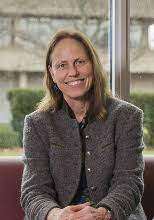

Jutta Gutberlet
Professor in Geography, Department of Geography, University of Victoria
Full profile
Jutta Gutberlet is interested in studying the social and environmental outcomes of development, in view of sustainability and community resilience. For almost 20 years she has done research related to waste and discard studies. Her recent interest are on social grassroots innovations, the circular economy and epistemologies of waste.
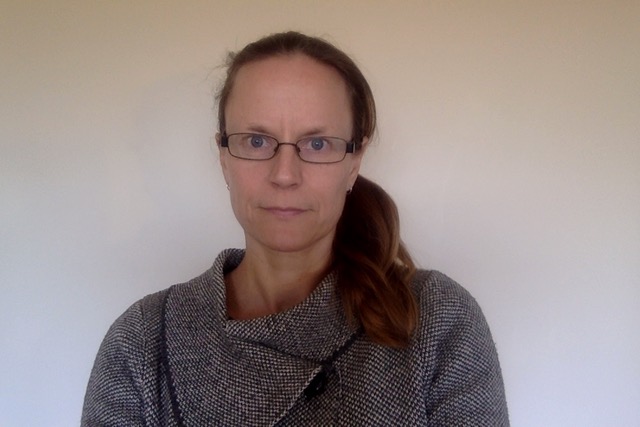

Kersty Hobson
Director of Undergraduate Studies / Reader School of Geography and Planning Cardiff University
Full profile
Kersty Hobson is Reader in Human Geography in the School of Geography and Planning, Cardiff University (Wales, UK). Before moving to Cardiff in 2015, she held academic positions at the University of Birmingham, Australian National University, and the University of Oxford. Her research examines spaces and processes of socio-environmental change including household and community transformations and public deliberation, as well as policy and discursive framings and interventions. Her current research interest focuses on the socio-political implications of, and challenges for, the burgeoning Circular Economy agenda, with projects examining topics such as the ‘circular consumer’, sustainable product service systems and consumption work.






Joerg S. Hofstetter
Professor & ISVC President, KEDGE Business School & International Forum on Sustainable Value Chains (ISVC)
Full profile
An academic expert in circular economy, corporate sustainability, global value chains, and multinational multi-tier supply chains with over 20 years of experience, Associate Professor in Supply Chain Management at KEDGE Business School Bordeaux, Head of its Lab “Sustainable Supply Chains”, President of the International Forum on Sustainable Value Chains (ISVC), Lecturer at the University of St. Gallen, and Fellow of the Center for Organization Research & Design (CORD) at Arizona State University.



Melanie Jaeger-Erben
Professor, Technische Universitaet Berlin
Full profile
Melanie represents the Chair for Transdisciplinary Sustainability Research at TU Berlin. Her fields of interest consider the nexus of society, technology and environment. Her teaching and research activities are focused on social-ecological change, (un)sustainable systems of consumption and production and Circular Society.
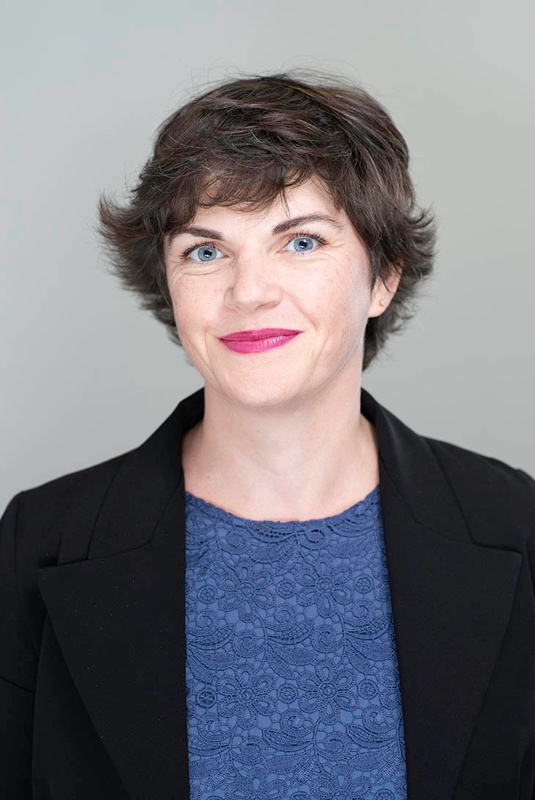

Anicia Jaegler
Full professor in sustainable supply chain management, Kedge Business School
Full profile
Anicia Jaegler is full professor at Kedge Business School. She received a diploma in engineering and a Ph.D. degree from the École des Mines de Saint-Etienne, France, and an HDR (post-doctoral diploma) from the CRETLOG of the University Aix-Marseille, France. Since 2021, she has been associate dean for Inclusivity. Her current research conducted within the Sustainability Center of Excellence focuses on sustainable supply chain management as reverse logistic.










Charlotte Louise Jensen
Analyst, CONCITO
Full profile
Charlotte works at Denmark's leading climate think tank, CONCITO, which purpose is to translate knowledge into action by channeling science and knowledge-based analyses and information on pathways towards a net-zero emission and climate robust society. Working across CONCITOs programmatic focus areas, Charlotte works with promoting sustainable, climate-friendly consumption and lifestyles.
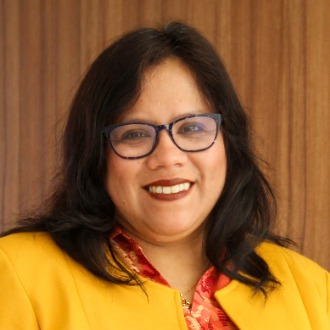



Joanna Noelia Kamiche-Zegarra
Associate Professor, Economics Department, Universidad del Pacífico
Full profile
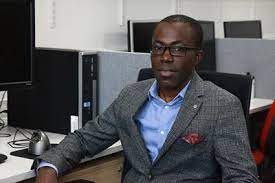





Hsin-Tien Lin
Assistant Professor, Department of Environmental Engineering, National Cheng Kung University
Full profile
Hsin-Tien Lin is an Assistant Professor in Department of Environmental Engineering at National Cheng Kung University. Hsin-Tien’s research is about promoting circular economy by approaches including life-cycle assessment, material flow analysis, and transdisciplinary collaboration. Her team works on improving the resource and energy efficiency of social and industrial systems, focusing on food packaging, end-of-life vehicle recycling, and agricultural waste for renewable energy. Hsin-Tien’s team collaborates with local stakeholders including retailers, food delivery service company, vehicle manufacturing company, and bioenergy company, and NGOs.
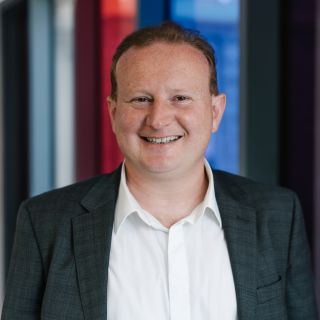



David Littlewood
Senior Lecturer in Strategic Management, Sheffield University Management School, the University of Sheffield
Full profile
I am a Senior Lecturer (Associate Professor) at Sheffield University Management School. I conduct research in the areas of social enterprise and innovation, business sustainability, and the informal economy. By geography, my work focuses principally on sub-Saharan Africa. My research has been published in varied academic outlets including the Academy of Management Perspectives, Business & Society, the California Management Review, Business Strategy and the Environment, International Small Business Journal and the Journal of Business Ethics amongst others. I am a former Marie Skłodowska-Curie Fellow and sit on the editorial review boards of the journal Corporate Social Responsibility and Environmental Management and the Social Enterprise Journal. I am a Visiting Professor at ALTIS --- Graduate School Business & Society, the Università Cattolica del Sacro Cuore in Milan, Italy.
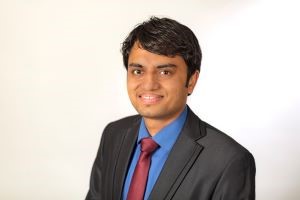

Sachin Kumar Mangla
Full profile
Dr. Sachin Kumar Mangla studies and works in the field of Circular Economy, Green and Sustainable Supply Chain and Operations; Industry 4.0; Decision Making and Simulation. He teaches Supply Chain and Operations Management and Decision Making. He currently has collaborations and positions with various universities in the United Kingdom, Turkey, India, China, and France. He has dozens of studies in a variety of business and sustainability journals. His research has had impact with thousands of citations. He is involved in several editorial positions. He is currently an Associate Editor with Journal of Cleaner Production, International Journal of Logistics Management, and IMA Journal of Management Mathematics. He is a collaborator on several research projects on various issues and applications of Circular Economy, Industry 4.0 and Sustainability. He is part of the European Commission RISE grant. Recently, he has also received a grant as a PI from the British Council – Newton Fund Research Environment Links Turkey/UK – Circular and Industry 4.0 driven solutions for reducing food waste in supply chains. Contact email – sachinmangl@gmail.com; sachin.kumar@plymouth.ac.uk; smangla@jgu.edu.in
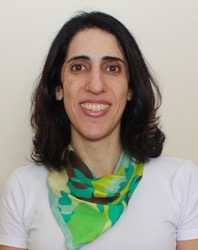

Adriana Marotti de Mello
Associate Professor in Operations Management, School of Economics, Business and Accounting, University of São Paulo
Full profile
Adriana Marotti de Mello is graduate in Chemical Engineering, Master and PhD in Production Engineering (Polytechnic School at USP); her research interests include Transitions to Sustainable Production and Consumption Systems, specially in Circular Supply Chains Management






Tebogo Mashifana
Senior Lecturer, University of Johannesburg
Full profile
Dr. Tebogo Mashifana is a Senior Lecturer at the University of Johannesburg: Department of Chemical Engineering. She holds a Doctoral degree in Civil Engineering, a Master of Business Administration degree, a Postgraduate Diploma in Higher Education, and a certificate in Artificial Intelligence for Industry. Her research area is in solids wastes beneficiation to convert waste materials to value-added products and wastewater treatment. She has a great interest in developing sustainable, cost-effective, environmentally friendly, and suitable solutions to convert waste materials to useful and value-added products. Dr. Mashifana's research also focuses on resource recovery from wastes, working towards achieving Sustainable Development Goals 12 and 13.
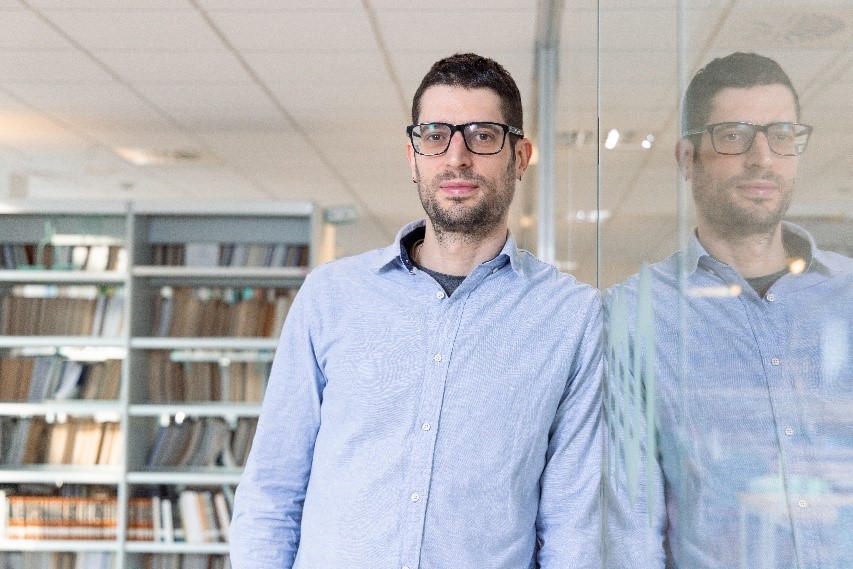



Joan Manuel F. Mendoza
Ikerbasque Research Fellow, Mondragon University
Full profile
I hold a PhD in Environmental Science and Technology from the Autonomous University of Barcelona (UAB) (international mention through a research stay at the Danish Centre for Environmental Assessment), where I was trained on the application of the life cycle assessment methods and tools for sustainable city development. Later on, I joined the Sustainable Industrial Systems group at the University of Manchester (UoM) as a research associate to develop life cycle assessment, eco-design and circular economy projects, including circular and sustainable business model innovation. In 2019, I returned to the Basque Country (Spain), where I joined the University of Mondragon (Faculty of Engineering) and was granted an Ikerbasque Research Fellowship to develop industrial circular economy projects. Since January 2021, I am the Coordinator of the Research Group on Circular Economy and Industrial Sustainability, working on four major areas of action: i) circular and sustainable design of products and technologies, ii) circular and sustainable industrial manufacturing, iii) technology-enabled circular and sustainable business model innovation, and iv) circular economy and sustainability assessment methods, tools and indicators. Before my PhD studies, I also worked at Tecnalia Research and Innovation (Energy and Environment Division), and in environmental consulting.
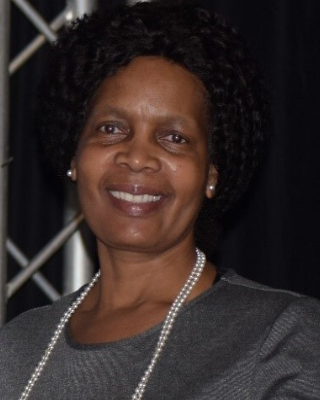

Joyce Mnesi Mdiniso
Lecturer, University of Zululand
Full profile
Dr Joyce Mnesi Mdiniso is employed as the lecturer in the Department of Anthropology and Development Studies in the Faculty of Arts, University of Zululand. She holds the following qualifications: Ph.D. in Recreation and Tourism, MBA and Dip in Environmental Law. Her research interests are local economic development, local enterprises, ecotourism and environmental sustainability. She has organised Business Exhibition where students were showcasing their businesses and stakeholders from various organisations were part of the exhibition. Dr JM Mdiniso has reviewed a book chapter for IGI Global International Journal, articles for Journal of Development Studies, African Pharo Journal and Journal of African Education. Dr Joyce Mnesi Mdiniso is employed as the lecturer in the Department of Anthropology and Development Studies in the Faculty of Arts, University of Zululand. She holds the following qualifications: Ph.D. in Recreation and Tourism, MBA and Dip in Environmental Law. Her research interests are local economic development, local enterprises, ecotourism and environmental sustainability. She has organised Business Exhibition where students were showcasing their businesses and stakeholders from various organisations were part of the exhibition. Dr JM Mdiniso has reviewed a book chapter for IGI Global International Journal, articles for Journal of Development Studies, African Pharo Journal and Journal of African Education.
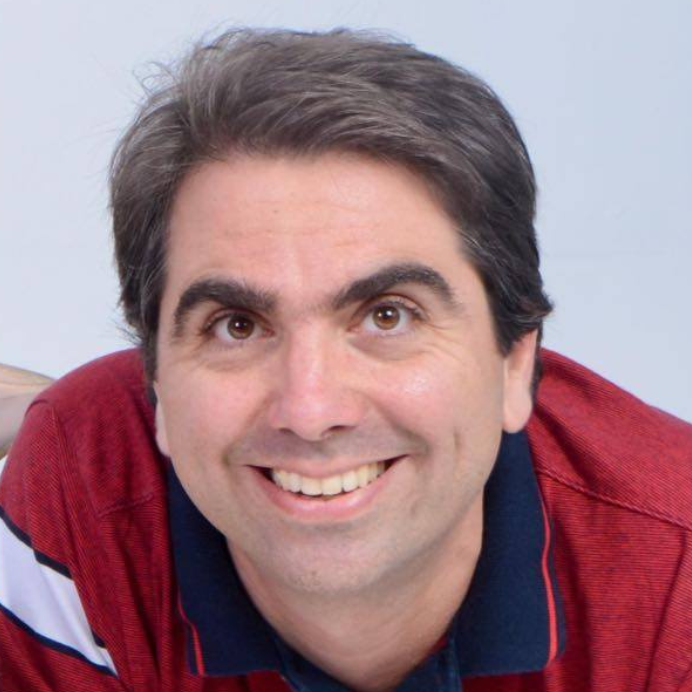

Aldo Roberto Ometto
Professor, University of São Paulo
Full profile
Graduate in Chemical Industrial Engineering from the Federal University of São Carlos (1997), Master's Degree in Sciences - Environmental Engineering from the University of São Paulo (2000) and PhD in Hydraulic Engineering and Sanitation – Life Cycle Engineering from the University of São Paulo (2005), Brazil, with a PhD trainee in Technical University of Denmark (DTU) in 2003. Professor at the University of São Paulo (USP), in Brazil, since 2006. Post Doc in Industrial Ecology and Circular Economy at Universitat Autònoma de Barcelona (UAB), Spain, in 2011. Lead of the Research Center for Circular Economy at InovaUSP, since 2018, finalist of World Economic Forum Award “The Circulars” in 2018 at Leadership and Public Institution categories as USP Leader in Circular Economy Program in Education, Research and Innovation. Also, lead of the Pioneer and Profiled Universities Network from Ellen MacArthur Foundation.
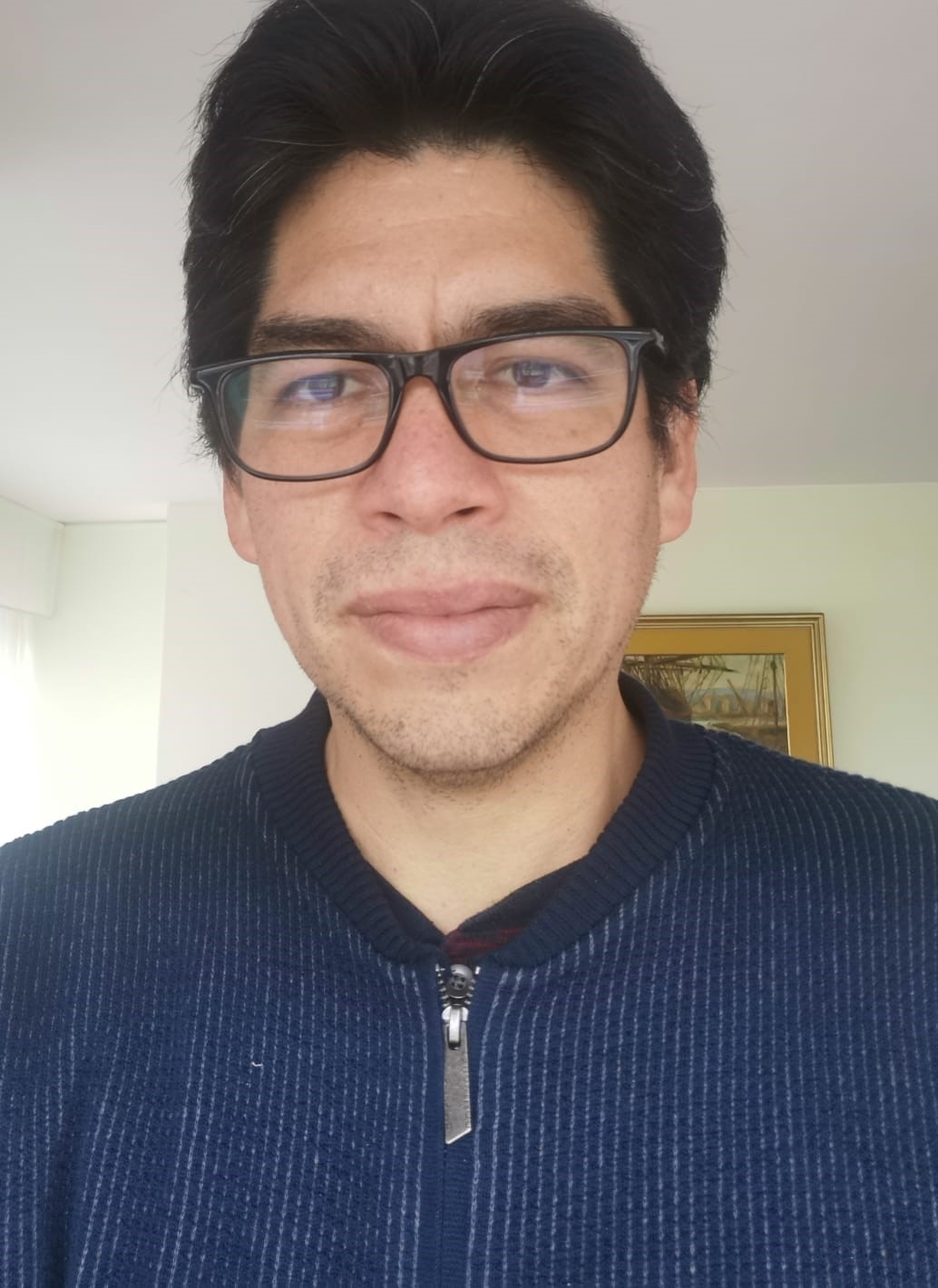



Jose Ignacio Pineda-Mendoza
Professor, Business Administration, Universidad Privada San Juan Bautista
Full profile
José gained his PhD from the Alliance Manchester Business School, The University of Manchester in 2020. His research focuses on understanding processes of sustainable economic transformations that lead to development in developing countries. This interest has enabled him to focus on how circular practices are applied in the Amazon rainforest, and how processes of economic formalisation are led by organisational and institutional change that connect with new forms of market competition. In addition, he researches how socioeconomic systems adapt to emerging complex circumstances in developing countries, such as climate change, in non-optimal ways.
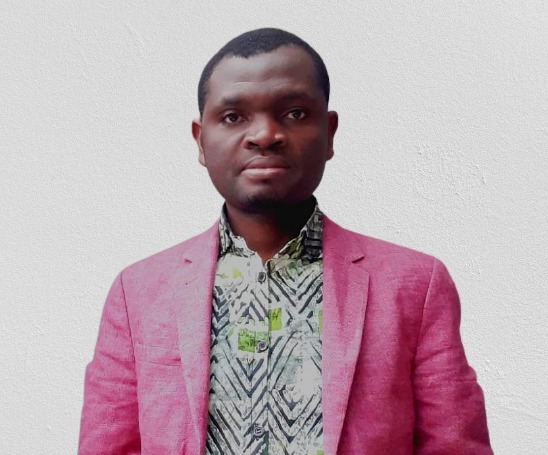



Mubarik Kassim Rabiu
PhD Researcher, Brandenburg University of Technology
Full profile
I am a sustainability researcher at Brandenburg University of Technology and part of the Innovative Training Network ‘Circular Plastic Network for Training (C-PlaNeT)’ funded by EU H2020 Marie Skłodowska-Curie Actions. My ongoing PhD research focuses on consumer practices in a circular economy/society for plastics.
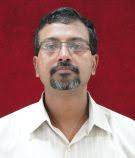

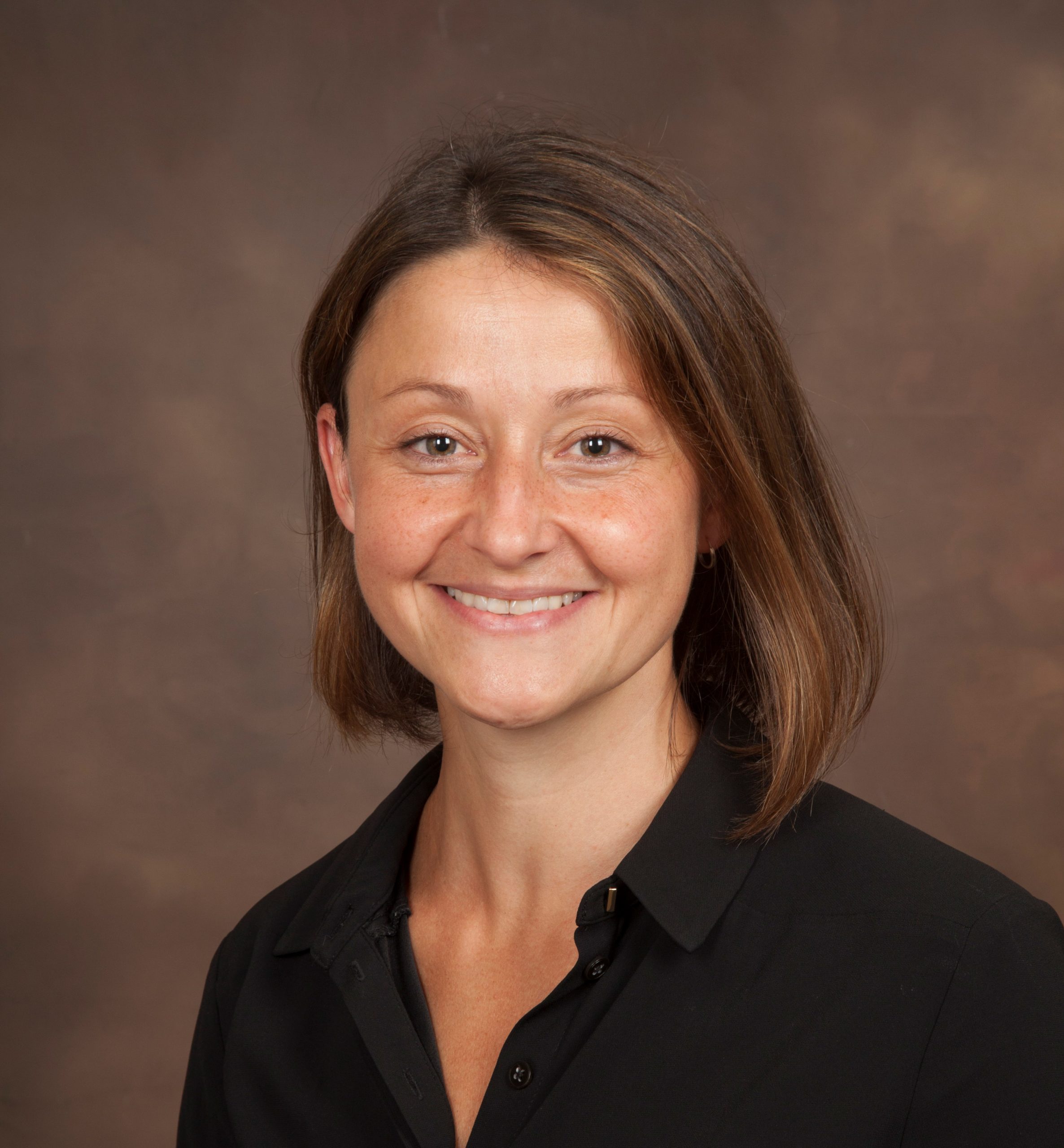

Jennifer Russell
Assistant Professor, Virginia Polytechnic Institute & State University; Virginia Plastic Waste Prevention Advisory Council; Cradle-to-Cradle Product Innovation Institute - Standards Steering Commitee
Full profile
Dr. Russell works in the area of circular economy and sustainability, the flows of materials within economic consumption-production systems, and strategies for slowing and closing material loops. As co-author of the UNEP International Resource Panel publication “Re-defining Value – The Manufacturing Revolution”, her background includes an emphasis on strategy for market transformation. Dr. Russell received her PhD degree from the Golisano Institute for Sustainability at the Rochester Institute of Technology. Prior to joining the department, the position she held was a lecturer in Sustainable Operations and Supply Chain, and Circular Value Chain, in the MBA in Sustainability program at Bard College. Prior to pursuing academia, Dr. Russell worked as an industry sustainability consultant for 10 years, for multi-national CPG clients based across North America and Europe. Dr. Russell’s research program is centered around the integration of, and opportunities to operationalize circular systems and business models.This work spans sustainable materials, applications in packaging and the built-environment, and circular practice including remanufacturing, refurbishment, repair, reuse, and recycling.
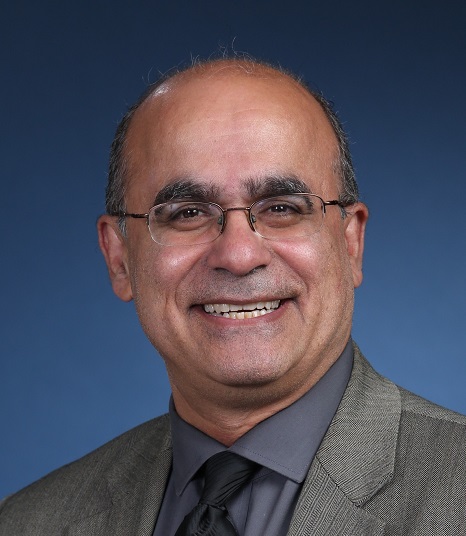

Joseph Sarkis
Professor of Management, Worcester Polytechnic Institute
Full profile
Joseph Sarkis is a Professor in the Foisie Business School at Worcester Polytechnic Institute. He works in the areas of Environmental Sustainability and Business, Green Supply Chain Management, Circular Economy, and Technology Management. He has over 450 publications in a broad variety of outlets. He has been a Web-of-Science Highly cited researcher for a number of years. He is an international program coordinator for the Greening of Industry Networks. He is the Editor-in-Chief of IEEE Engineering Management Review and Associate Editor for Resources, Conservation, and Recycling journals. He is also a Co-Editor of the Greening of Industry Networks book series published by Springer-Nature.
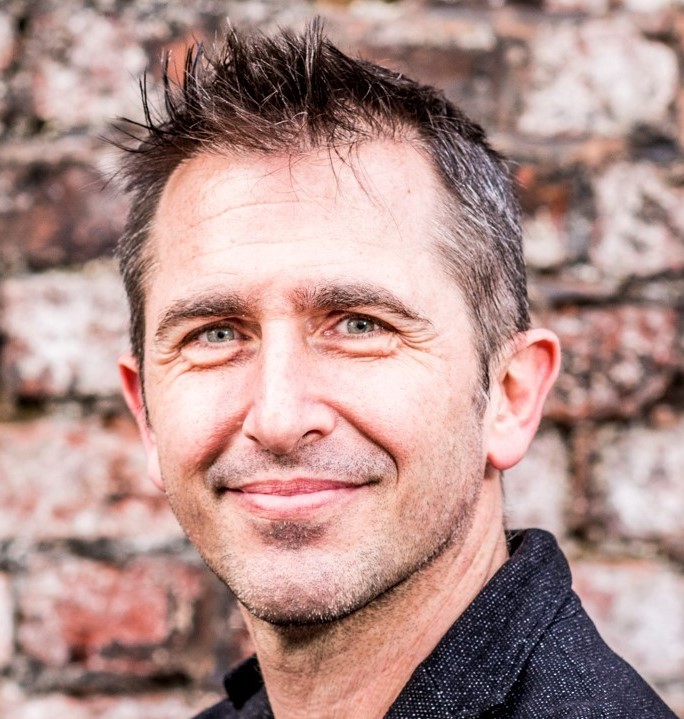



Alejandro Gallego Schmid
Senior Lecturer (Associate Professor), University of Manchester
Full profile
Dr Alejandro Gallego Schmid works as a Senior Lecturer (Associate Professor) in Circular Economy and Life Cycle Sustainability Assessment at the Department of Mechanical Aerospace and Civil Engineering at the University of Manchester. He is part of Tyndall Manchester - an interdisciplinary team working on relevant research on climate change sustainability, where he works on identifying sustainable solutions for industrial, agricultural, textile, construction, water and energy systems on a life cycle and circular economy basis, taking into account economic, environmental and social aspects. His current research is focused on: i) the role of circular economy to tackle climate change and achieve net-zero solutions; ii) the implementation of circular economy in renewable sources of energy; iii) circular economy and the informal waste sector in the Global South; and iv) the nexus between circular economy and digitalization.






Patrick Schröder
Senior Research Fellow, Chatham House
Full profile
My field of interest is the transition to an inclusive circular economy, I work at the intersection of research, international development cooperation and policy.
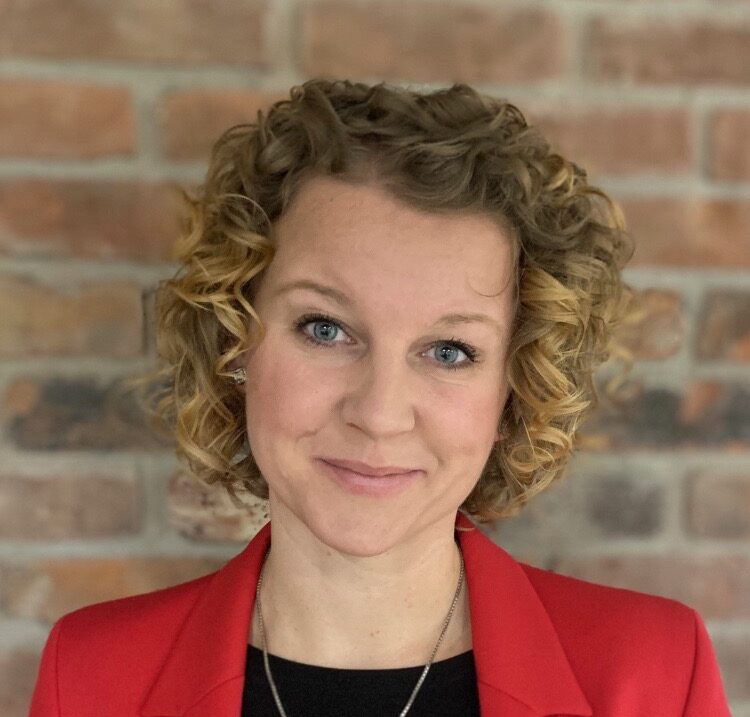



Sahra Svensson-Hoglund
Virginia Tech
Full profile
As an interdisciplinary Ph.D. Student and ICTAS Doctoral Scholar, Ms. Svensson-Höglund researches future states of a realized Circular Economy and how living and consuming in such a society impacts the well-being of individuals. Before becoming a PhD student, she spent several years researching various aspects of product repair, foremost from a policy perspective, but also looking at consumer behavior, the role of repair in resilience, and various systems-approaches to product repair as part of a Circular Economy. M. Svensson-Hoglund has consulting and project management experience from non-profits, public entities and businesses in China, Sweden, Cameroon and the United States in the fields of sustainable business strategies, energy management, supply chain management, and humanitarian aid. Previous employers include IVL Swedish Environmental Research Institute, United Nations World Food Programme (WFP), and Connecticut Sustainable Business Council. Her Law Degree is from the University of Gothenburg and her BBA from University of Blekinge in Sweden.



Dimitris Stevis
Professor of Political Science, Colorado State University
Full profile
In broad terms my research examines the social governance of the world political economy in the areas of labor and the environment, with particular attention to social power, justice and local/global dynamics. I am currently involved in a number of projects. One project is Adapting Canadian Work and Workplaces to Climate Change, based at York University (Canada). In that context I am investigating the green transition strategies of U.S. and global labor unions, with particular attention to Just Transition proposals, as well as the implications of proposals from key intergovernmental, policy, and advocacy organizations for work and workers. A related project, in collaboration with colleagues from Sweden and the UK, investigates the environmental politics of labor unions across the world. A third collaborative project examines the immigration and labor policies of environmentalist organizations. A fourth project, with colleagues from Colorado State University and supported by the School of Global Environmental Sustainability, focuses on Environmental Justice. Finally, I continue to research global labor politics and global framework agreements.
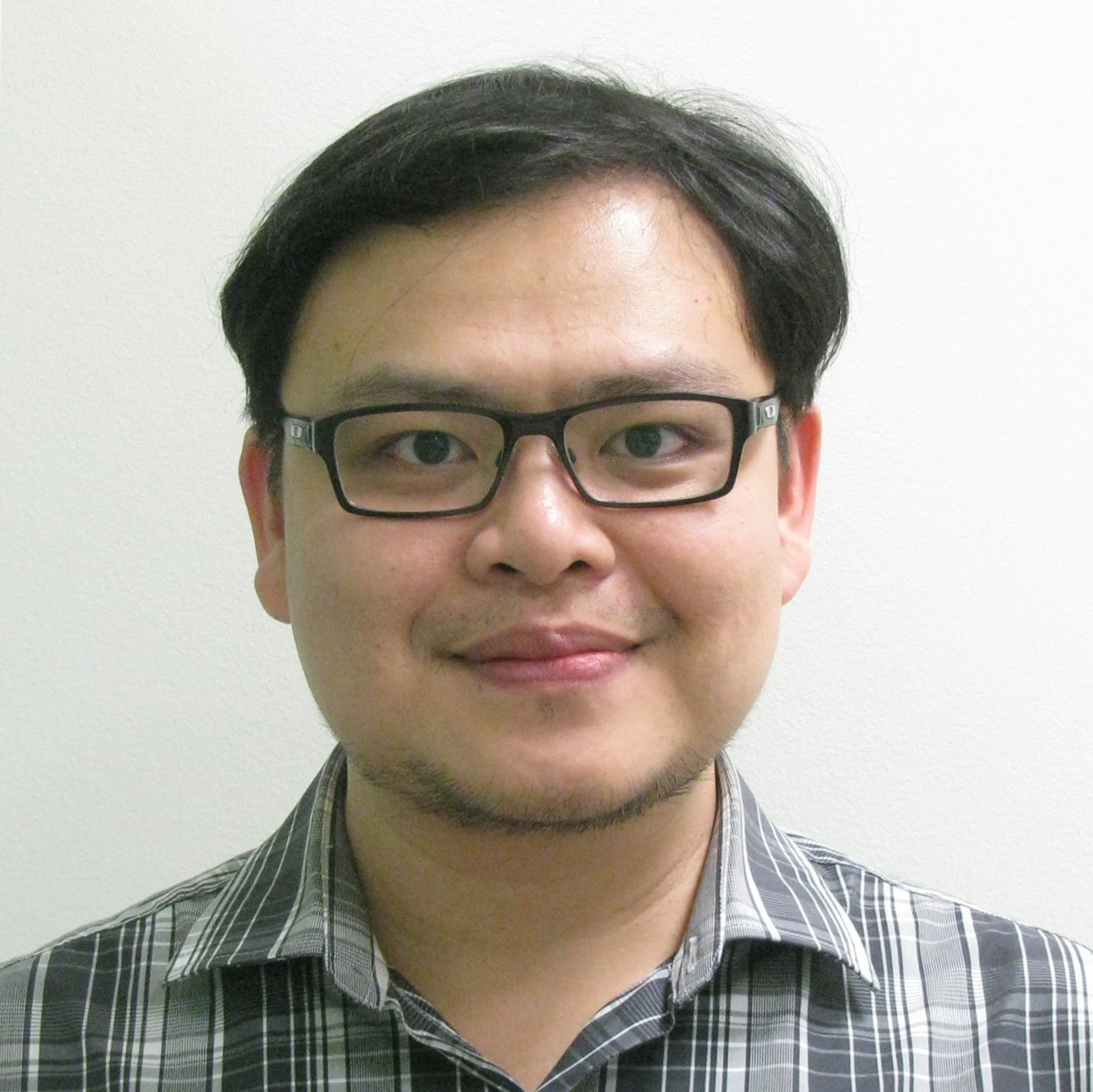

Yu, Derrick Ethelbhert
Professor, Chemistry Department, College of Science, De La Salle University
Full profile
I am a professor of chemistry at De La Salle University in Manila, Philippines. My formal training is in materials chemistry. I obtained my doctorate (D.Sc.) in chemistry (with specialization in materials/solid-state chemistry) from Hokkaido University, Japan. My research involves the molecular design and engineering of functional and sustainable materials. In particular, organic-based electrical conductors to create multifunctionalities such as giant negative magnetoresistance for use as information technology materials; organic-based photocatalytic materials for degrading volatile organic compounds (VOCs); and waste products-derived (coal fly ash and rice hull ash) materials for treating organic water pollutants.
Secretariat
The Future Earth Global Secretariat Hub Japan, through the Research Institute for Humanity and Nature based in Kyoto, provides secretariat and logistical support to the KAN.
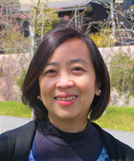

Ria Lambino
Deputy Director, Japan Hub
Full profile
Ria Lambino is based at the Research Institute for Humanity & Nature (RIHN) in Kyoto as Specially Appointed Associate Professor. She received her PhD and Masters from Kyoto University Graduate School of Global Environmental Studies. She has a degree in Applied Physics (although never applied it) but has spent most of her professional career as a practitioner and researcher focusing on environmental conservation and sustainability, with significant experience in the Philippines and in Japan. Prior to joining Future Earth, she worked for WWF Philippines as Vice President for Sustainable Production and Market Engagement and had been involved in transdisciplinary research on watershed governance at RIHN. Her research interests include environmental policy and governance, protected areas & management, renewable energy, water issues, sustainable agriculture & fisheries and sustainable consumption and production.
